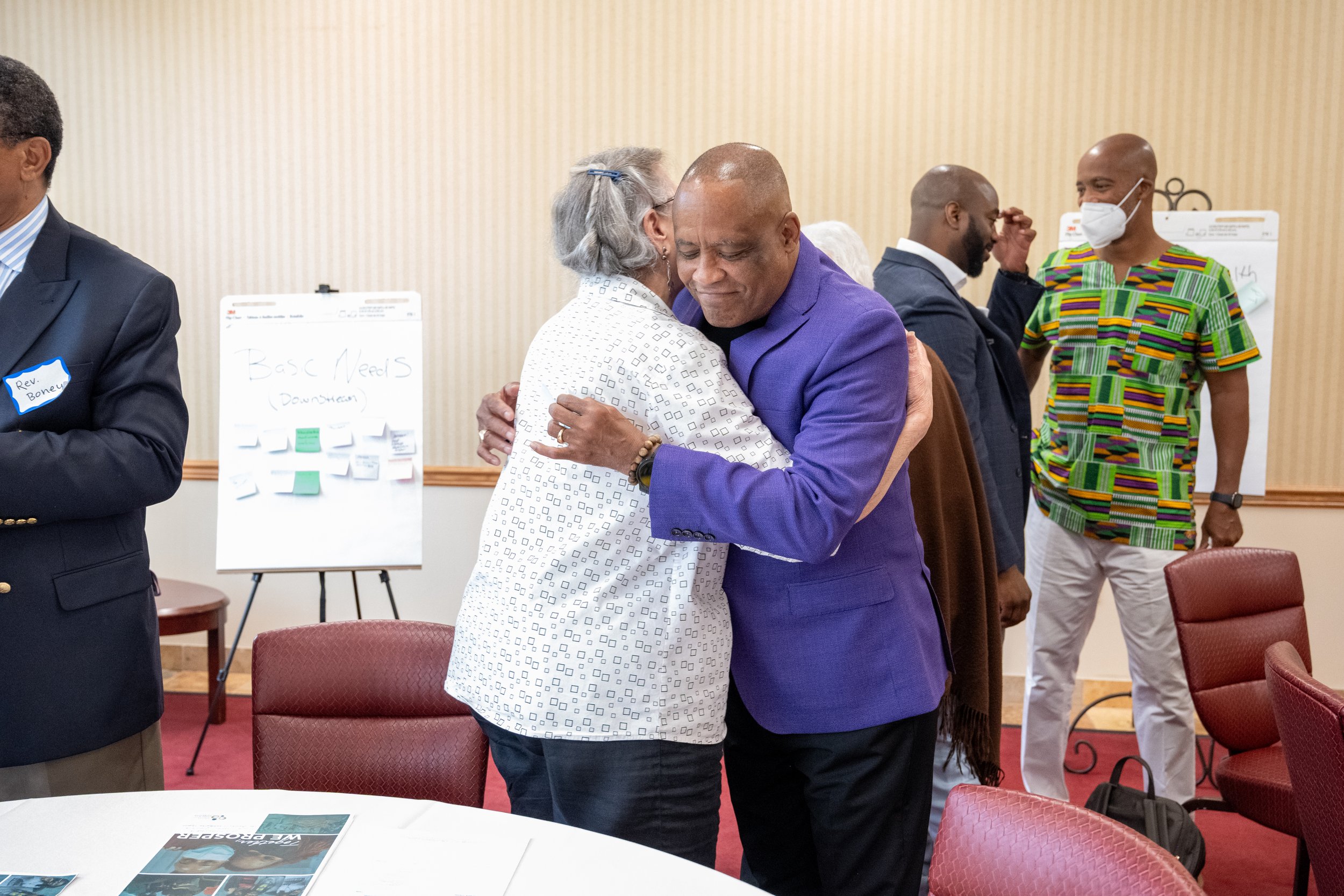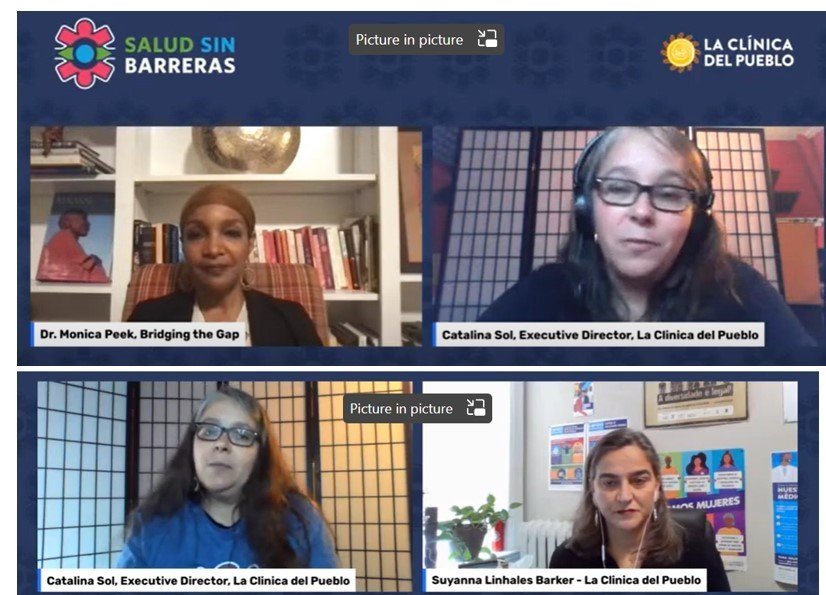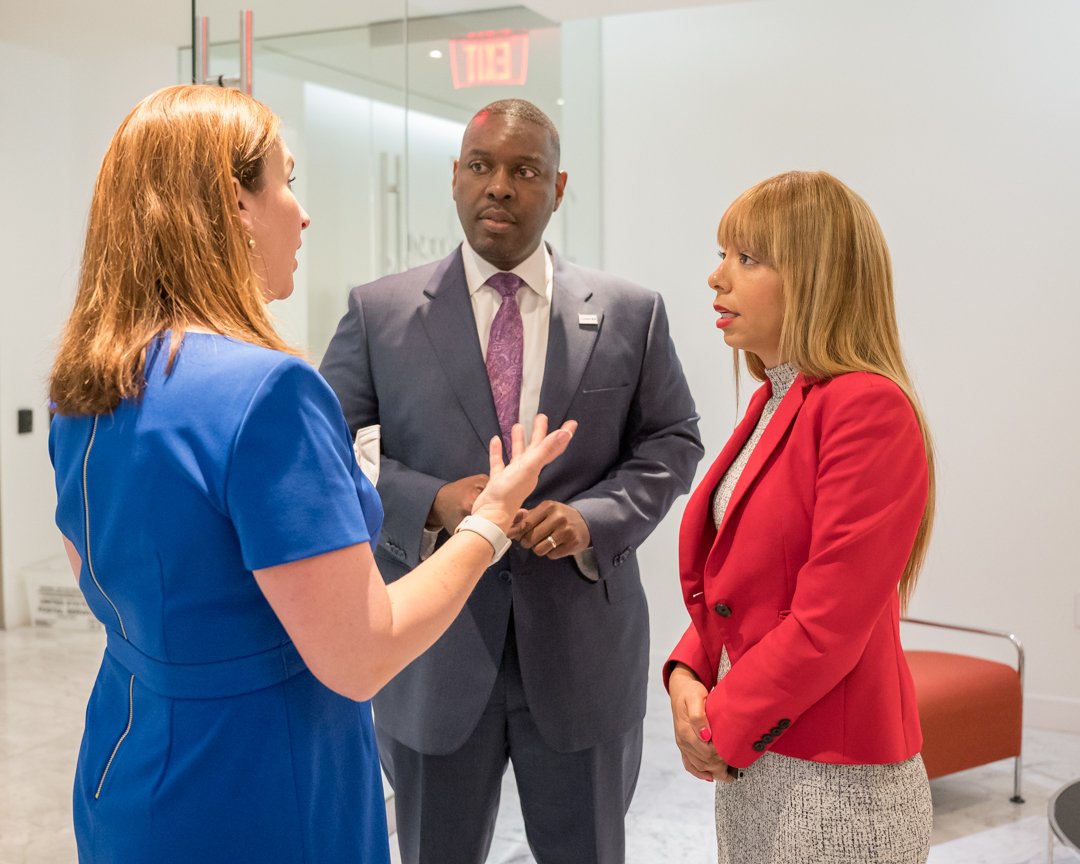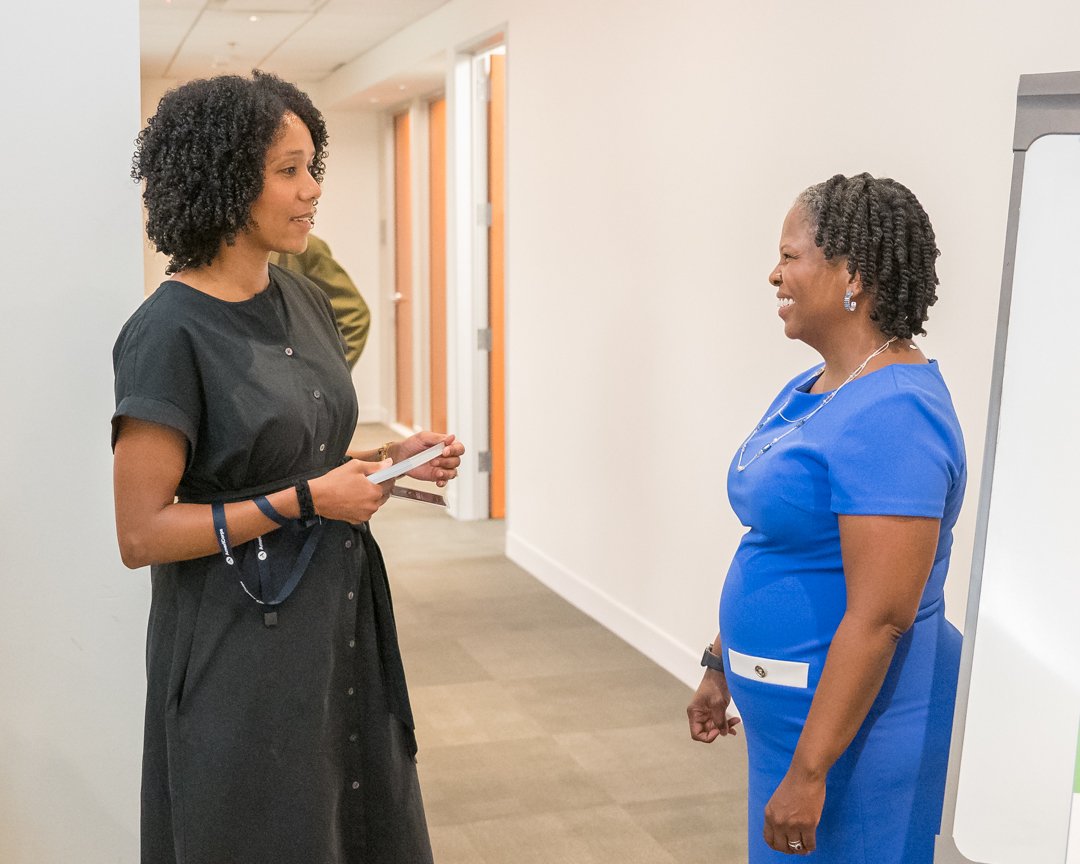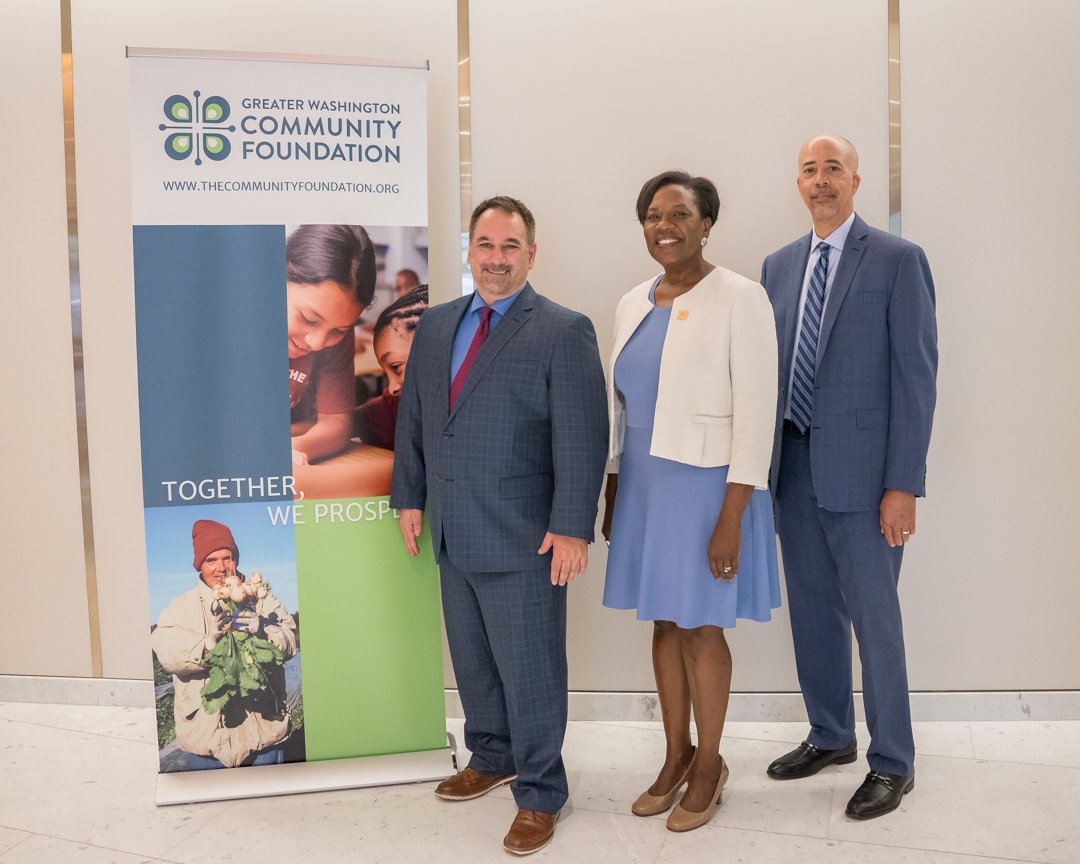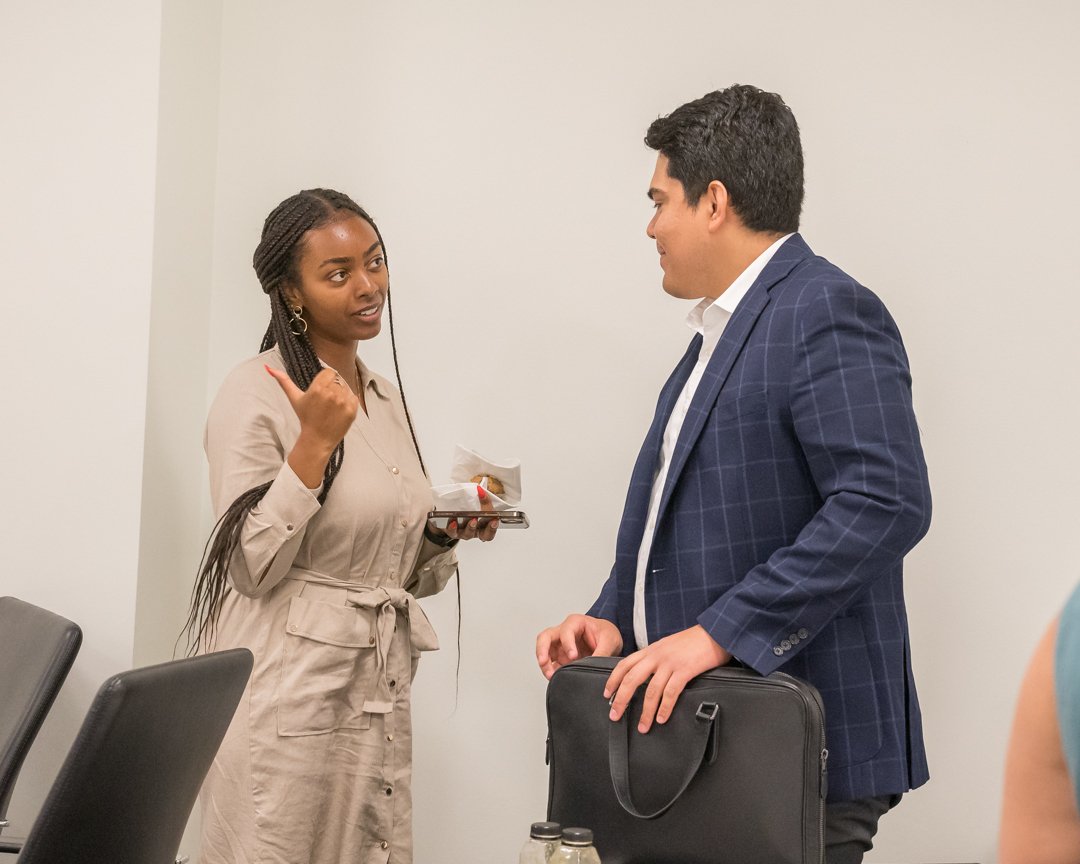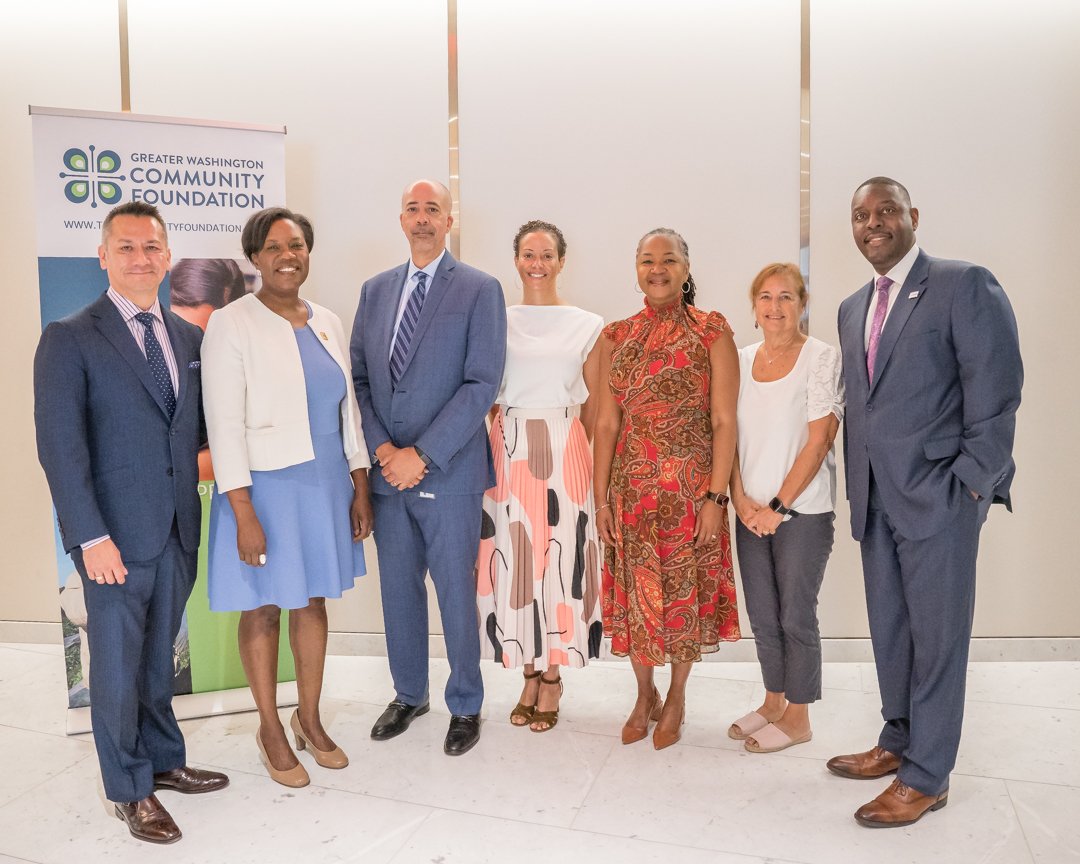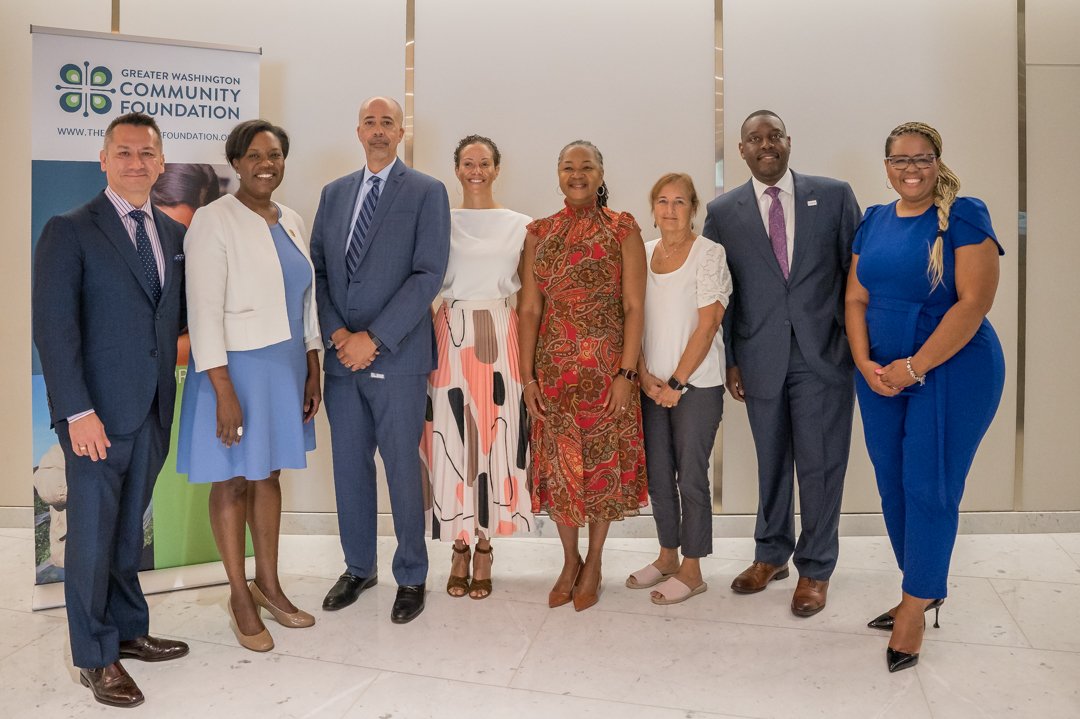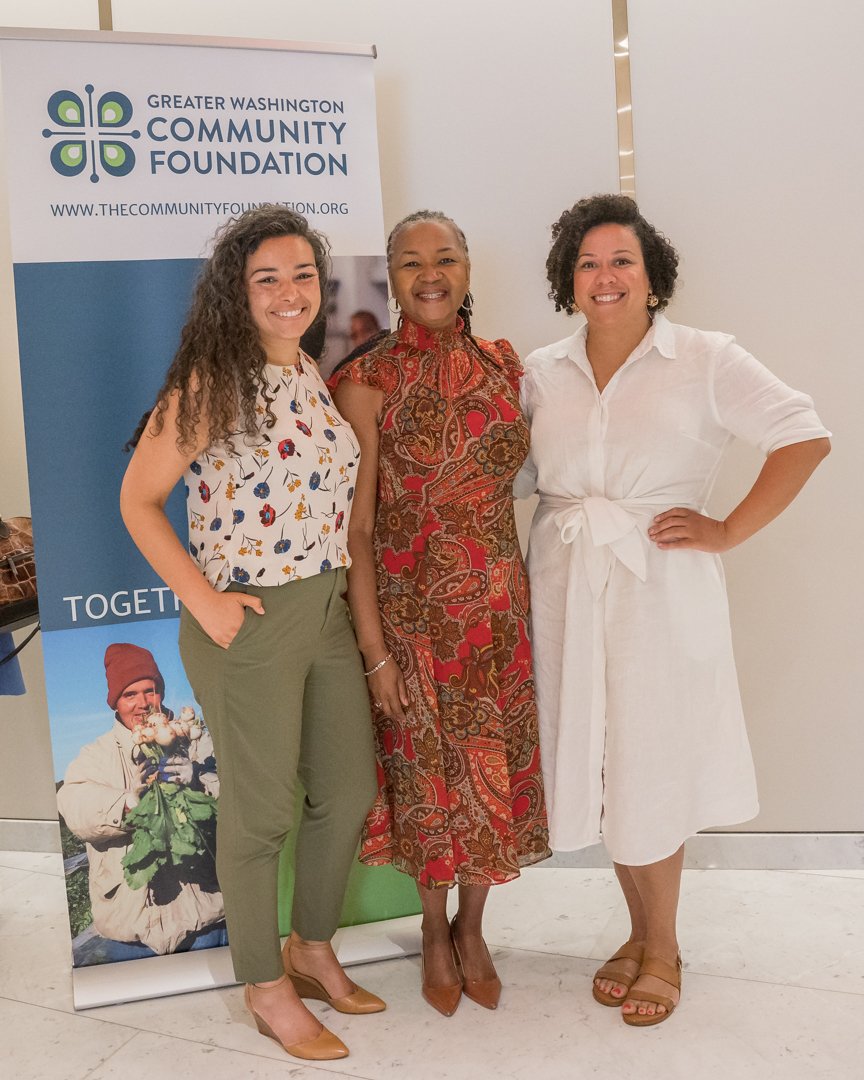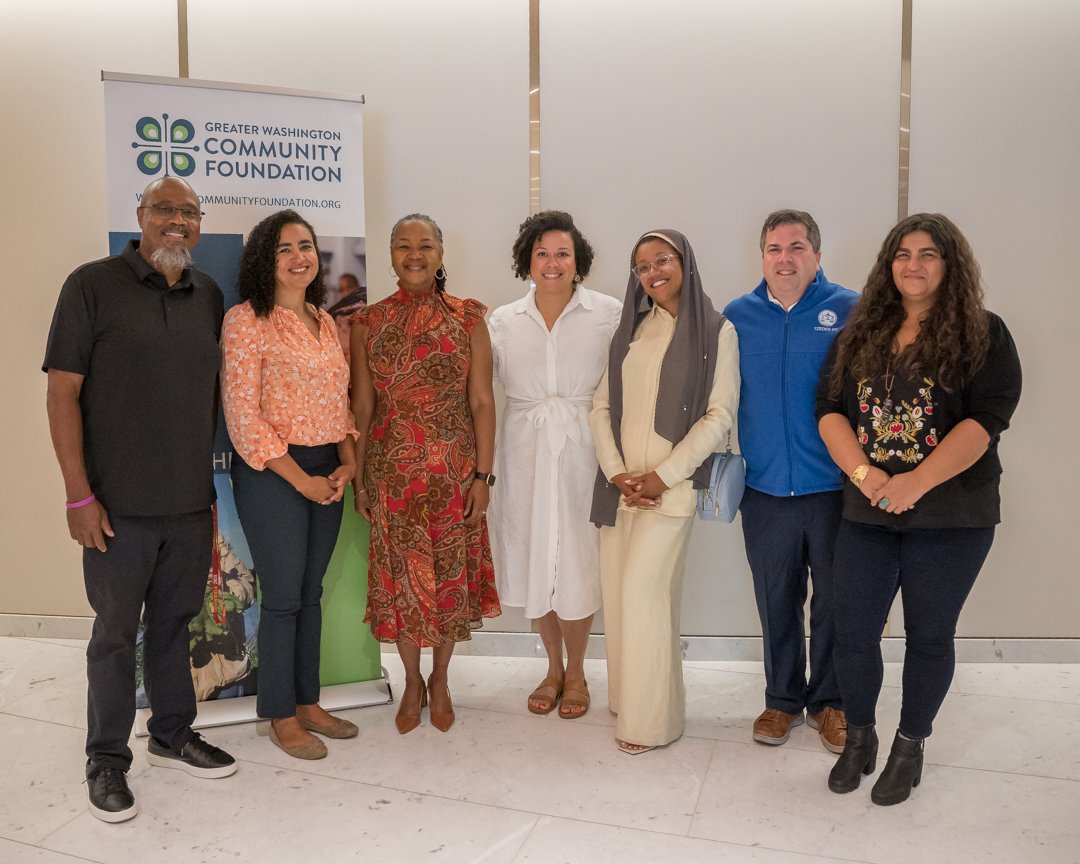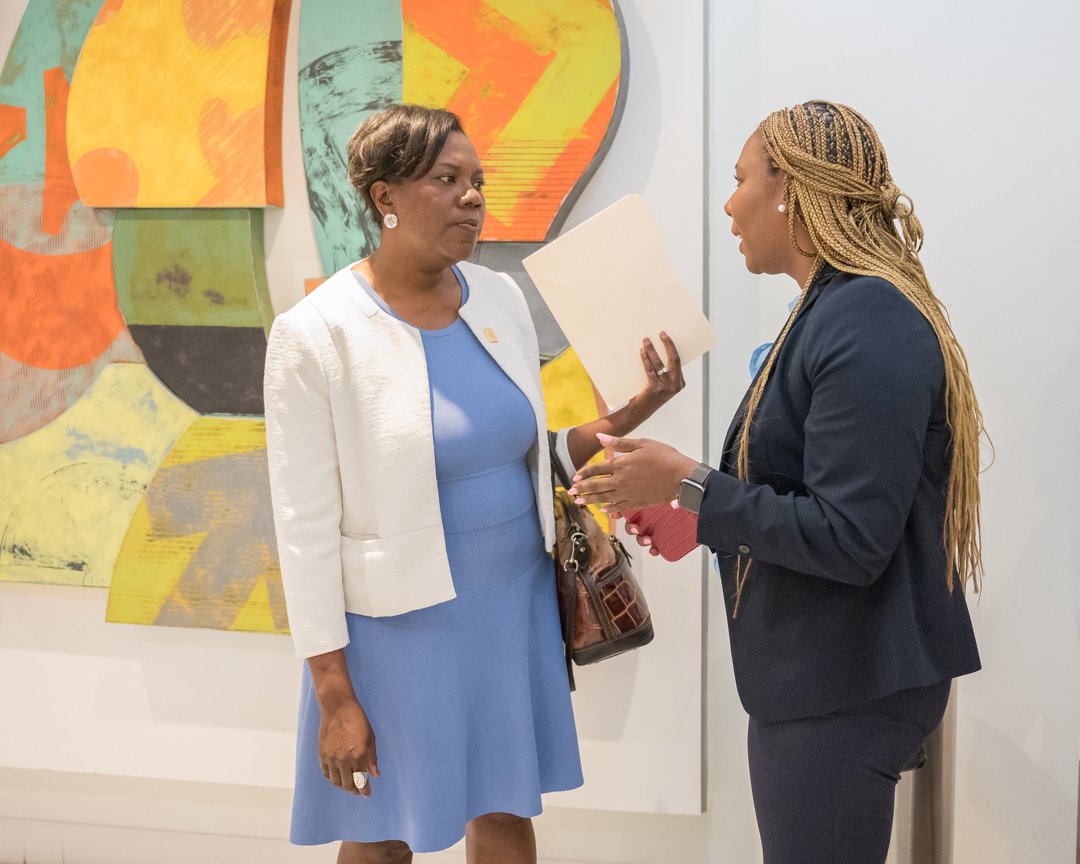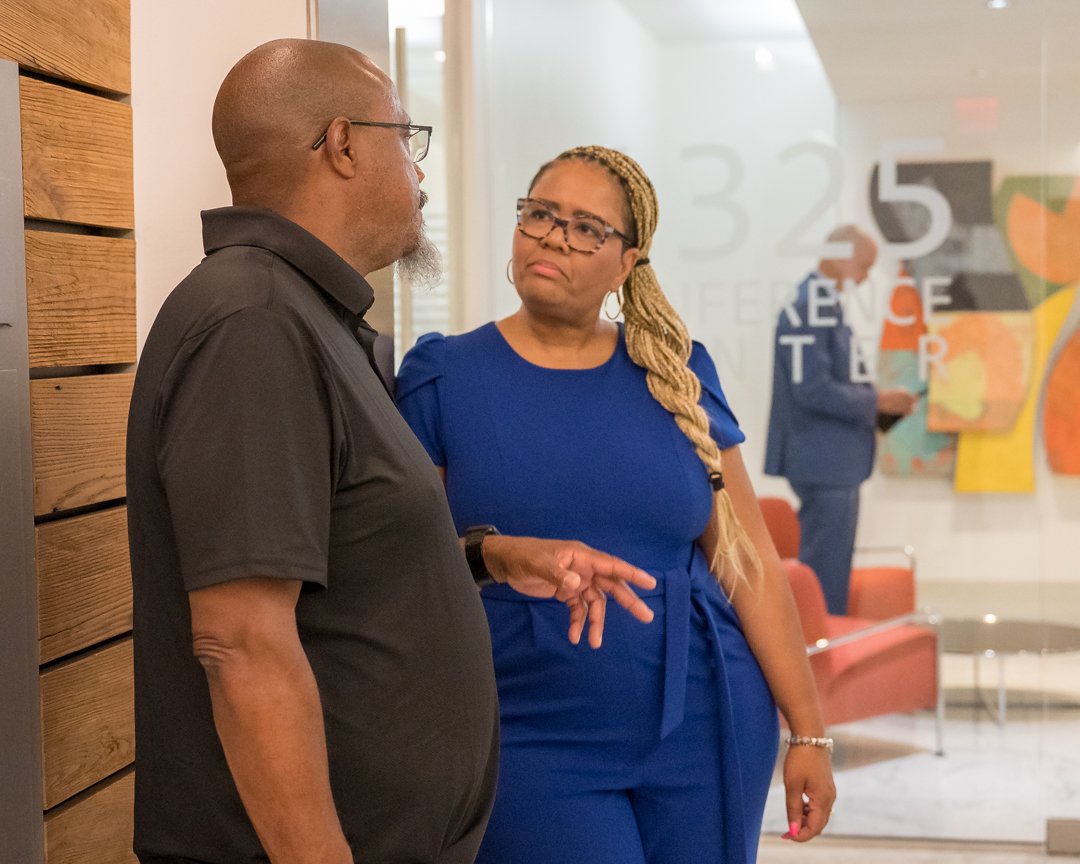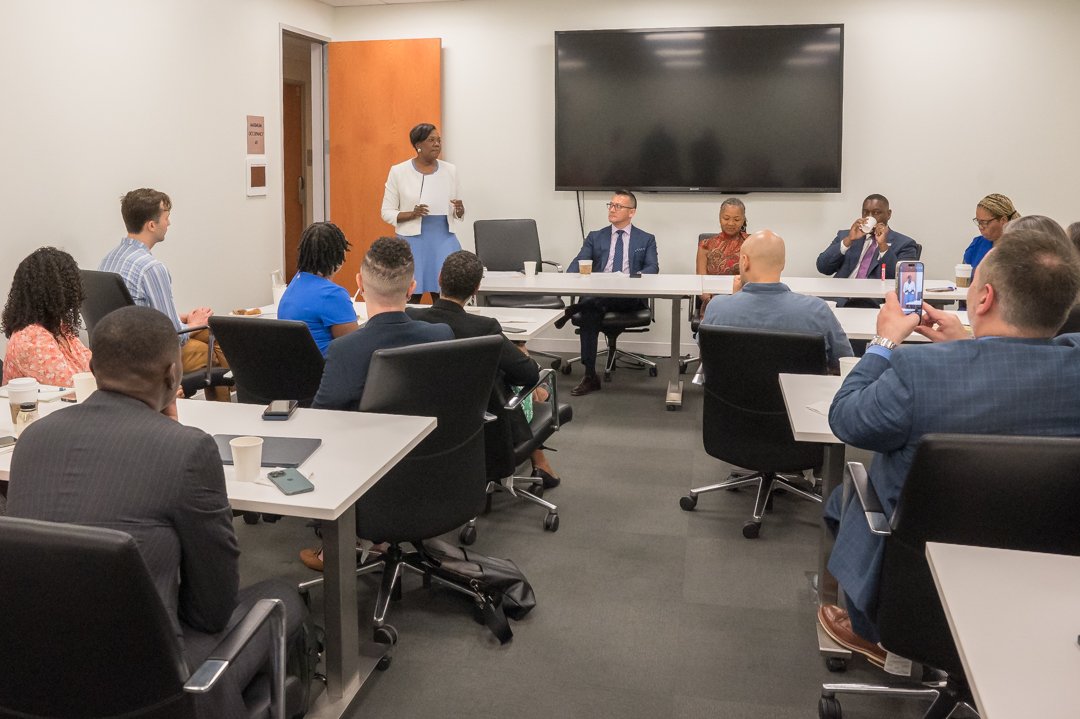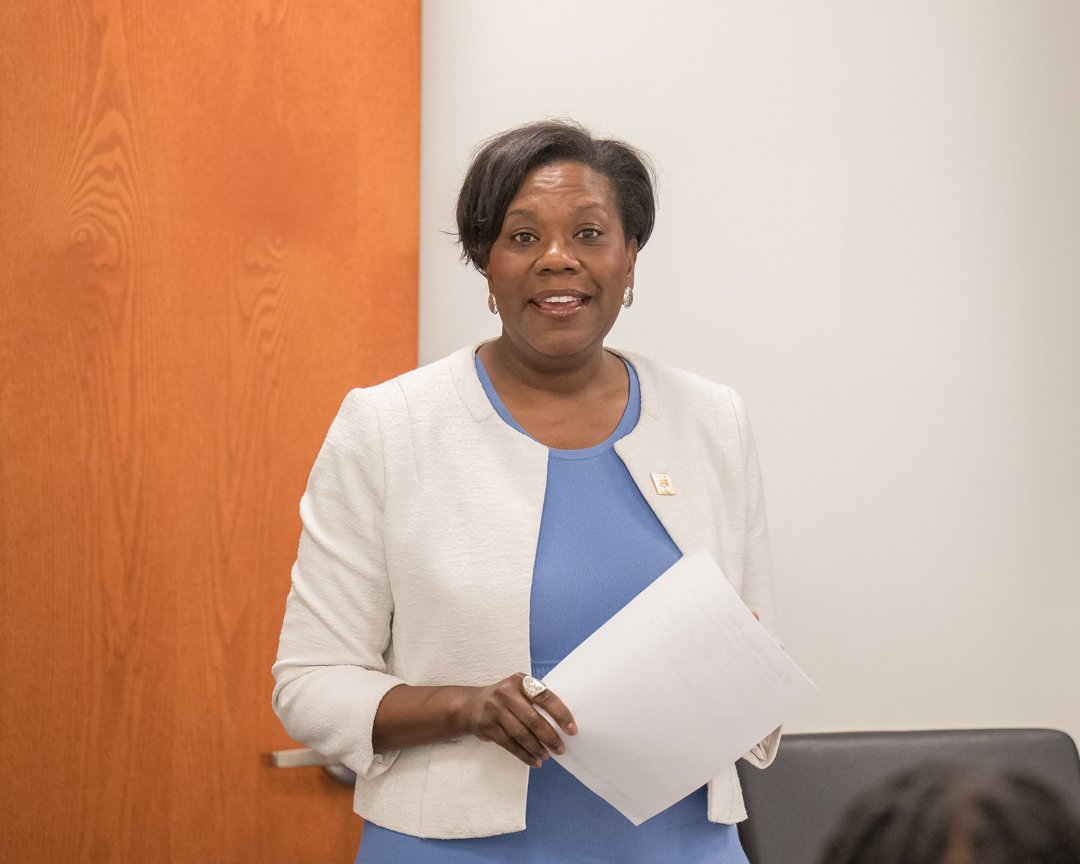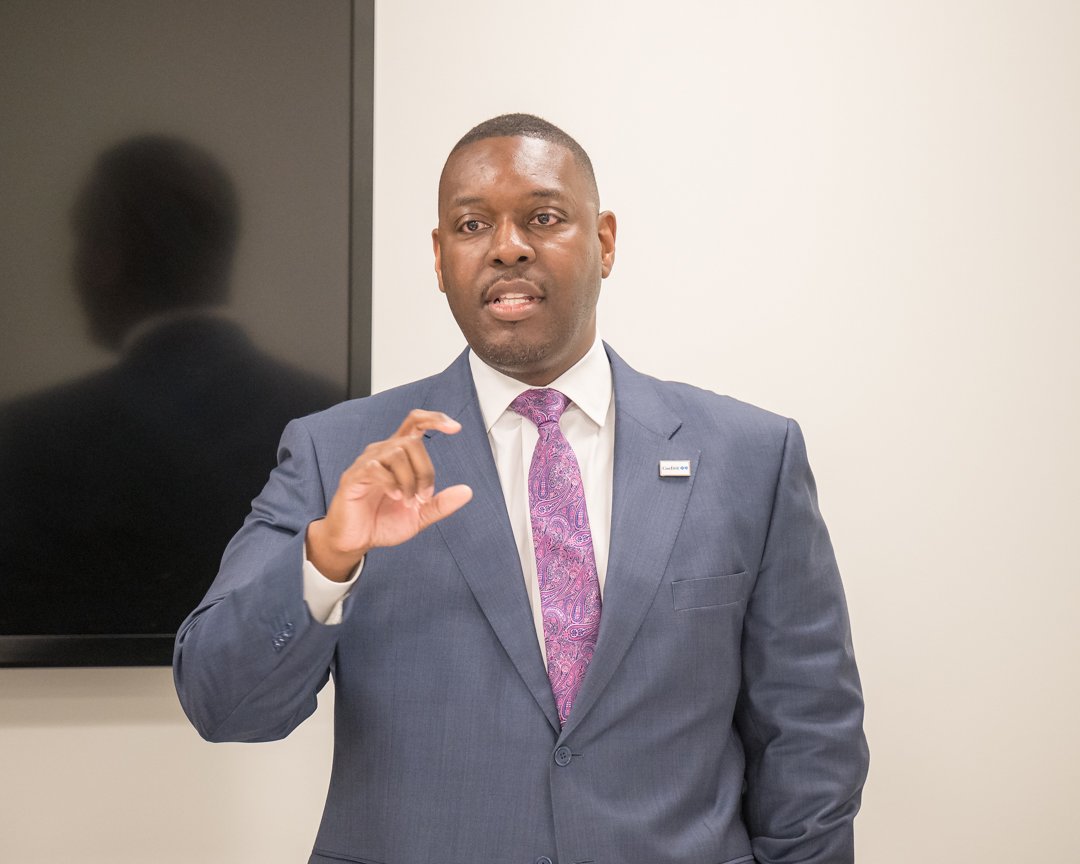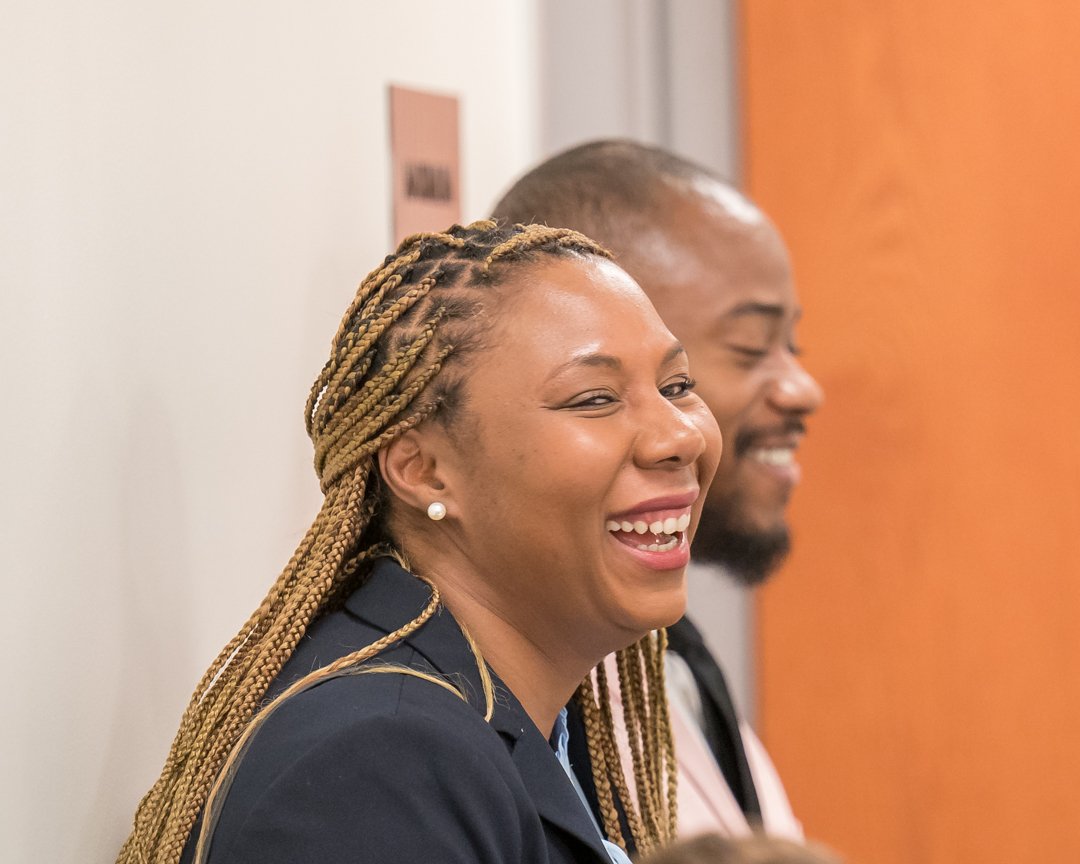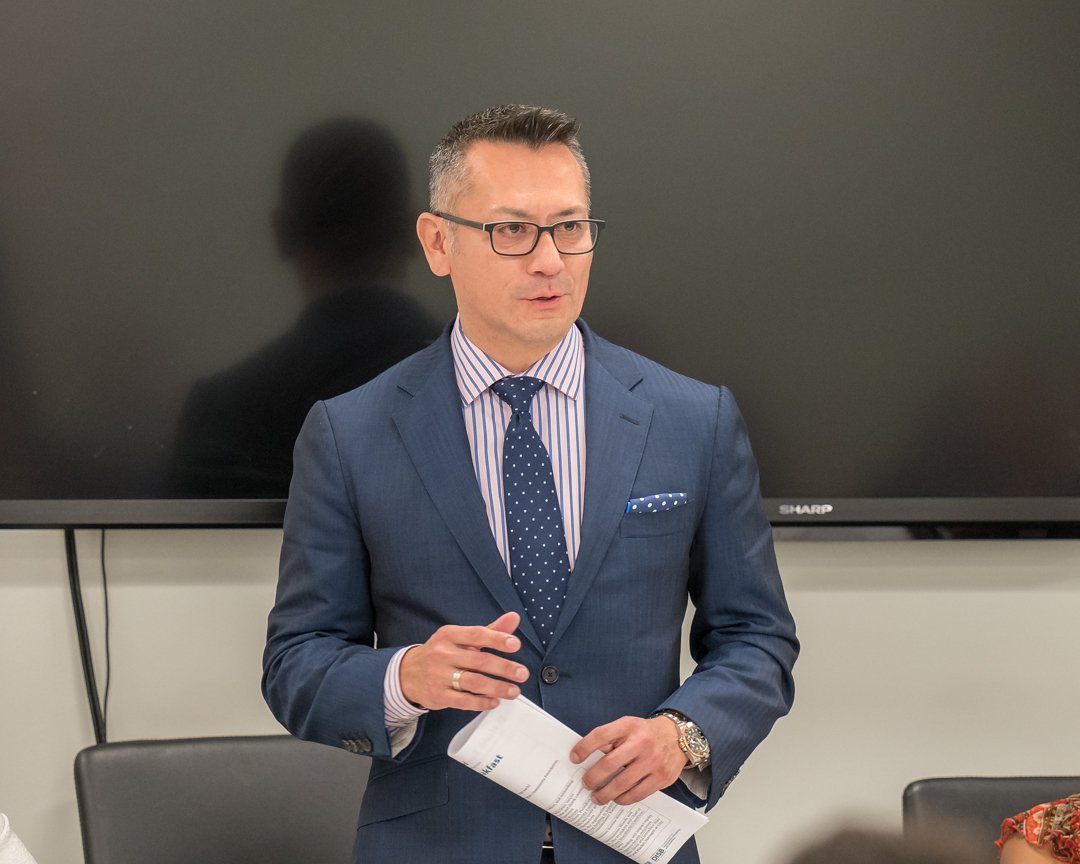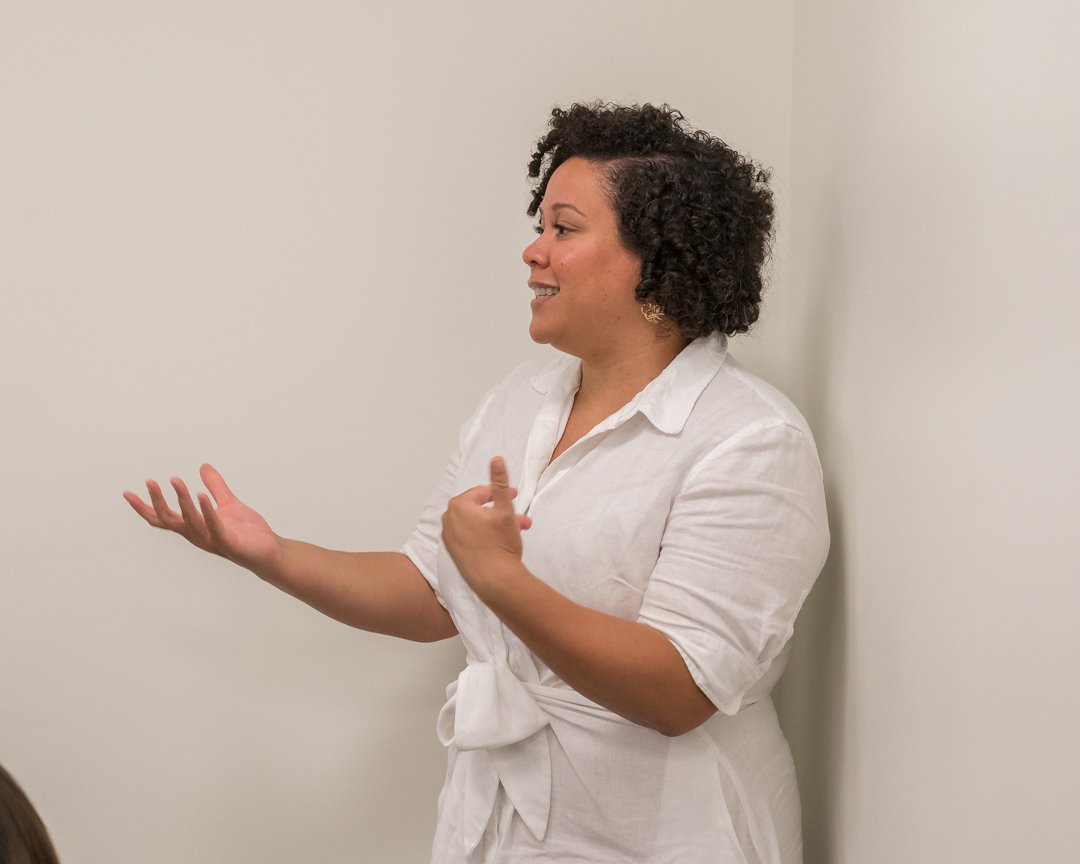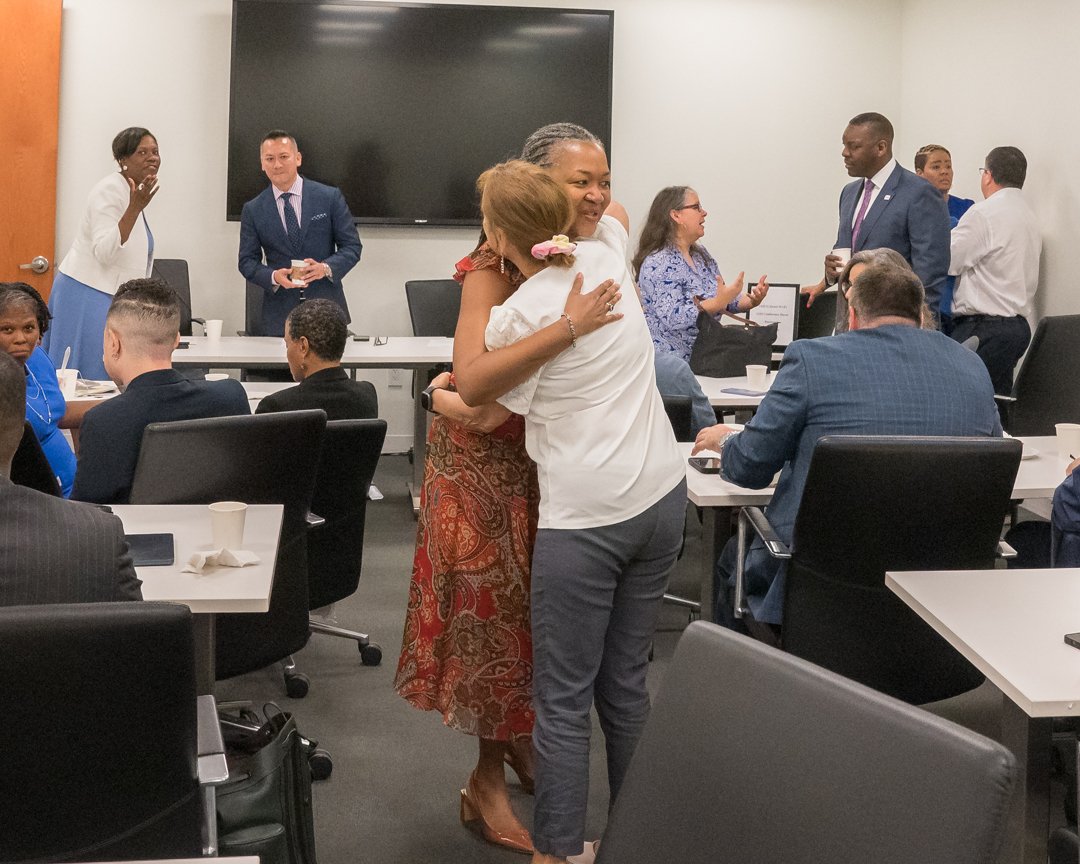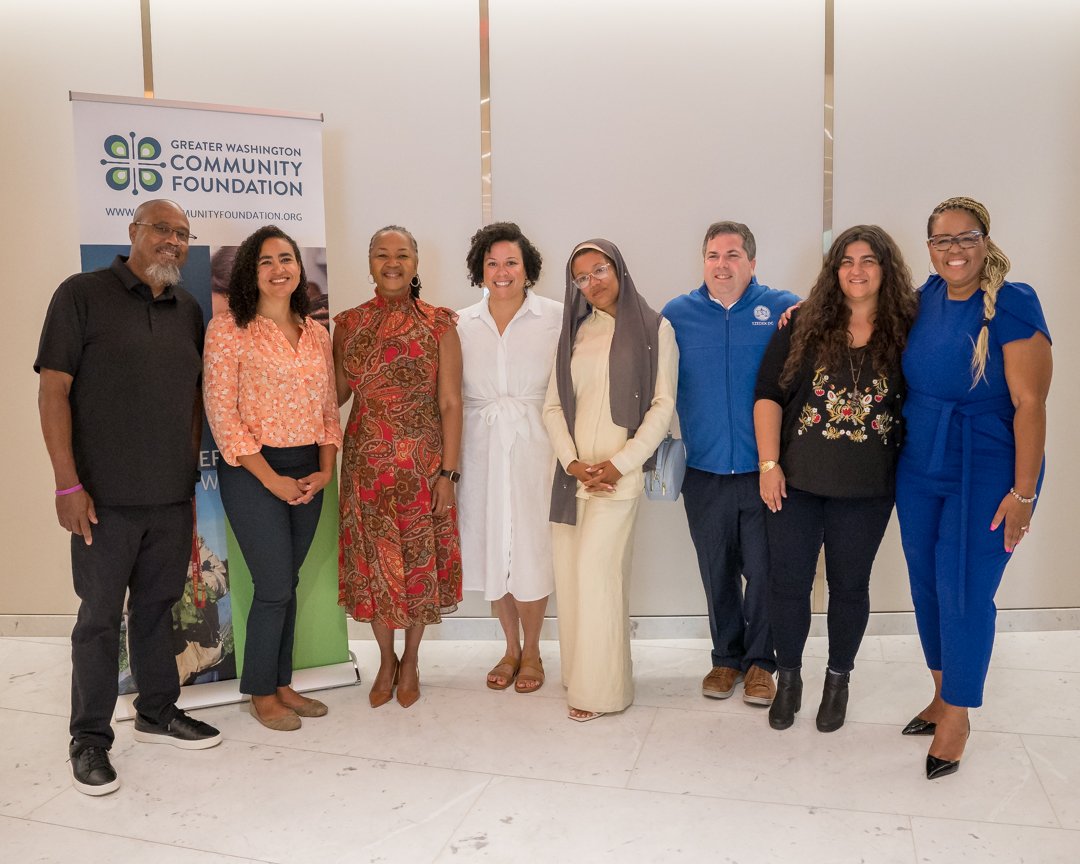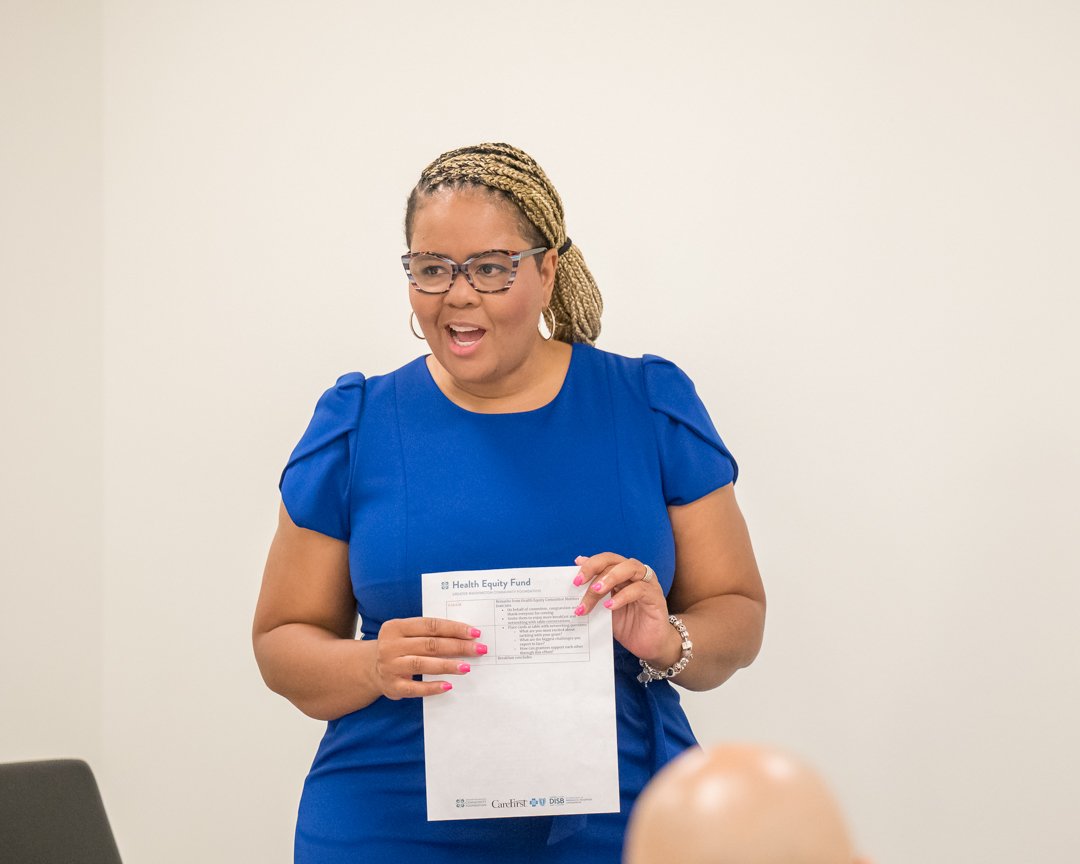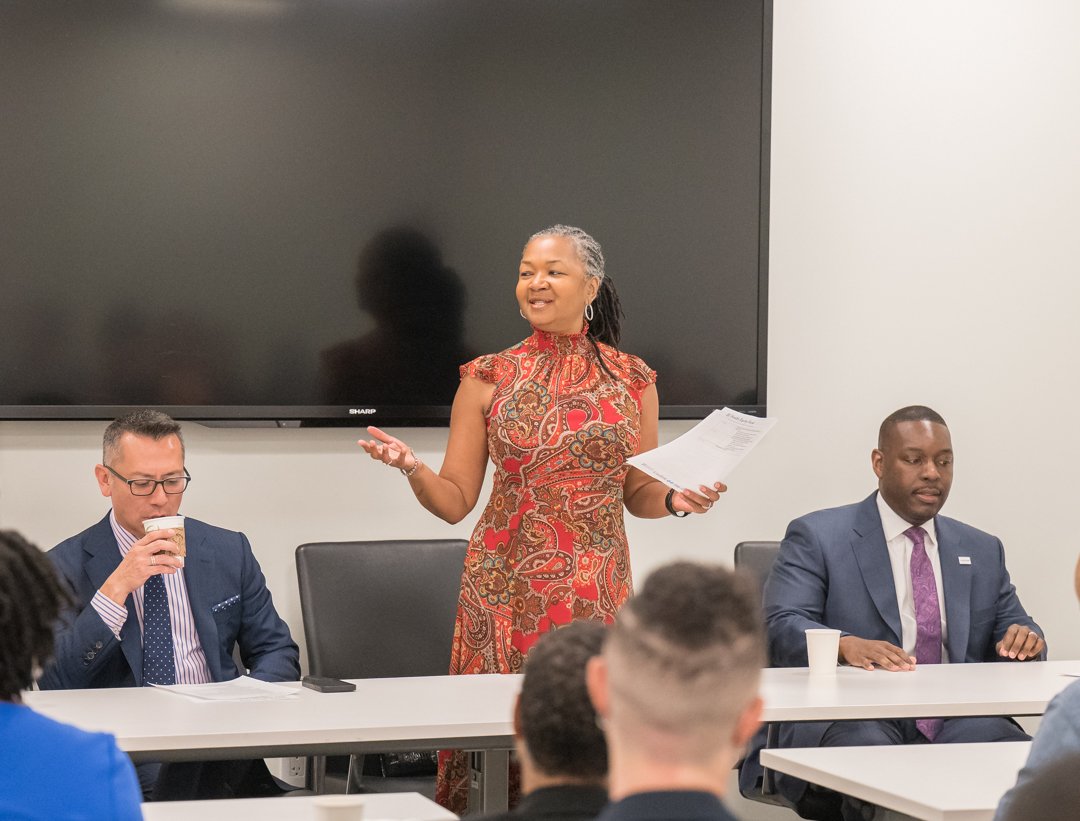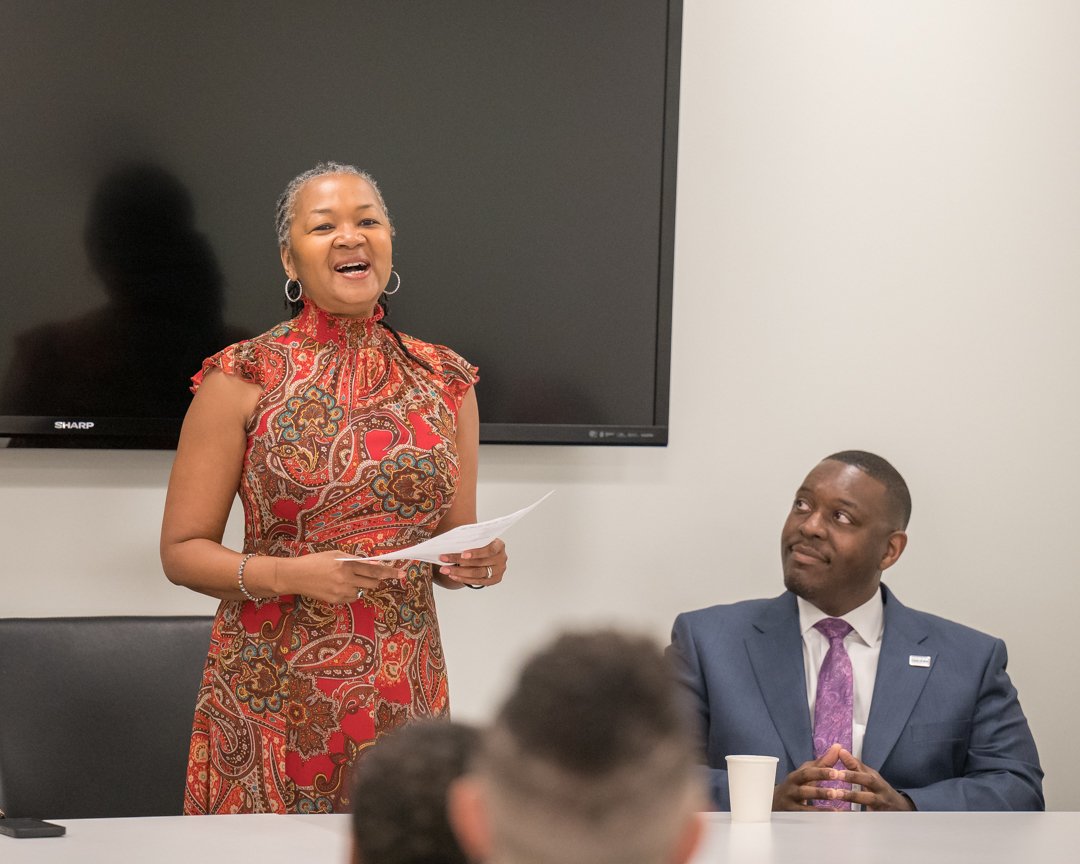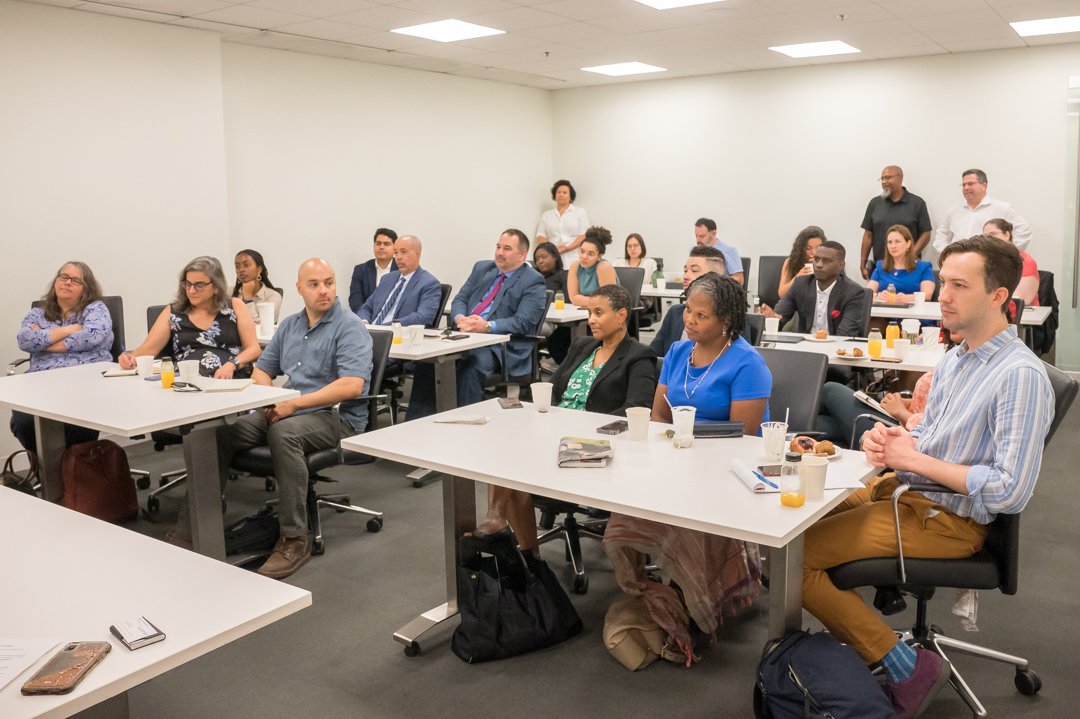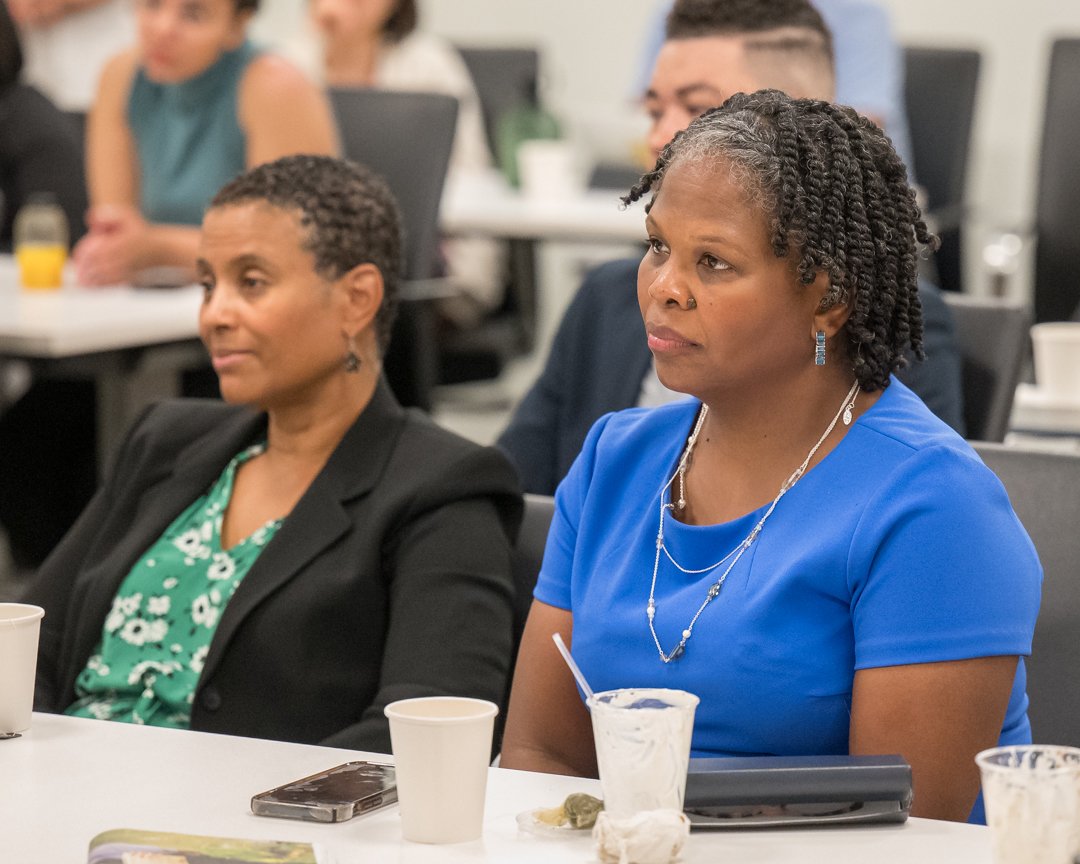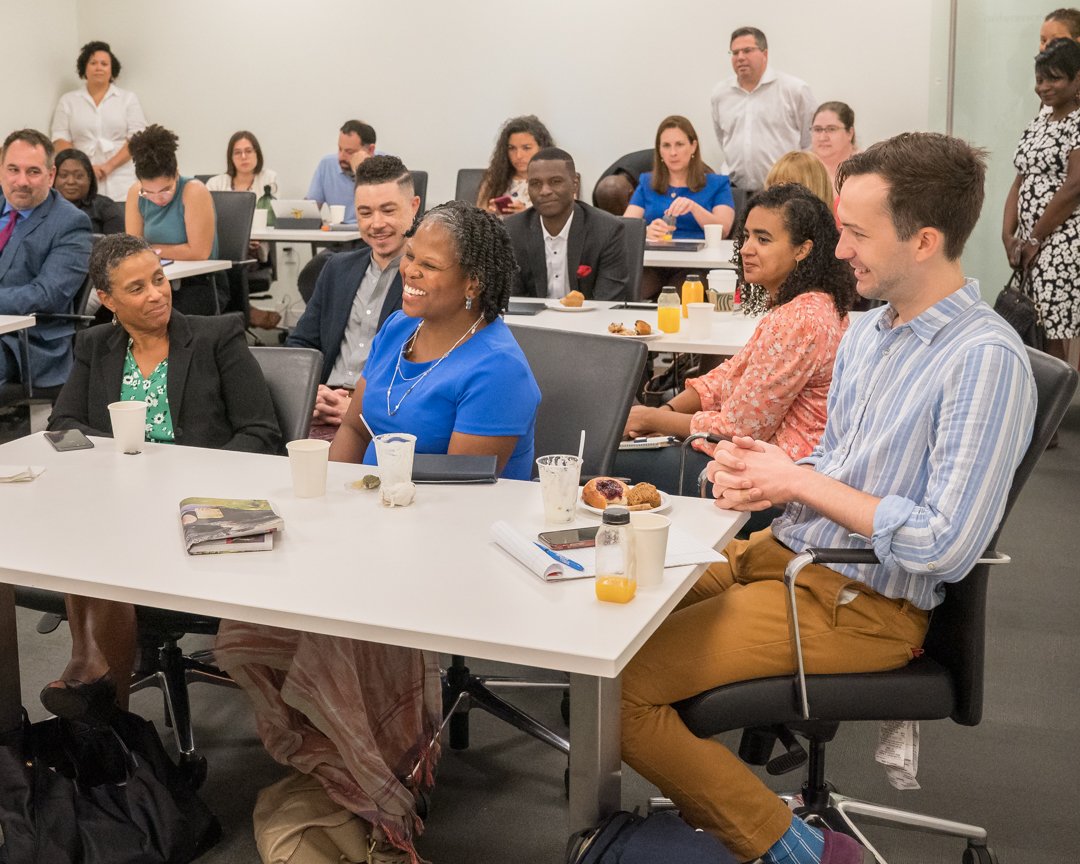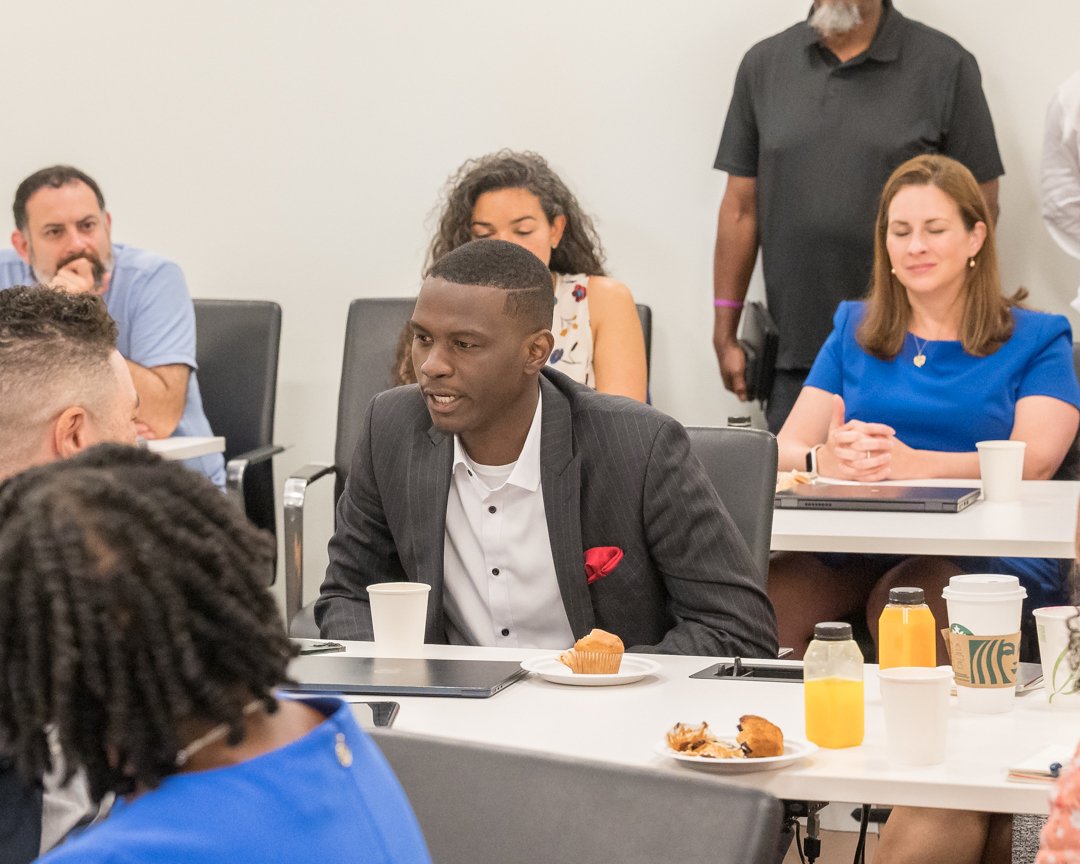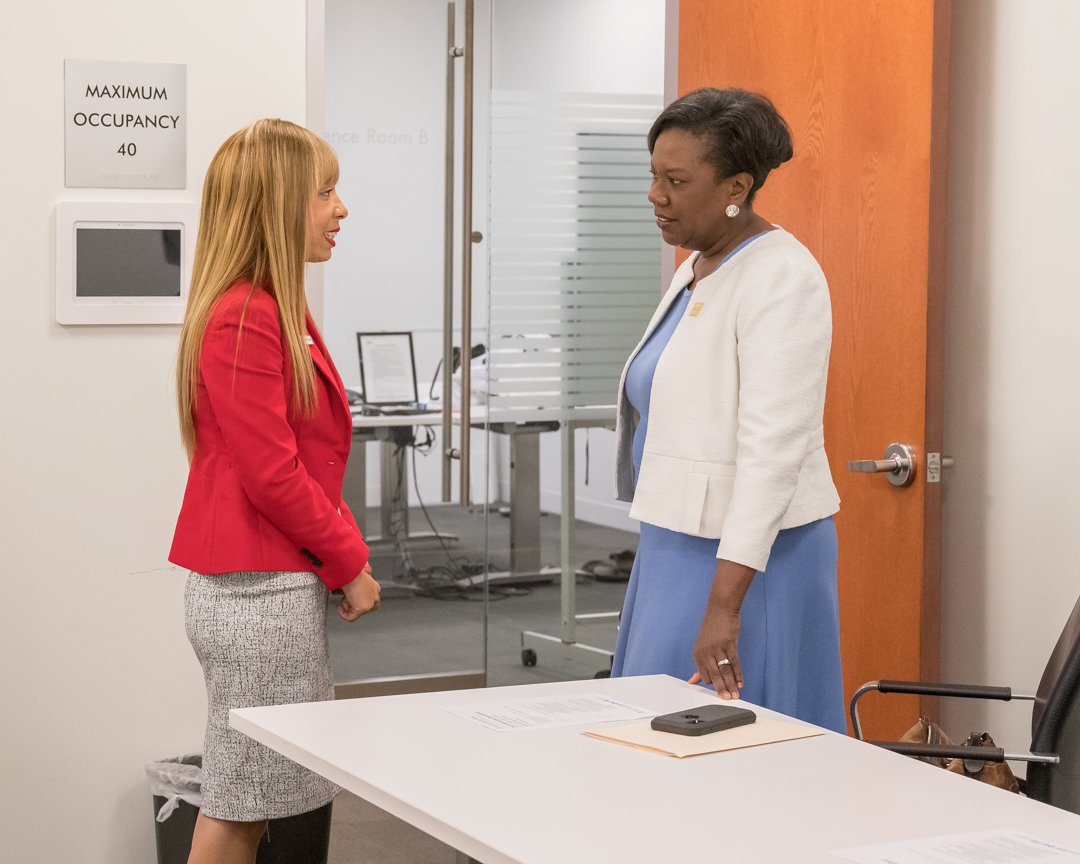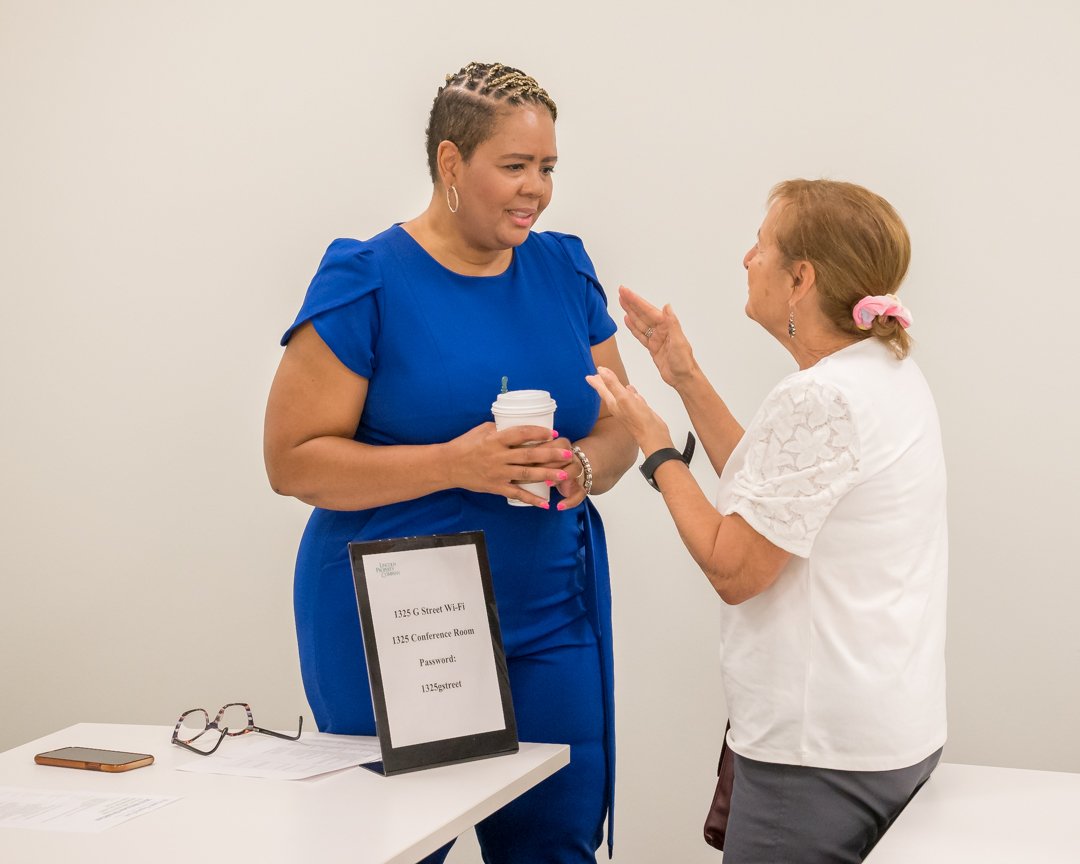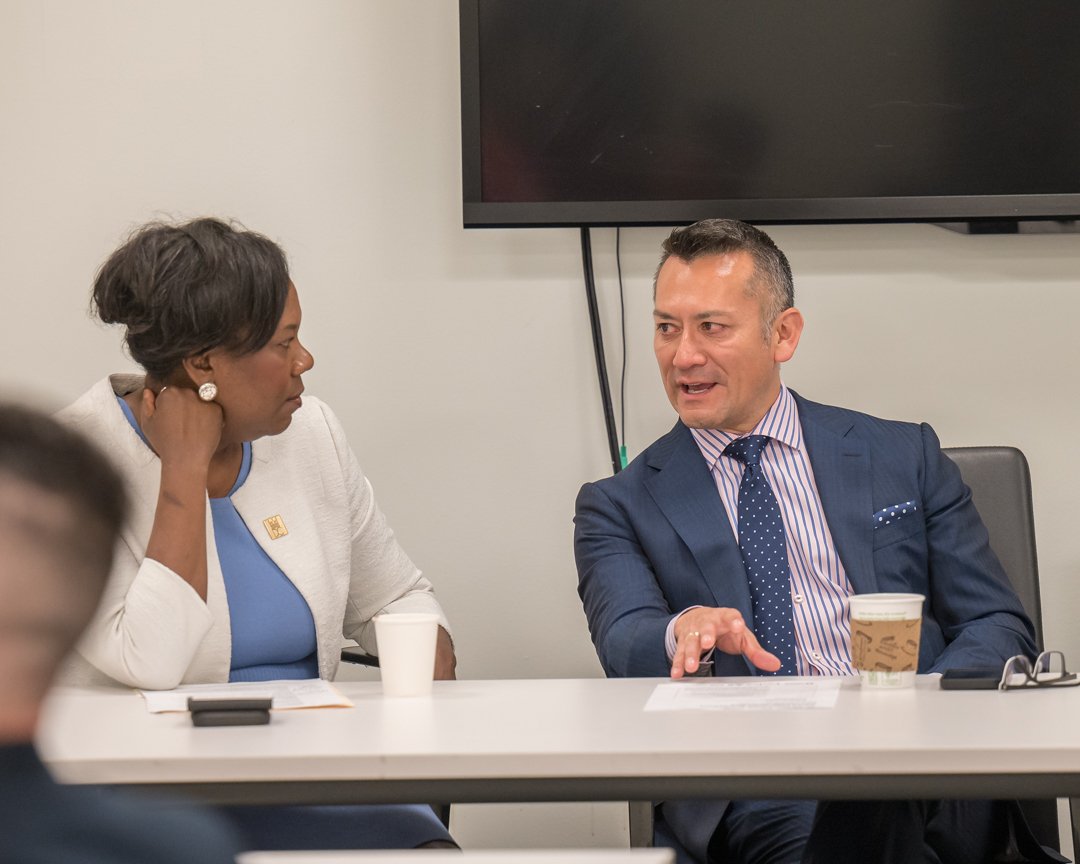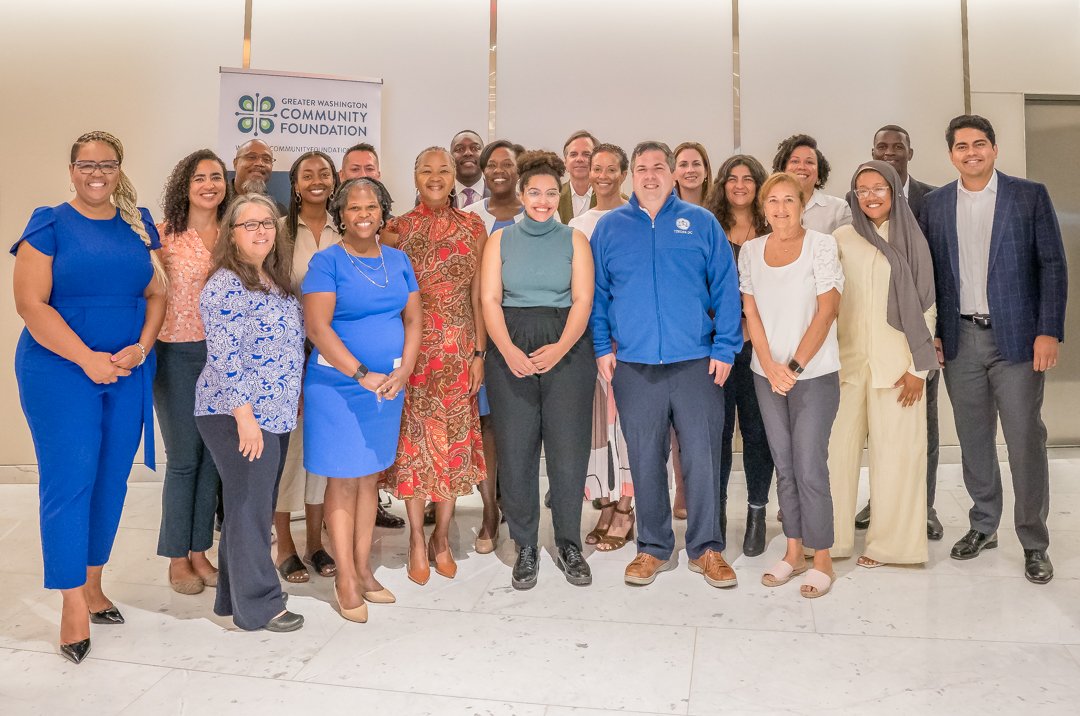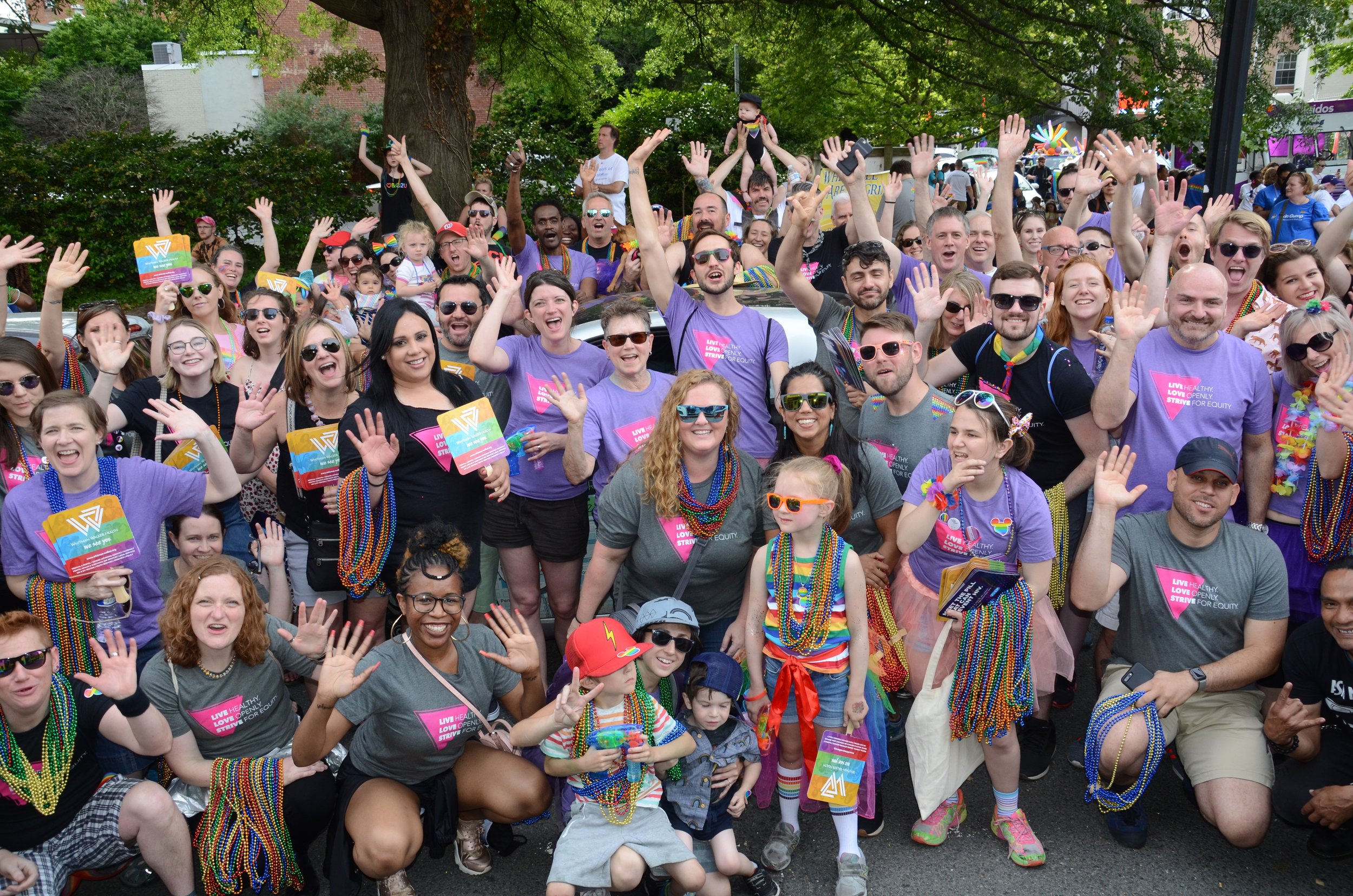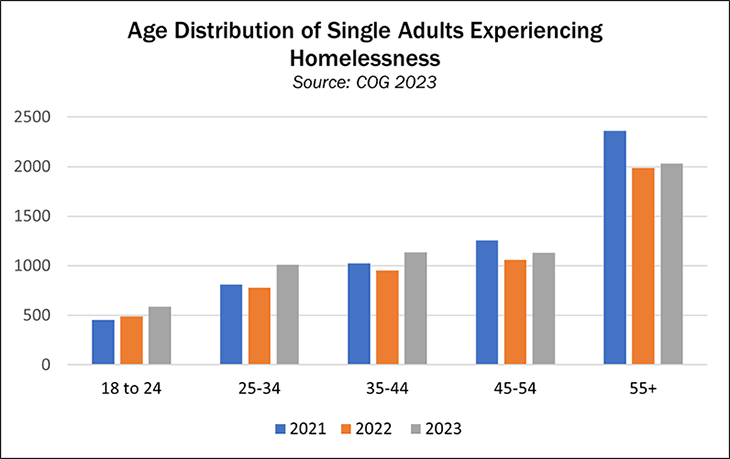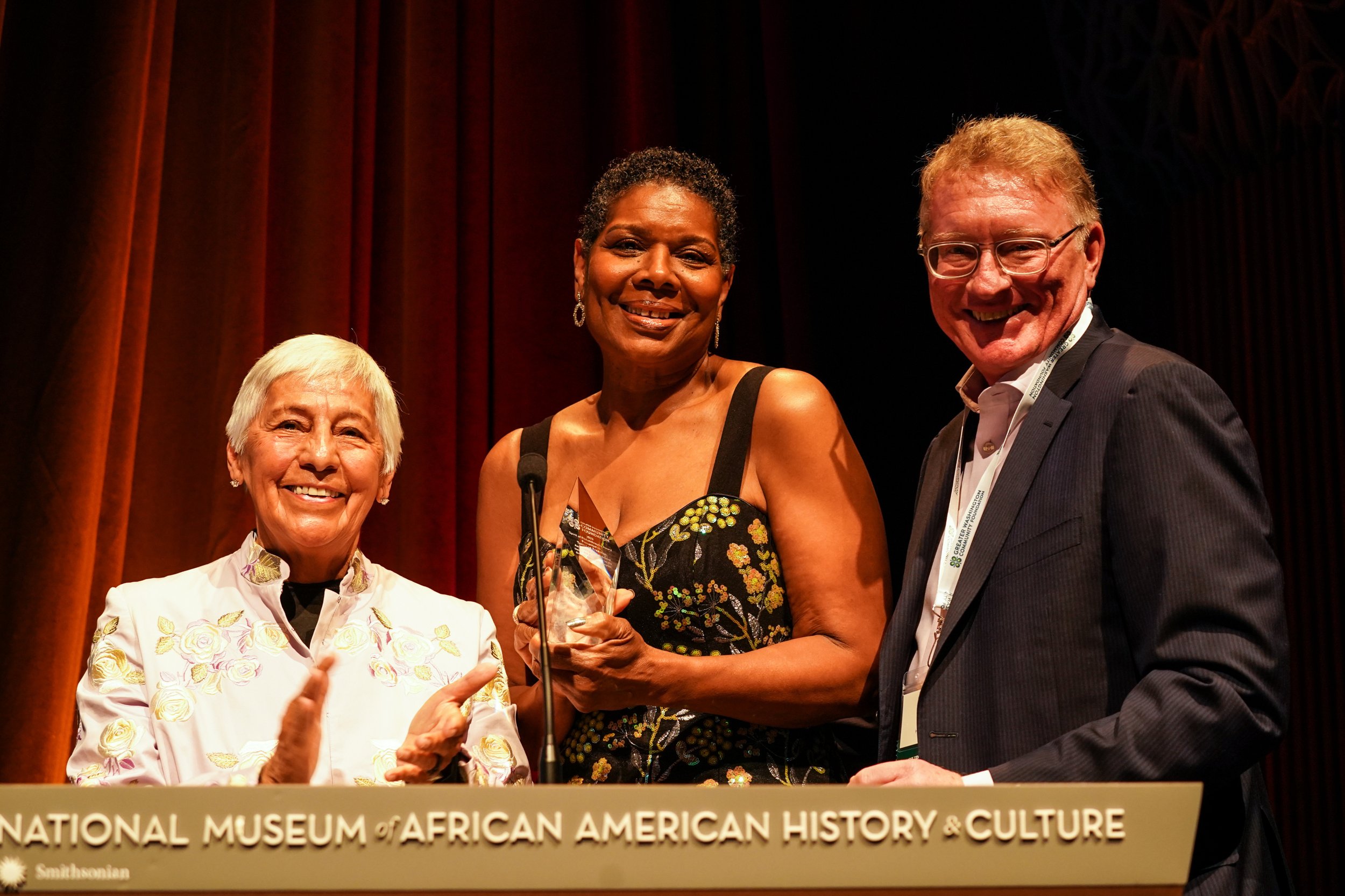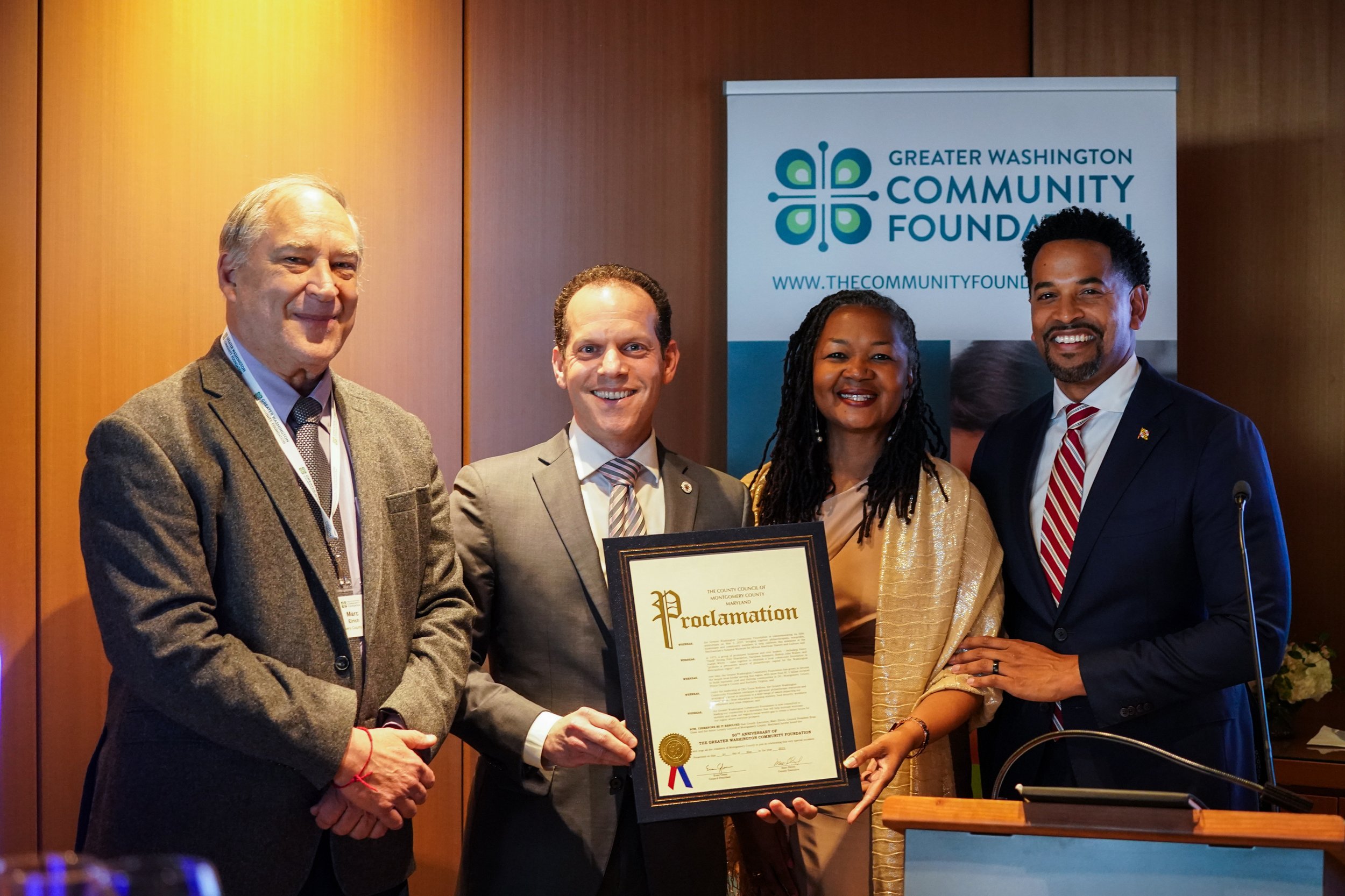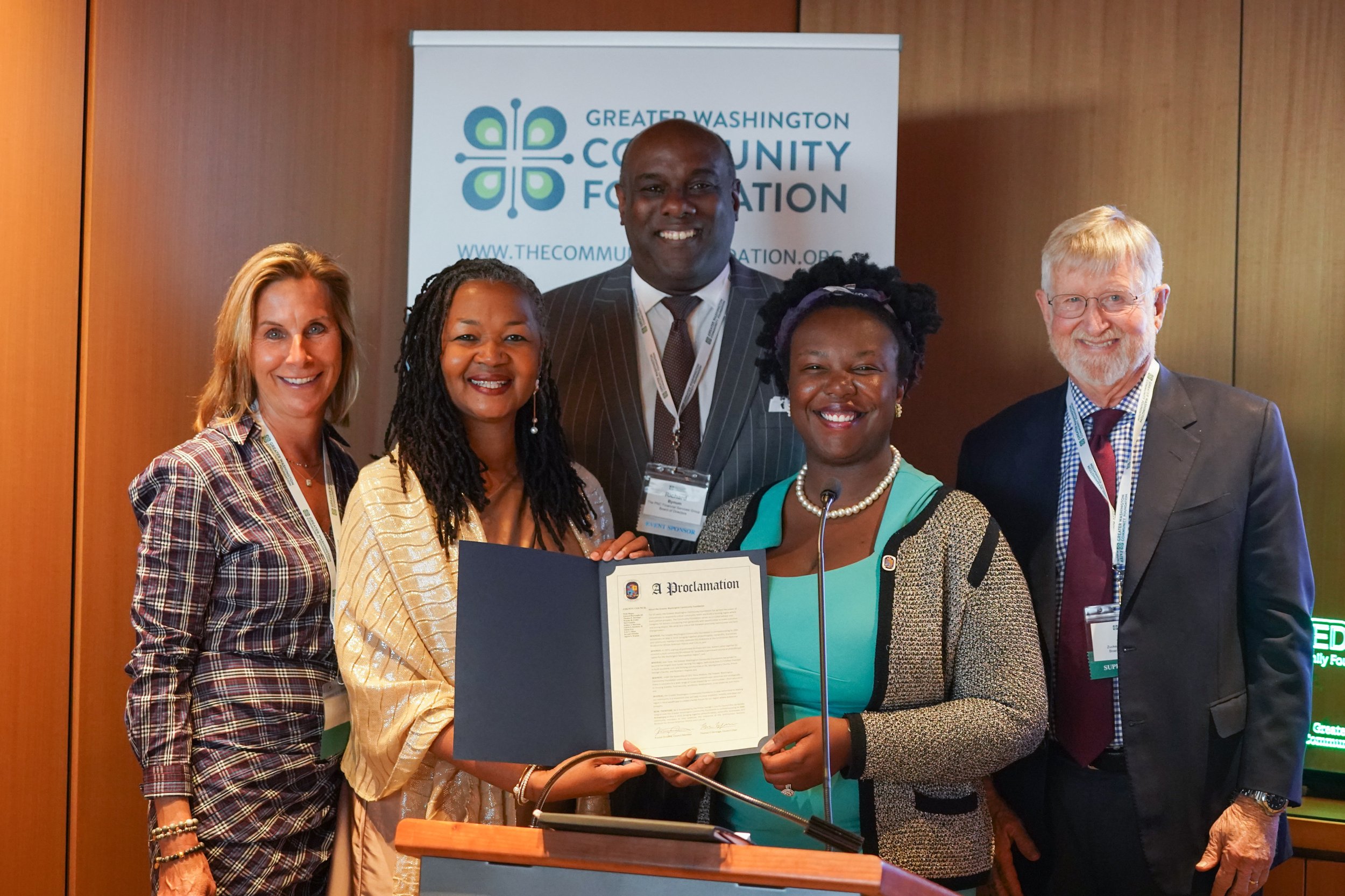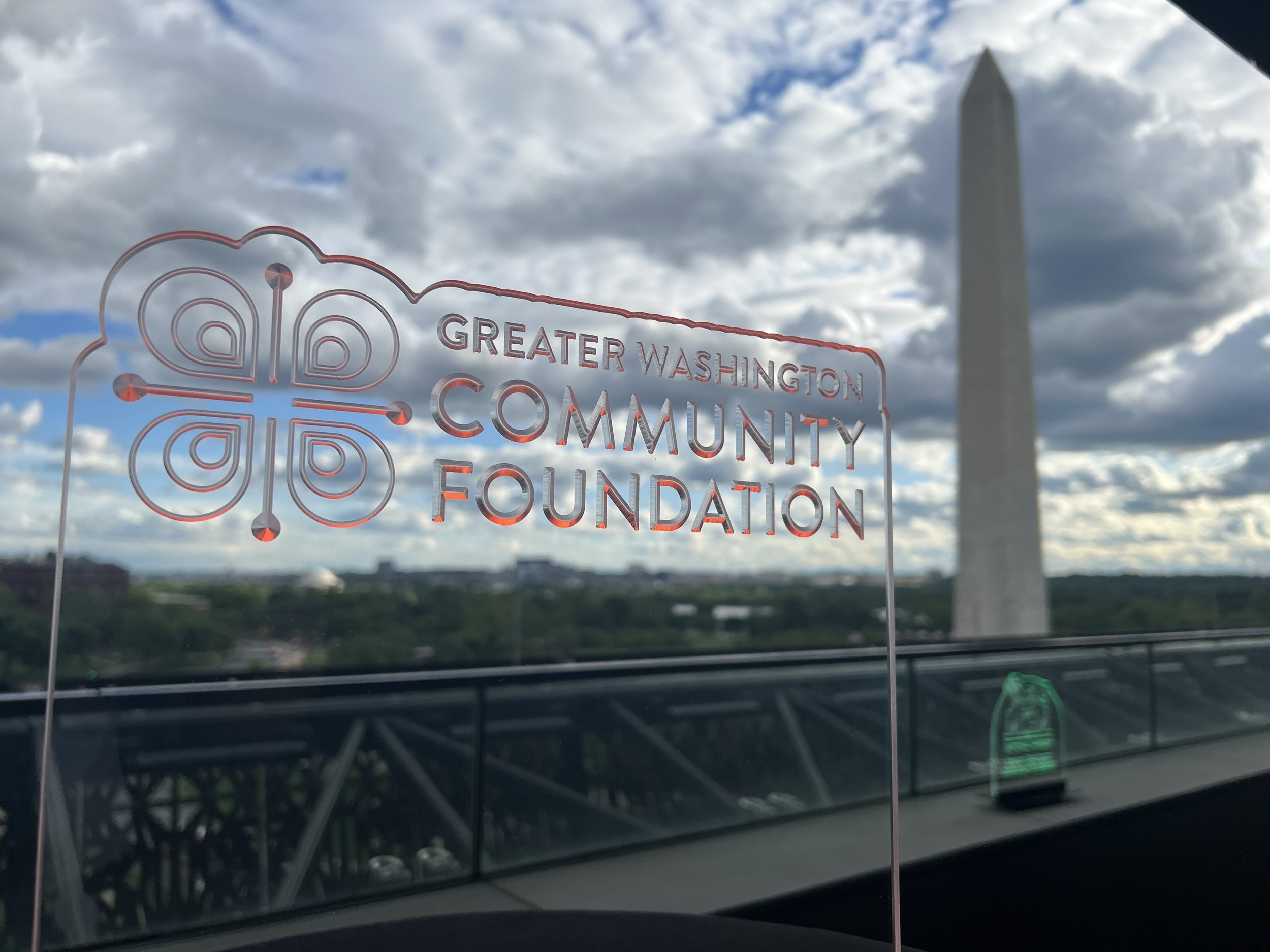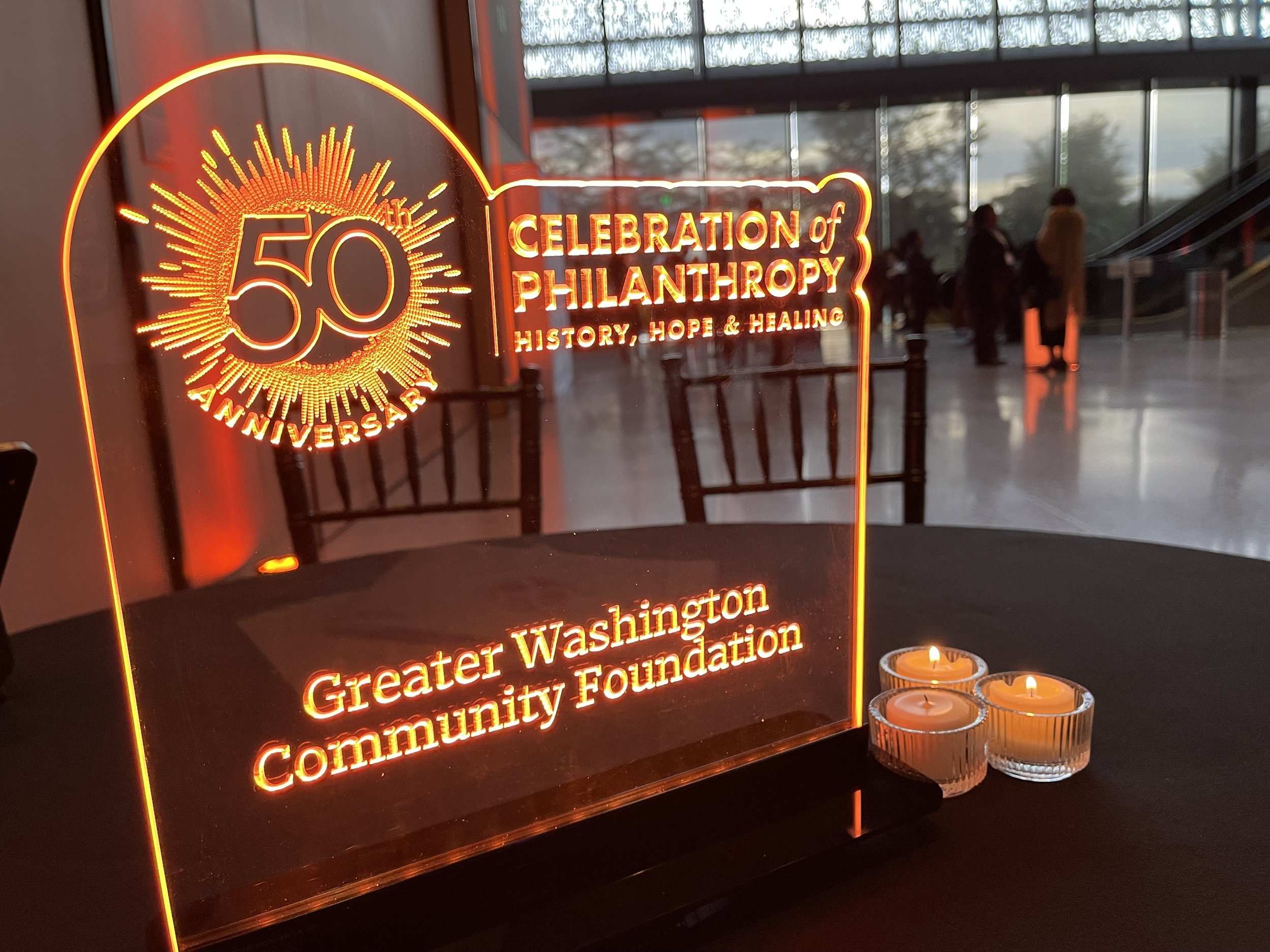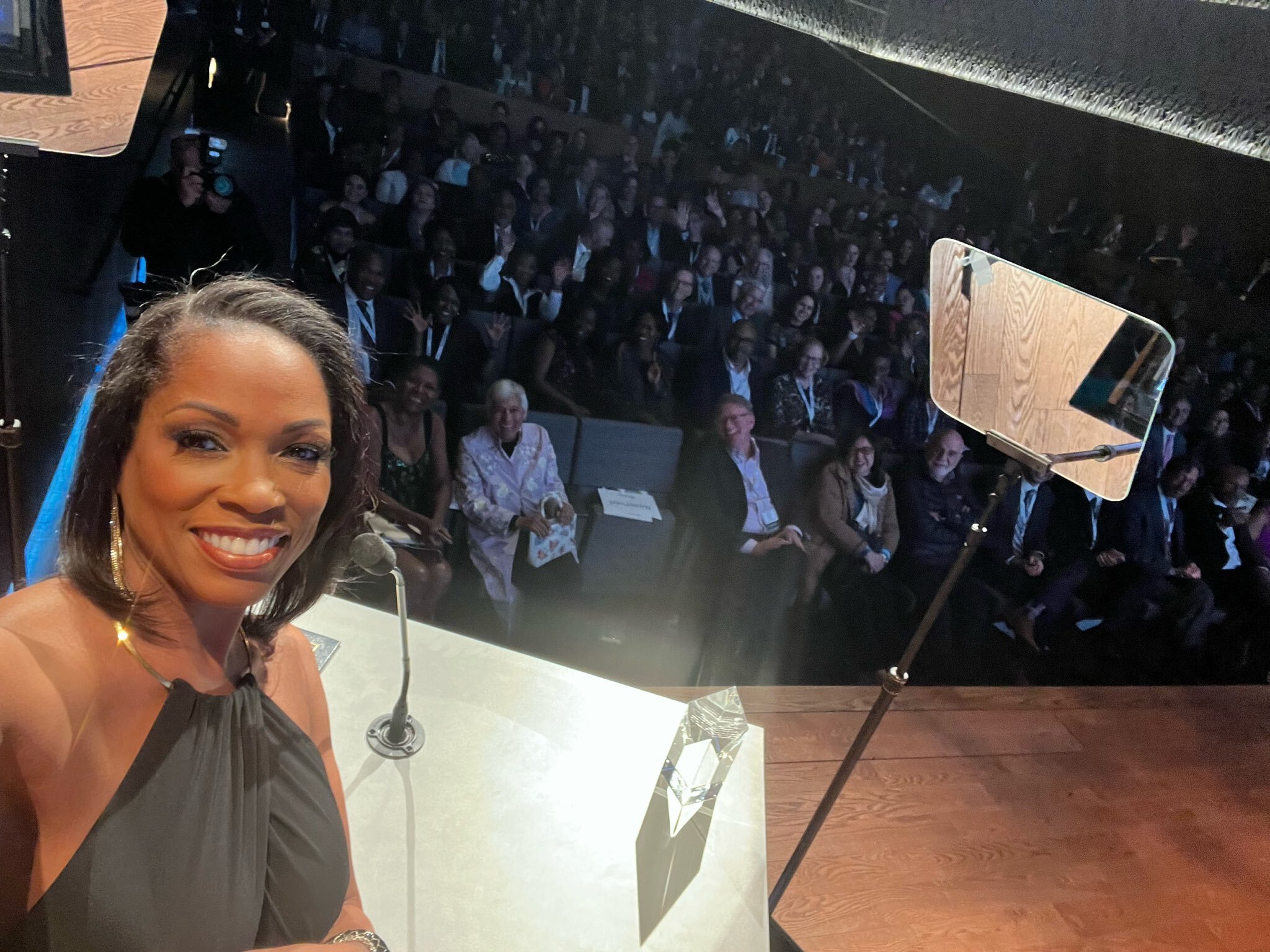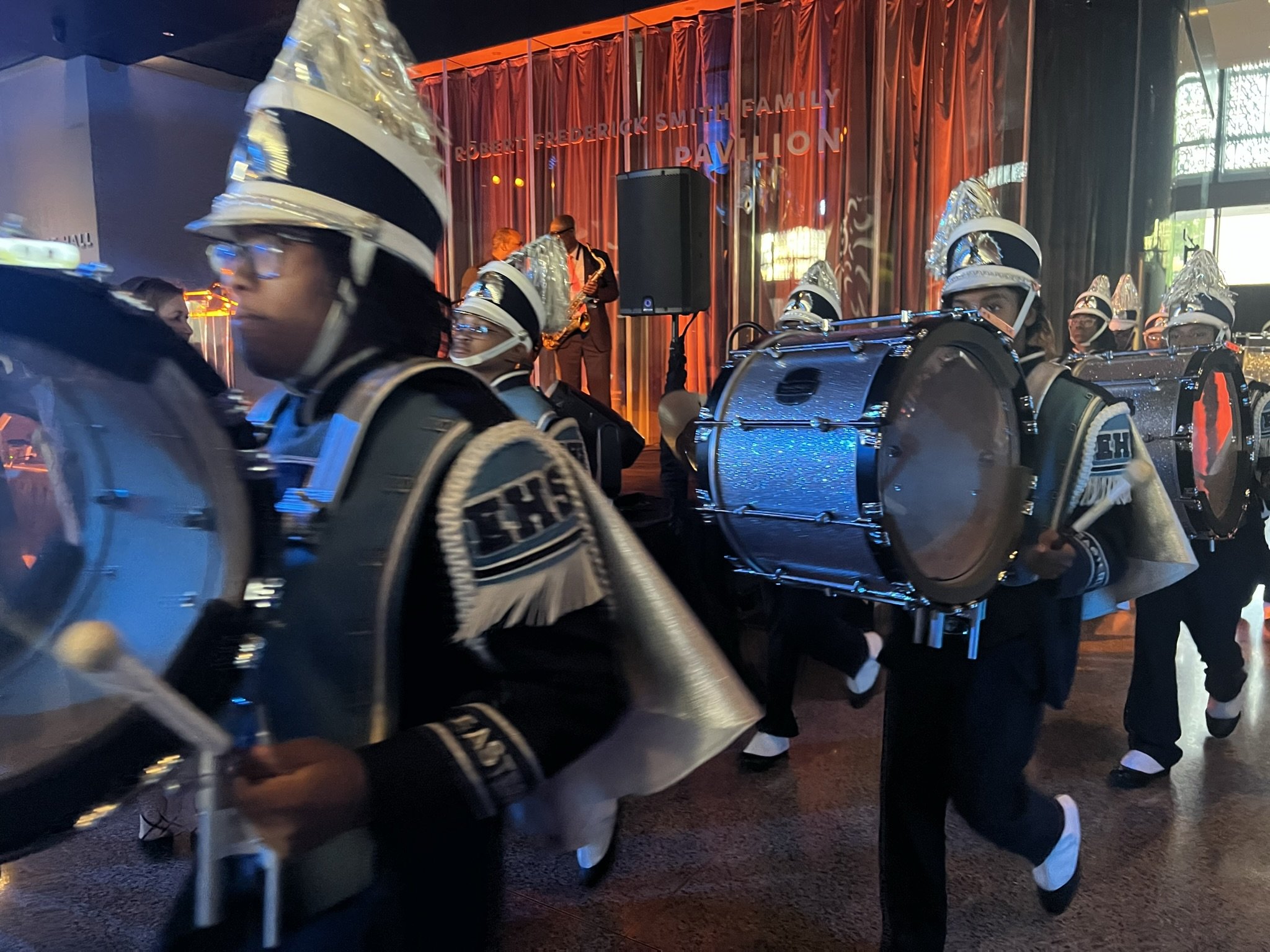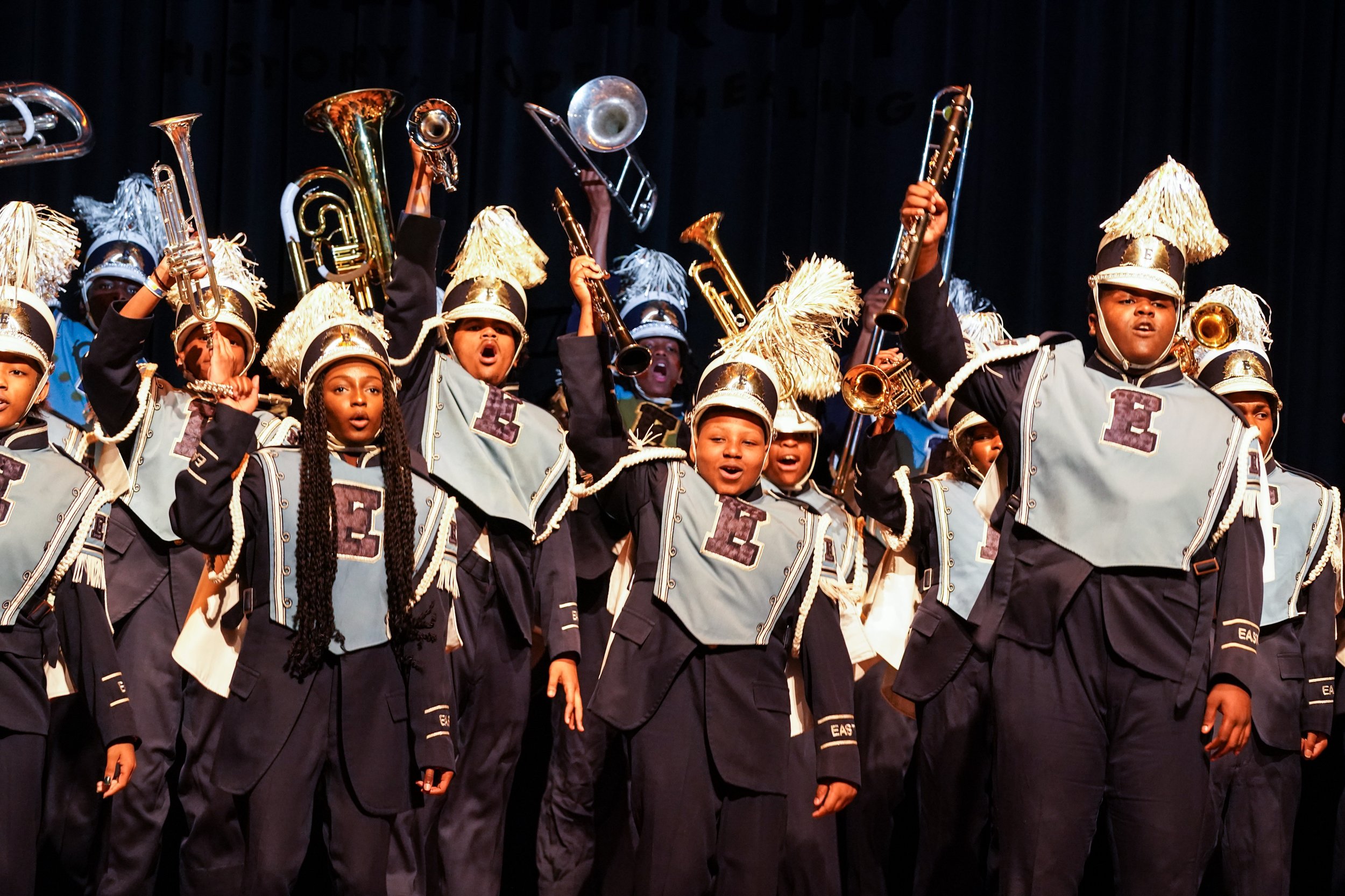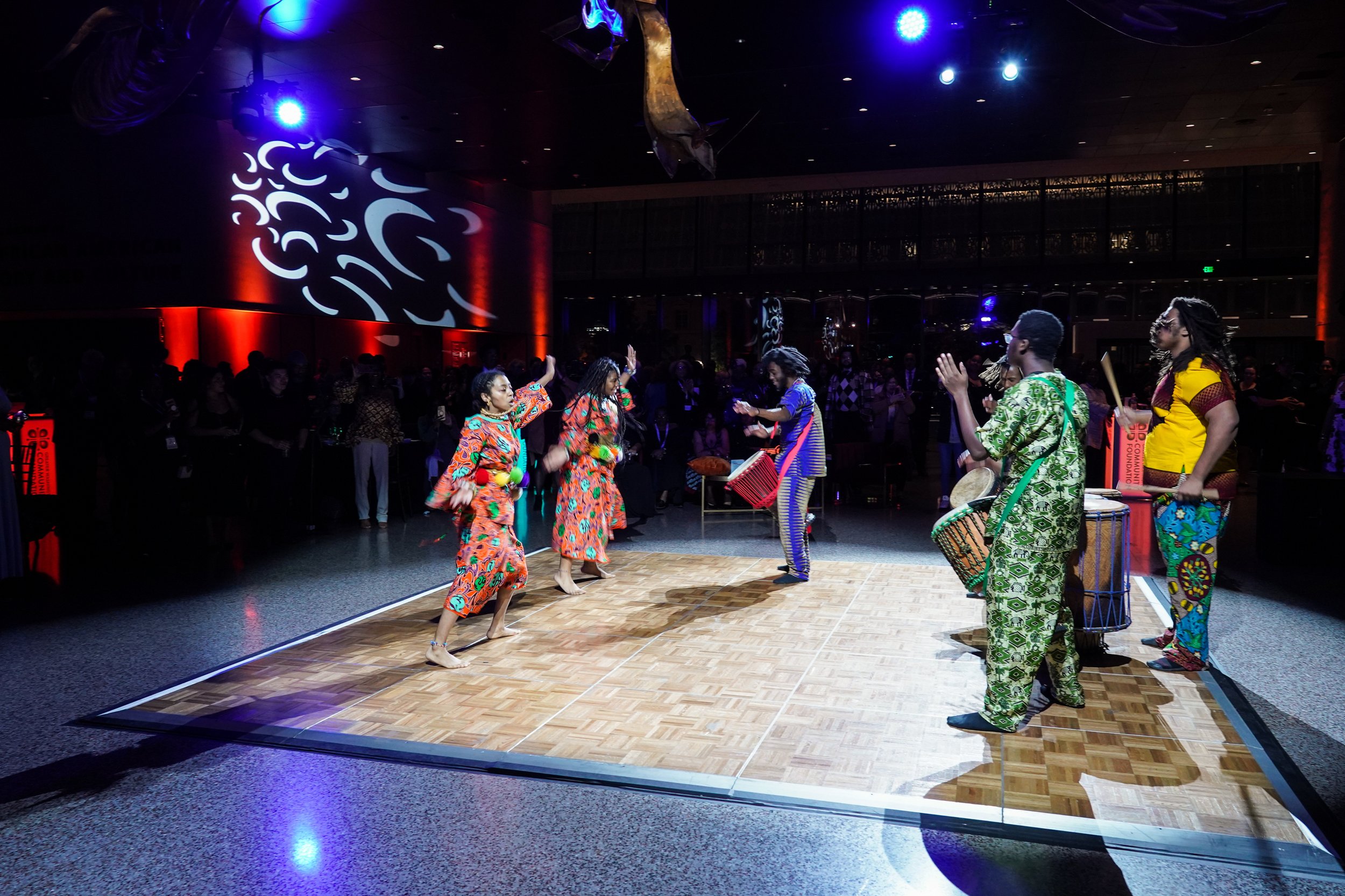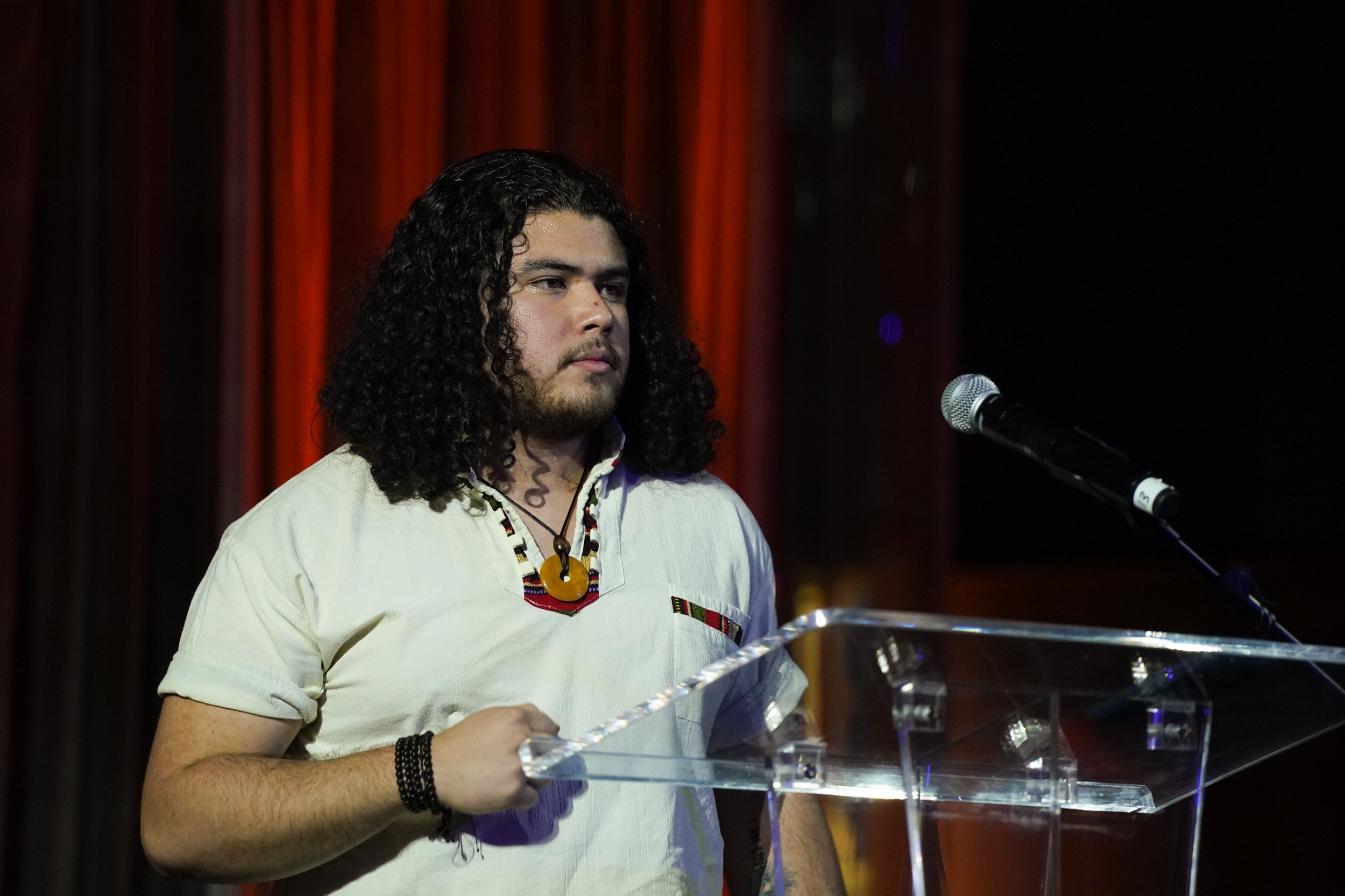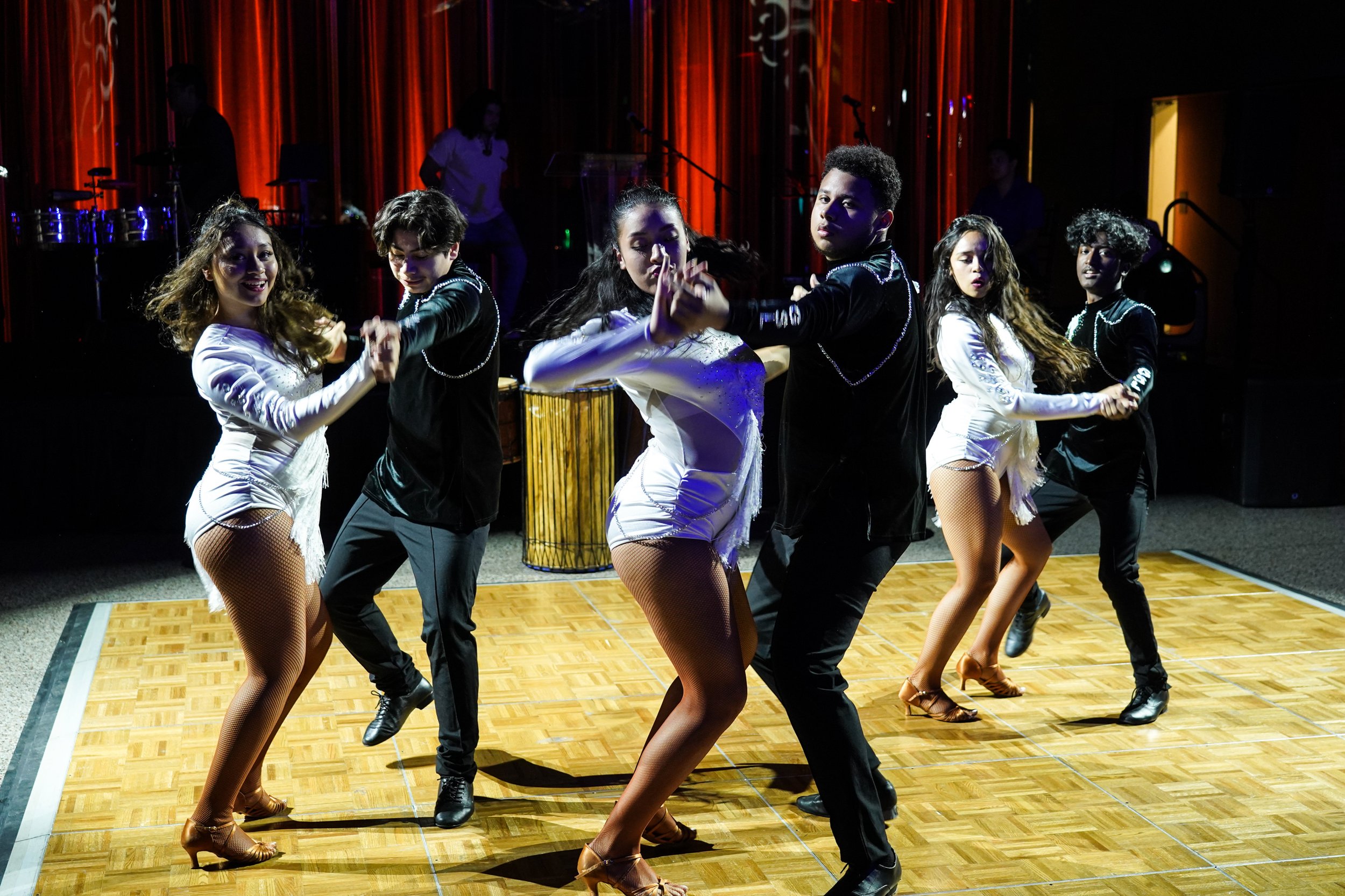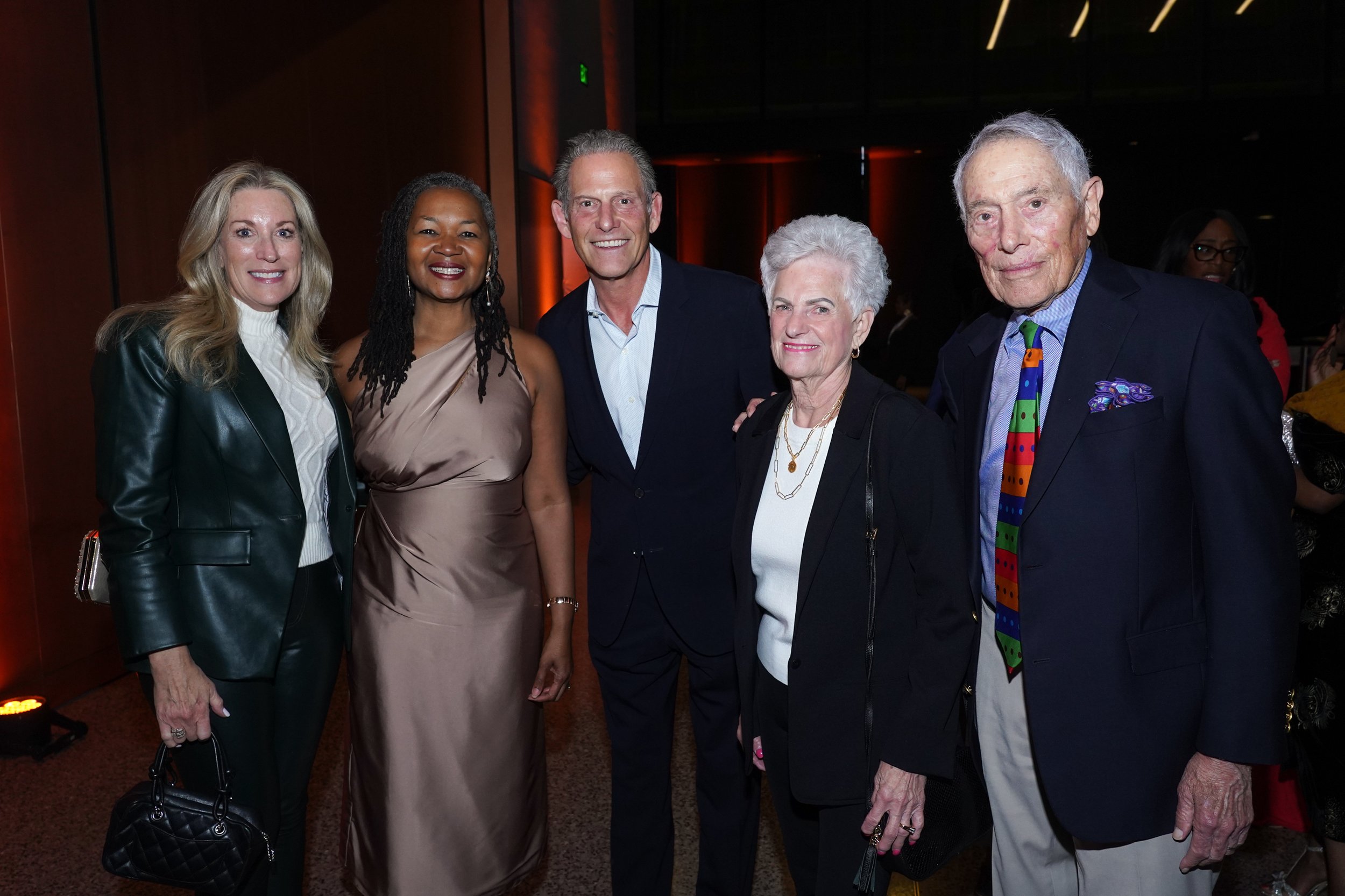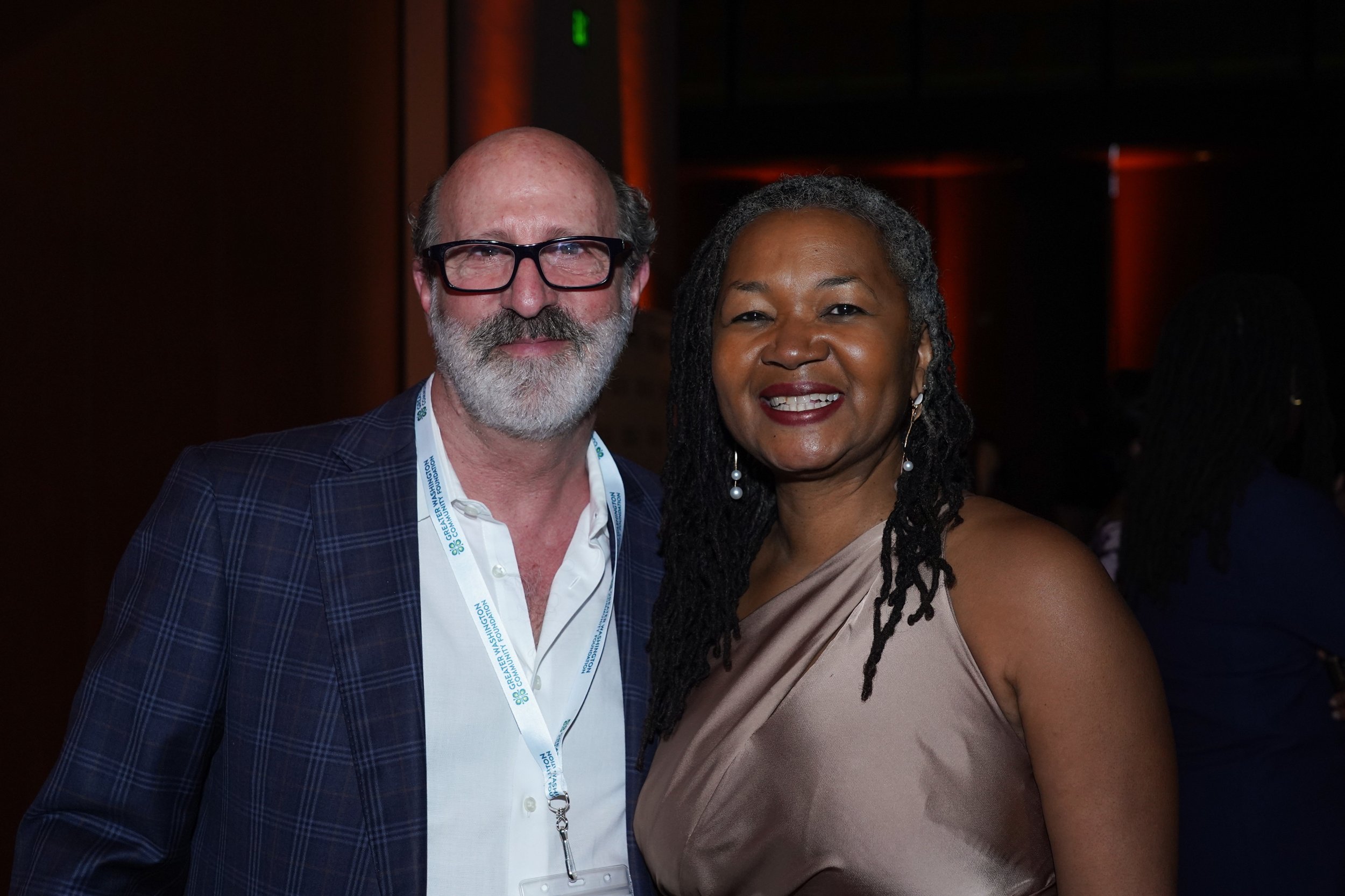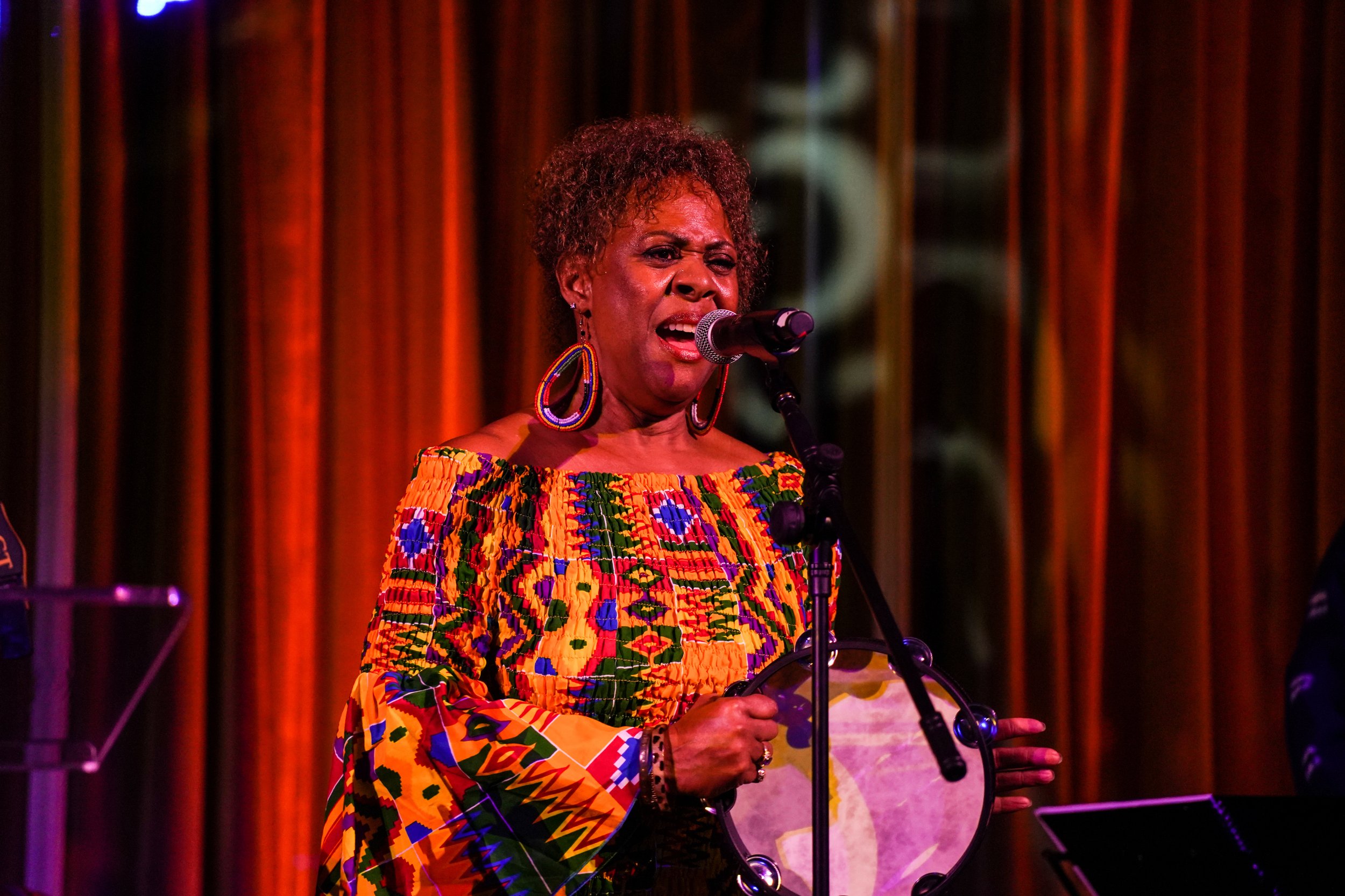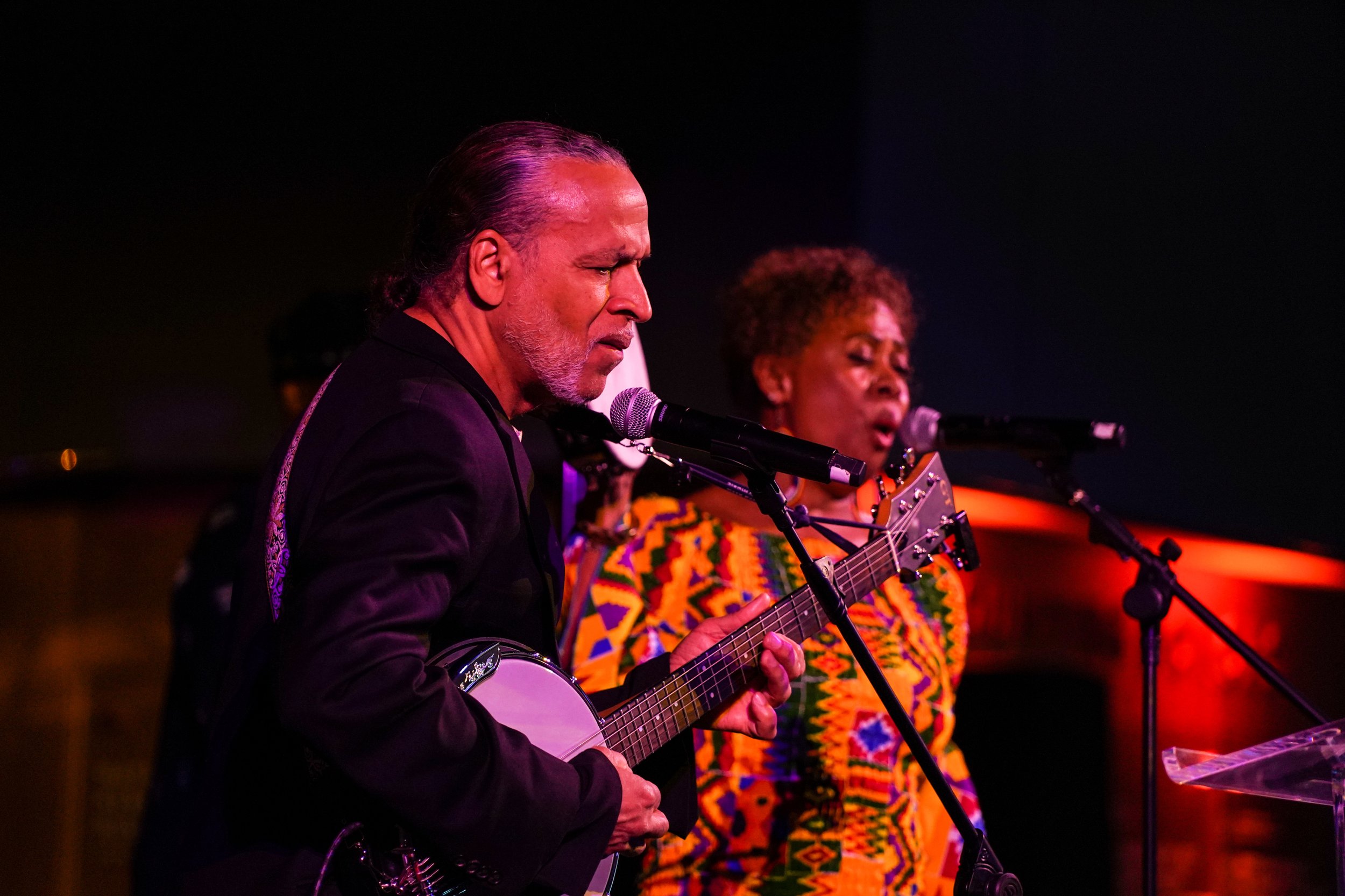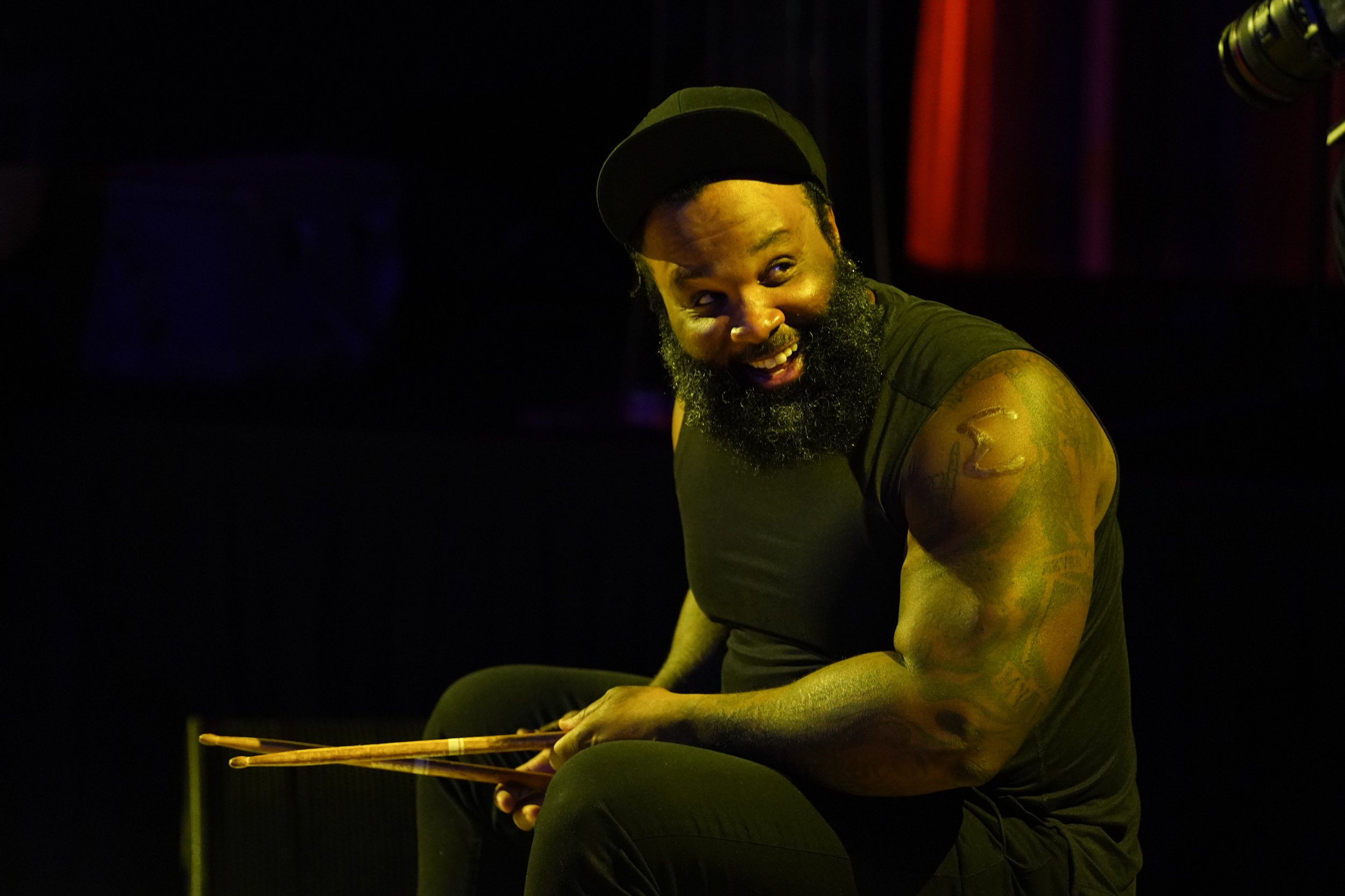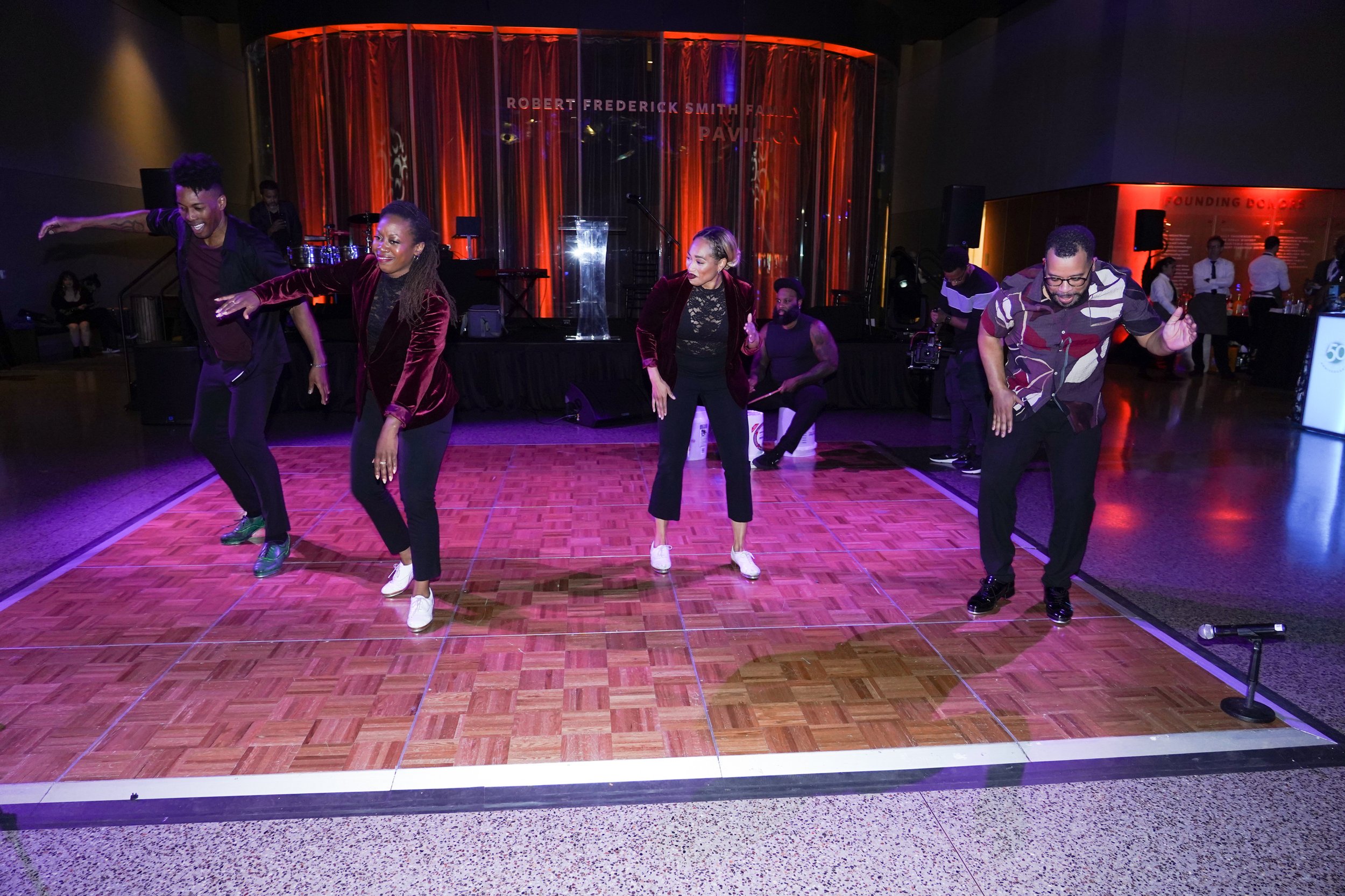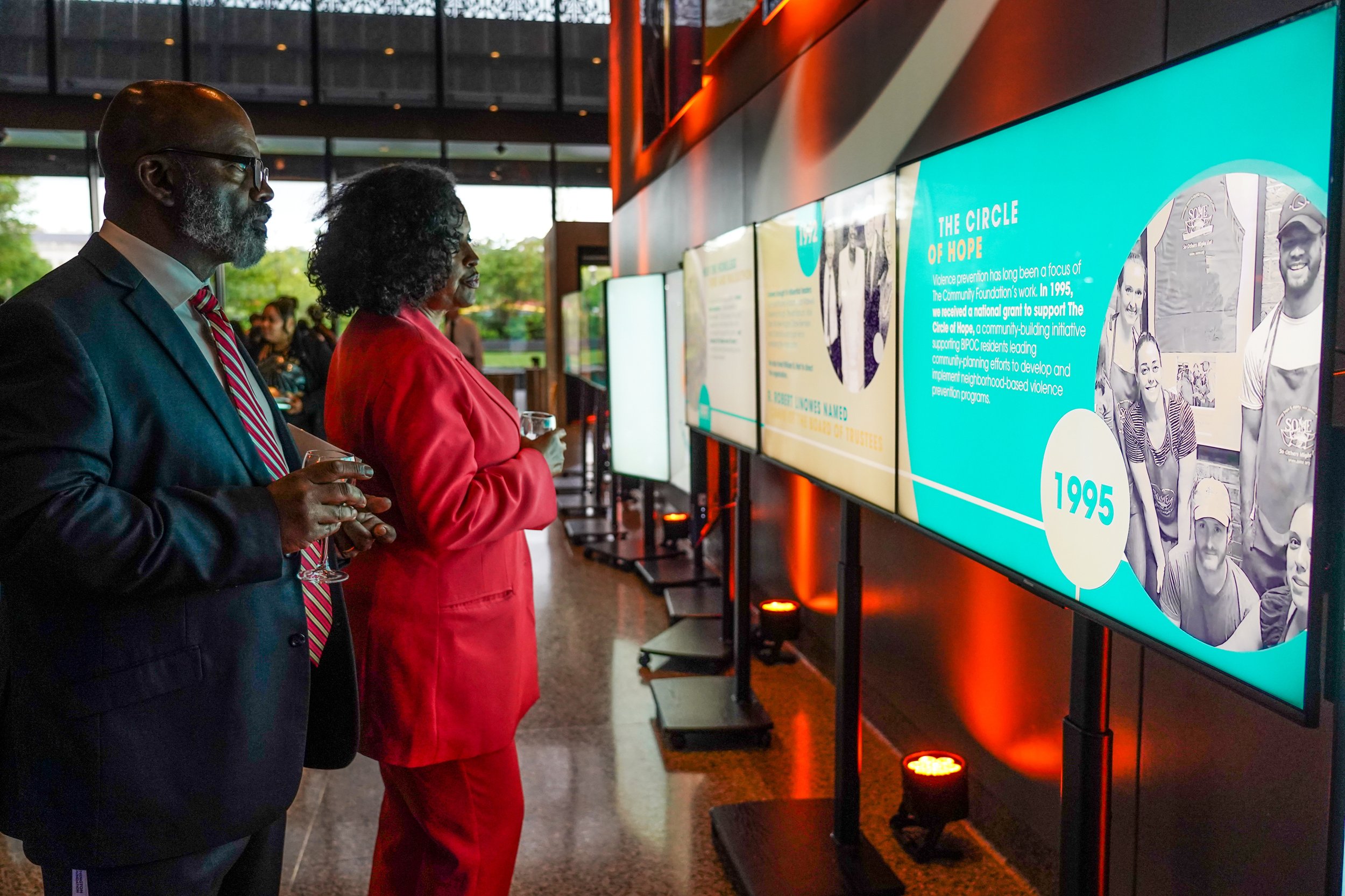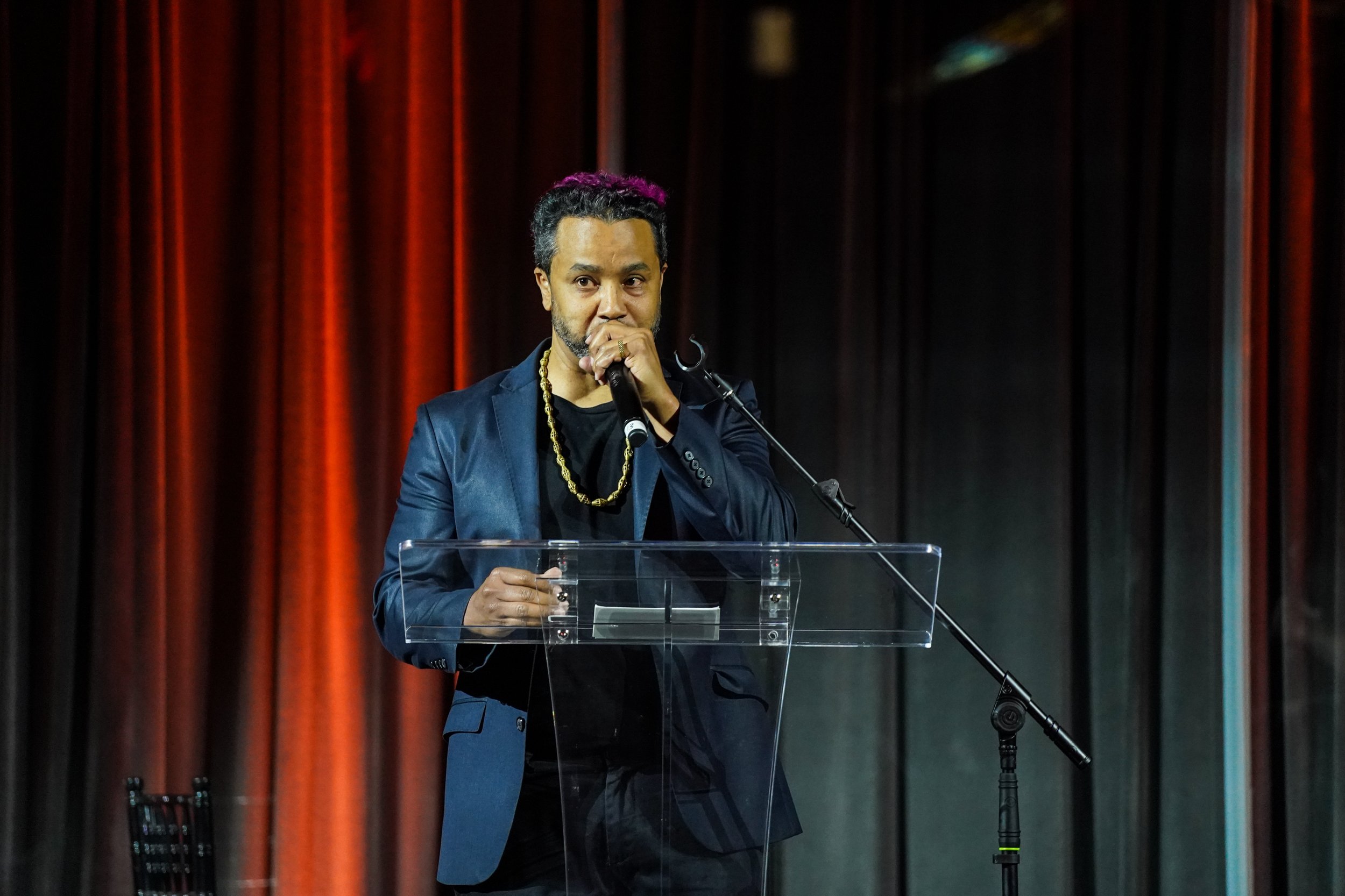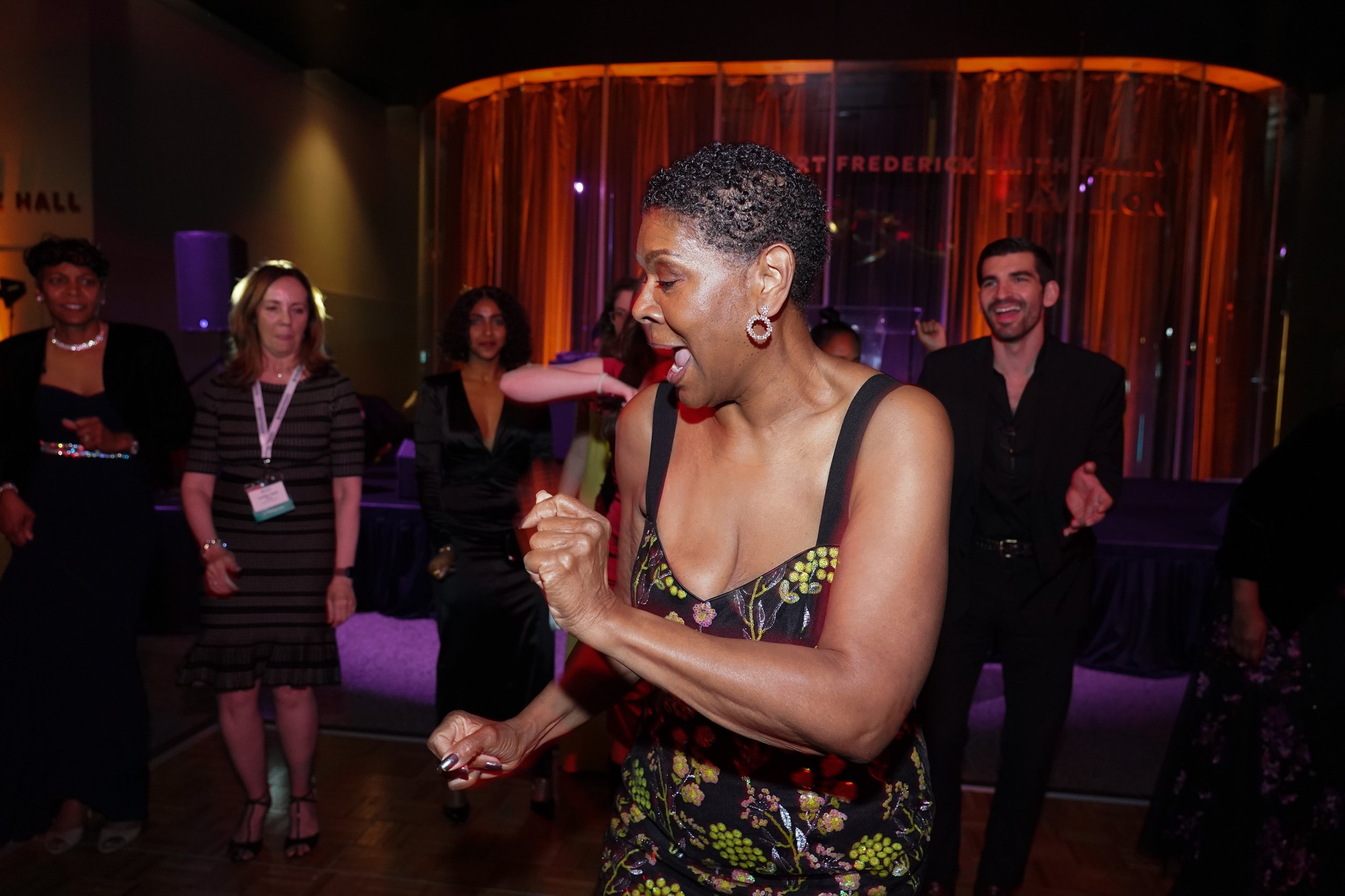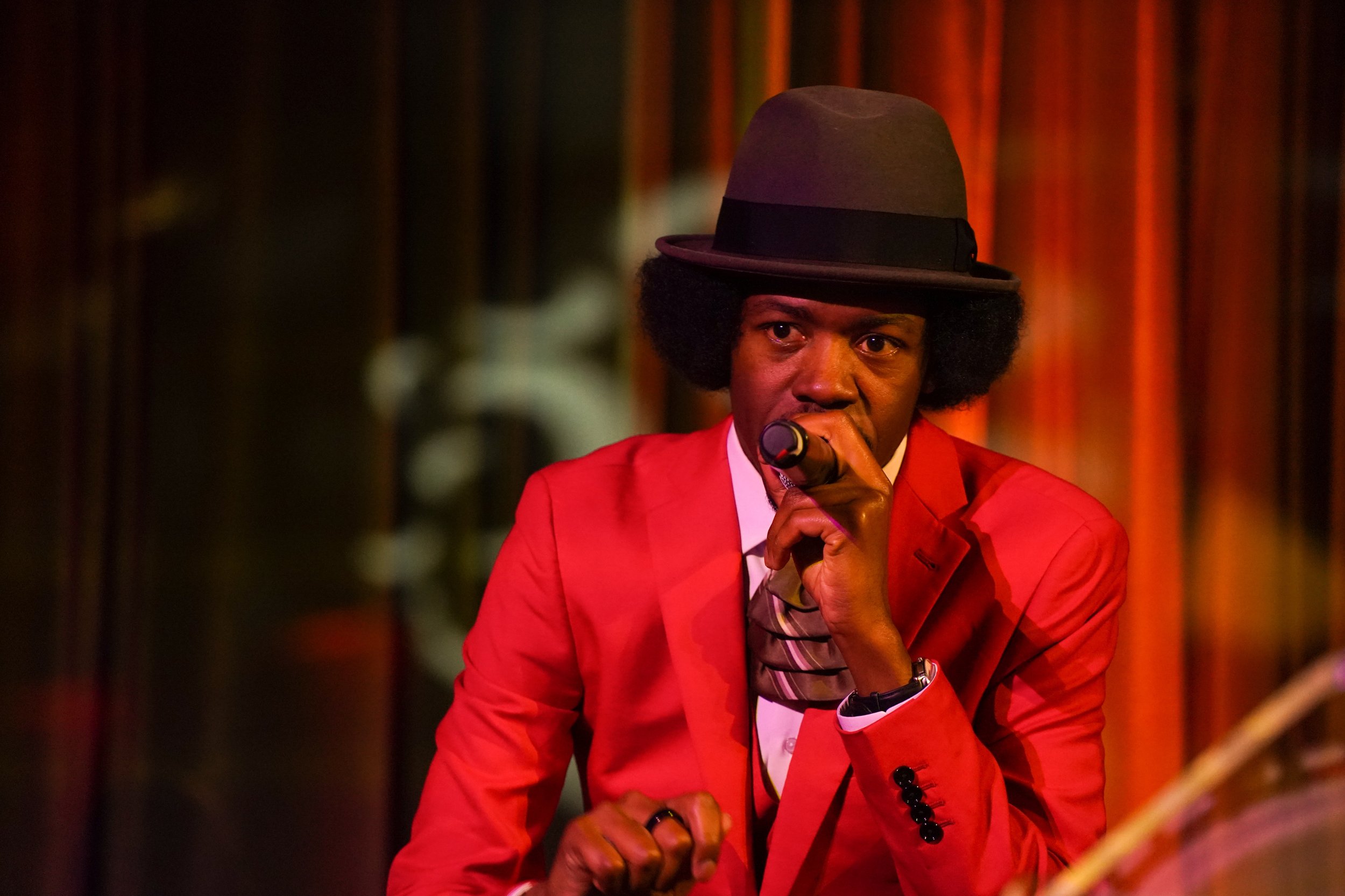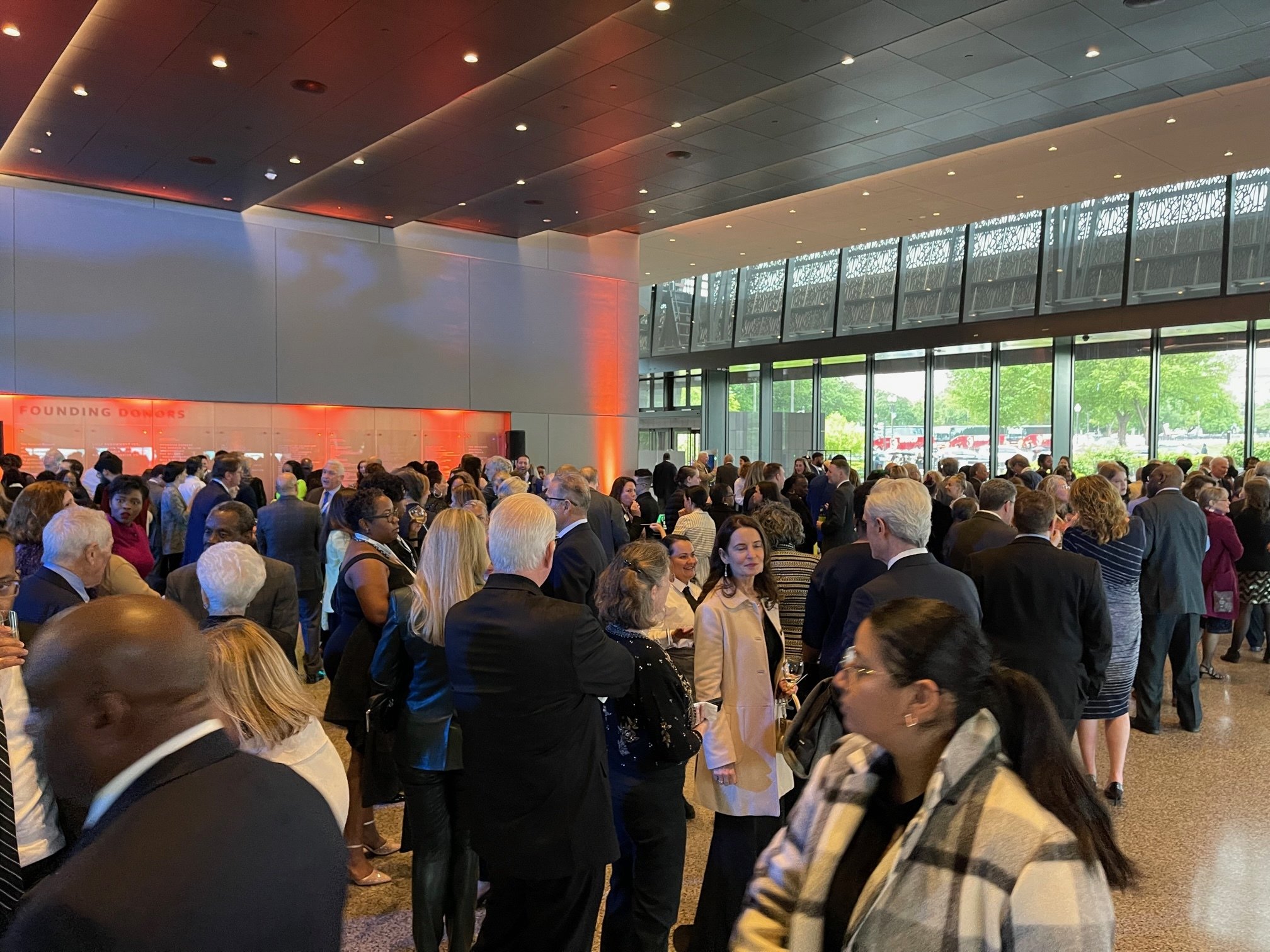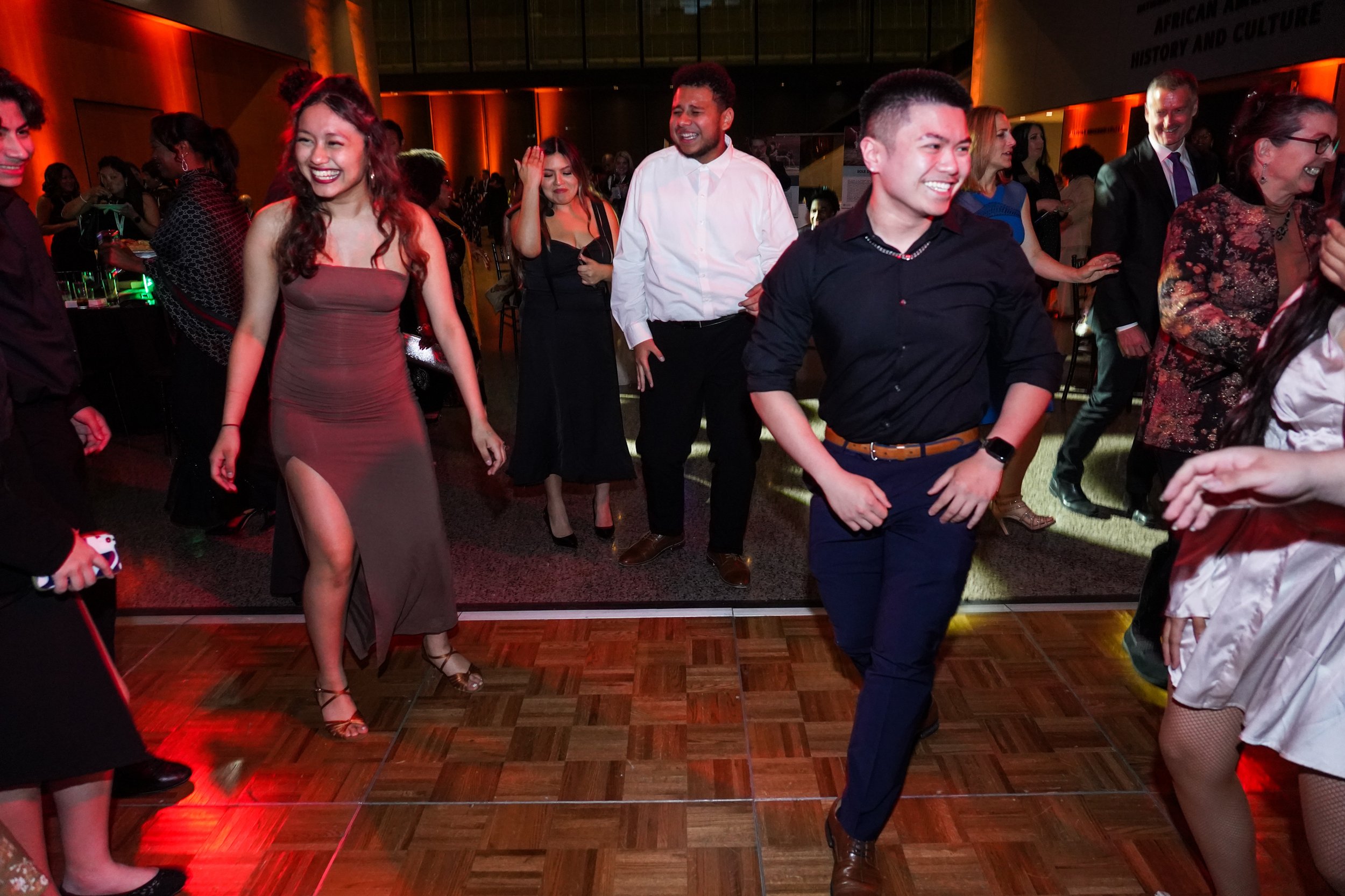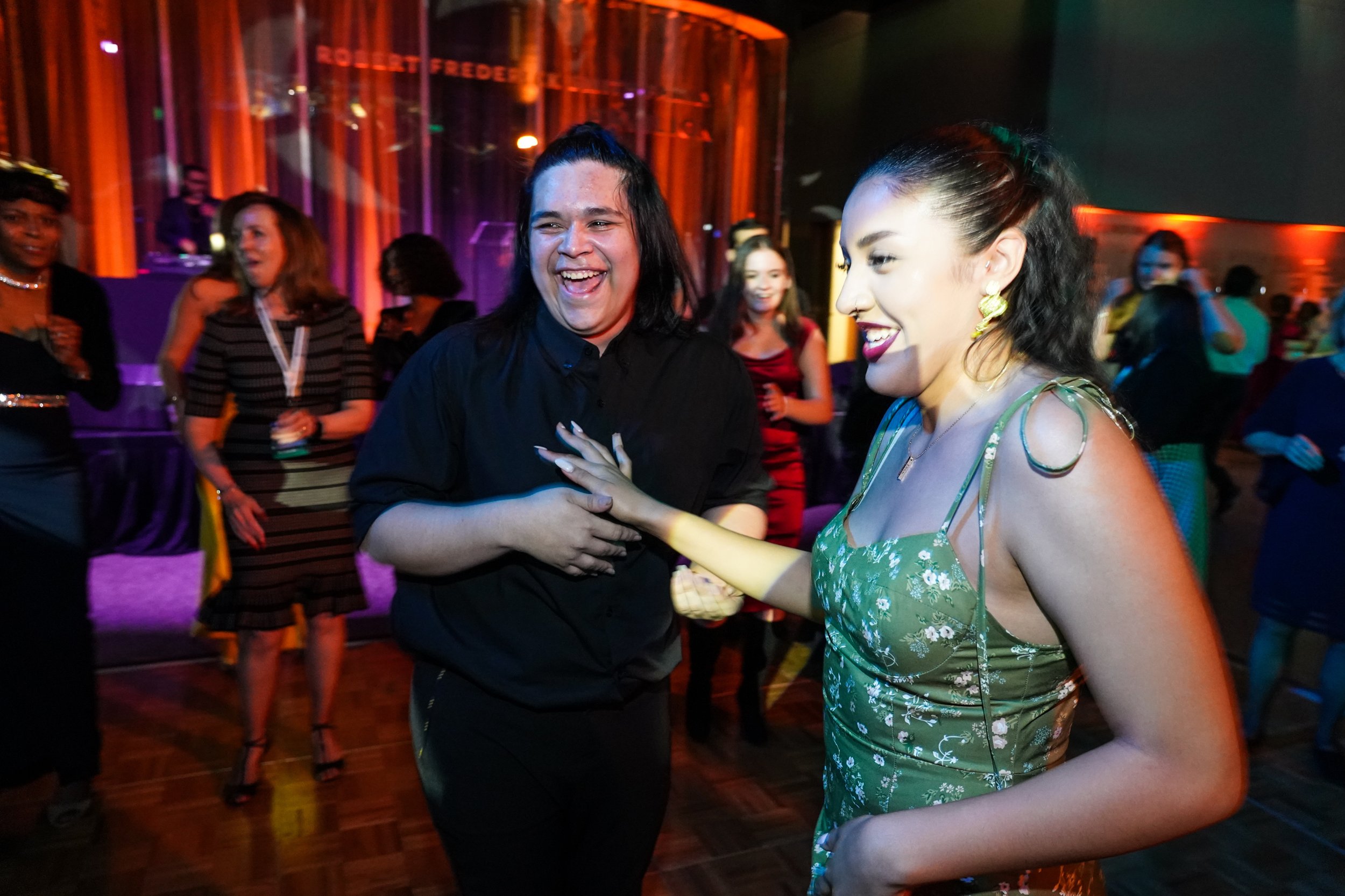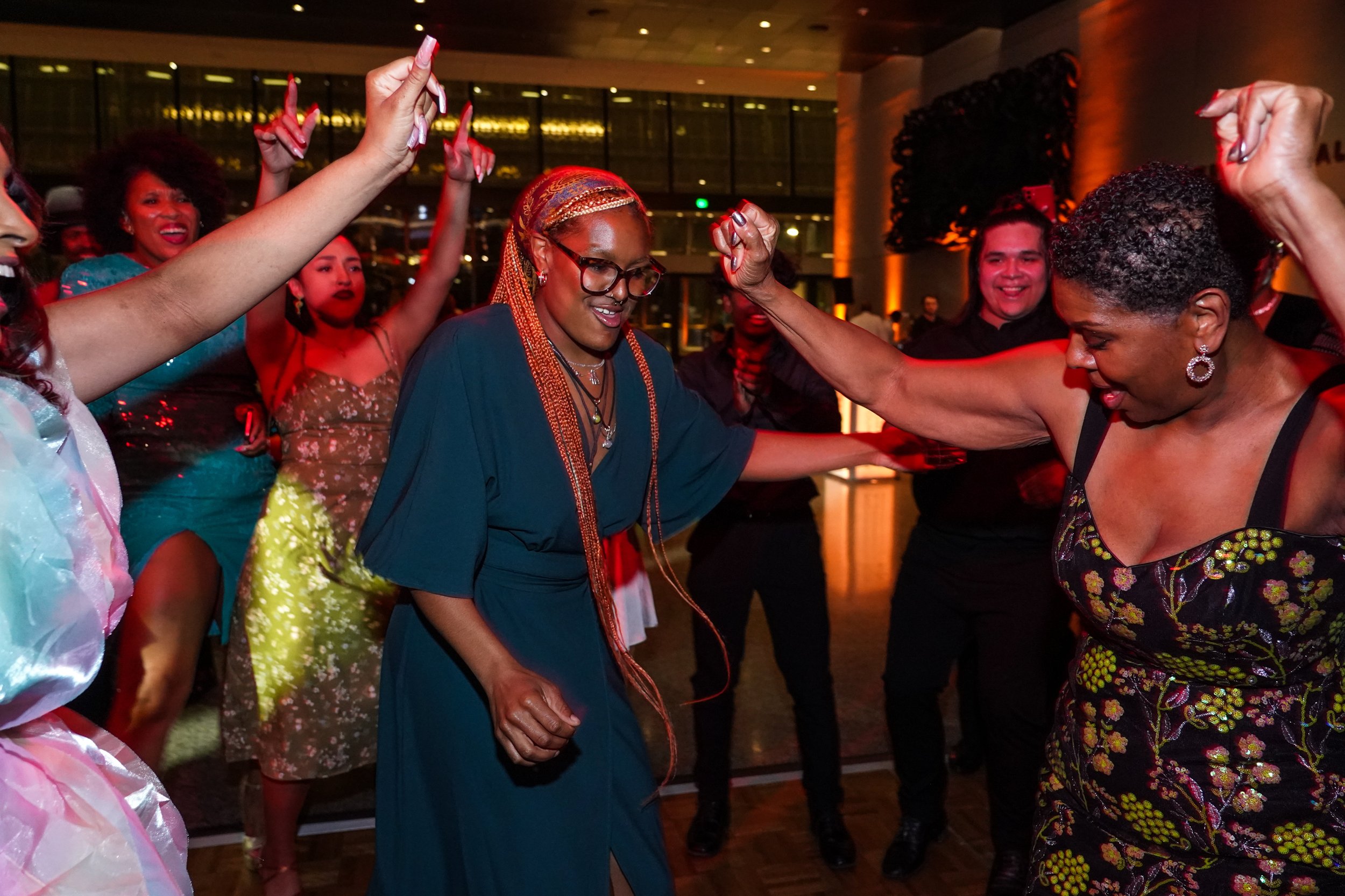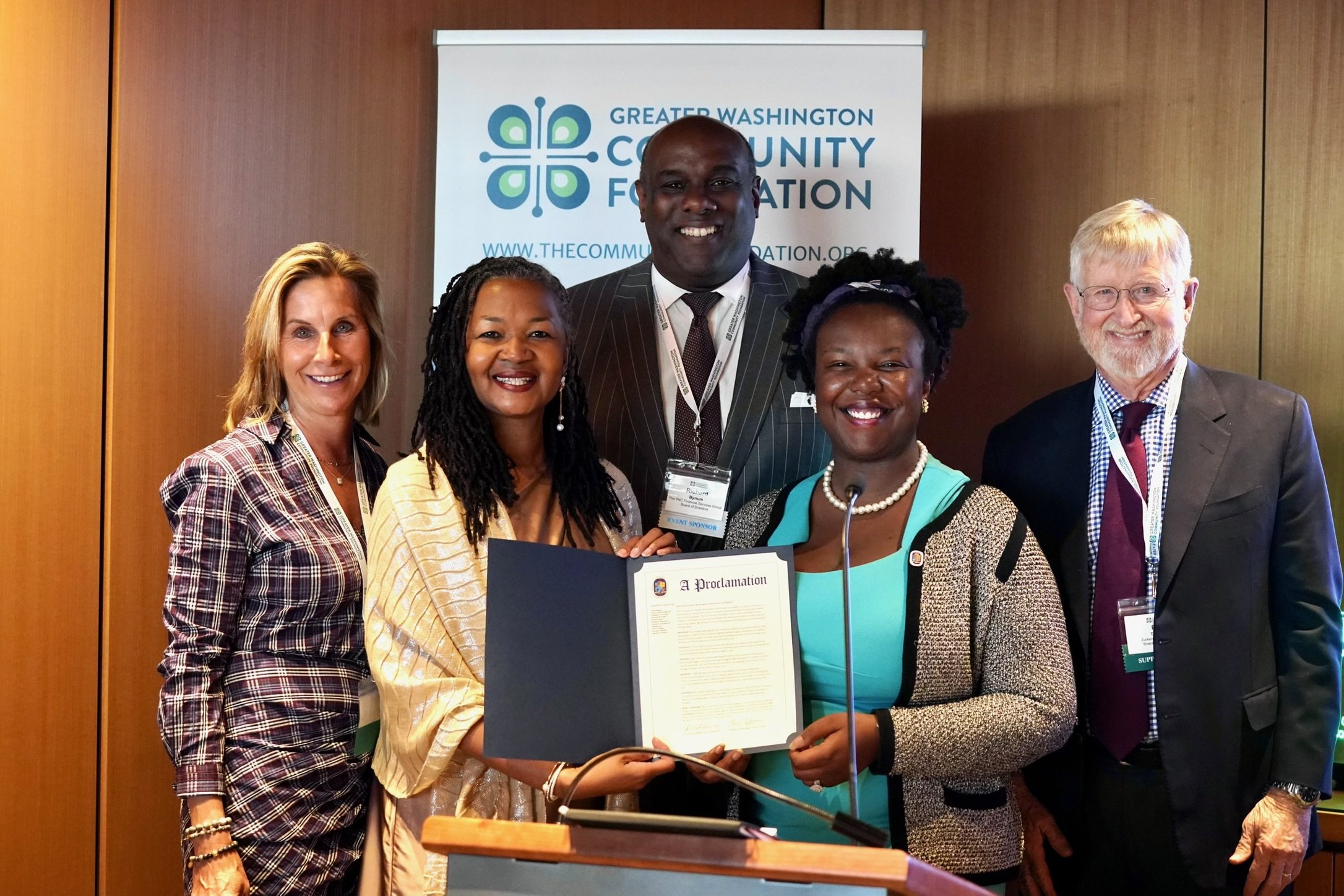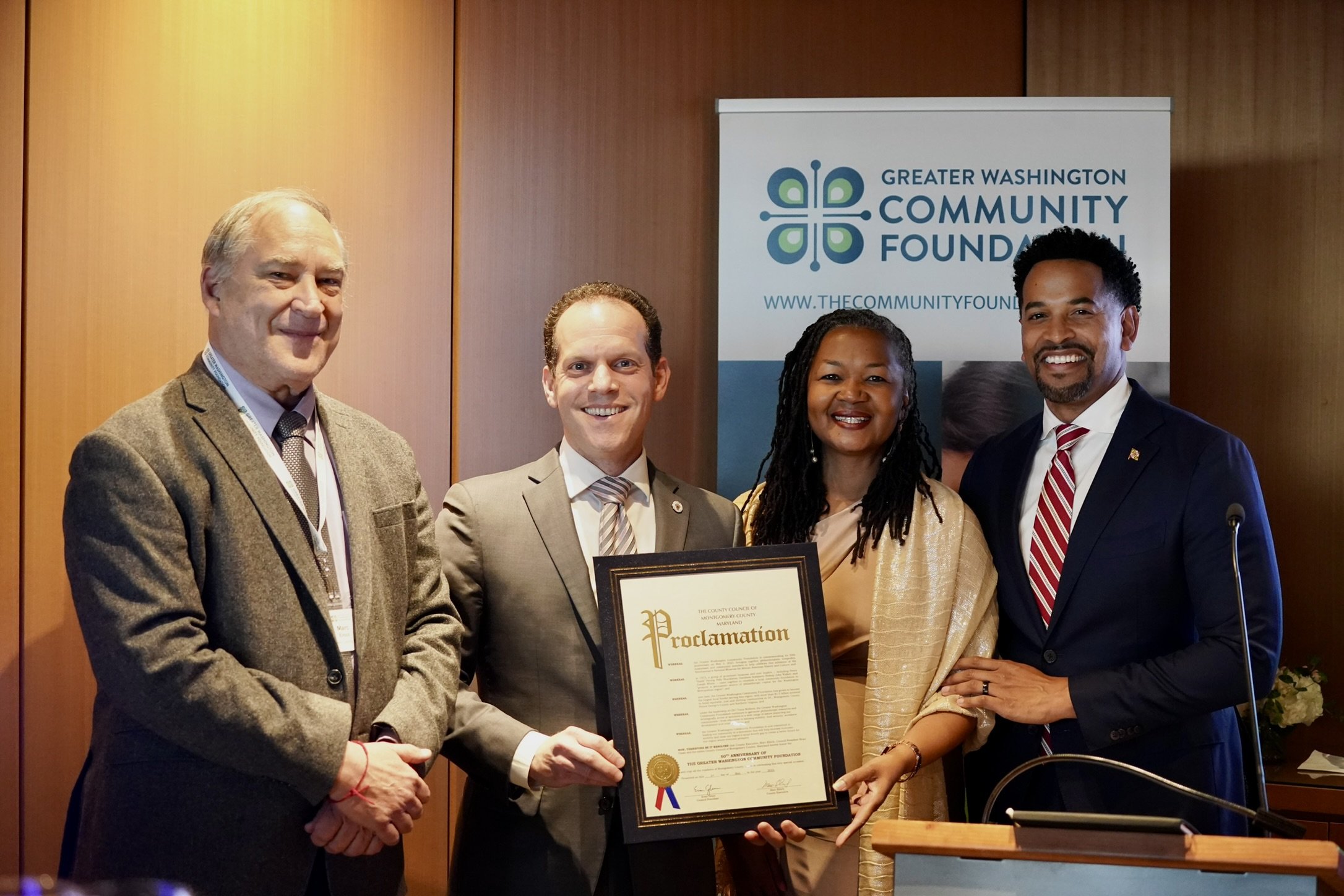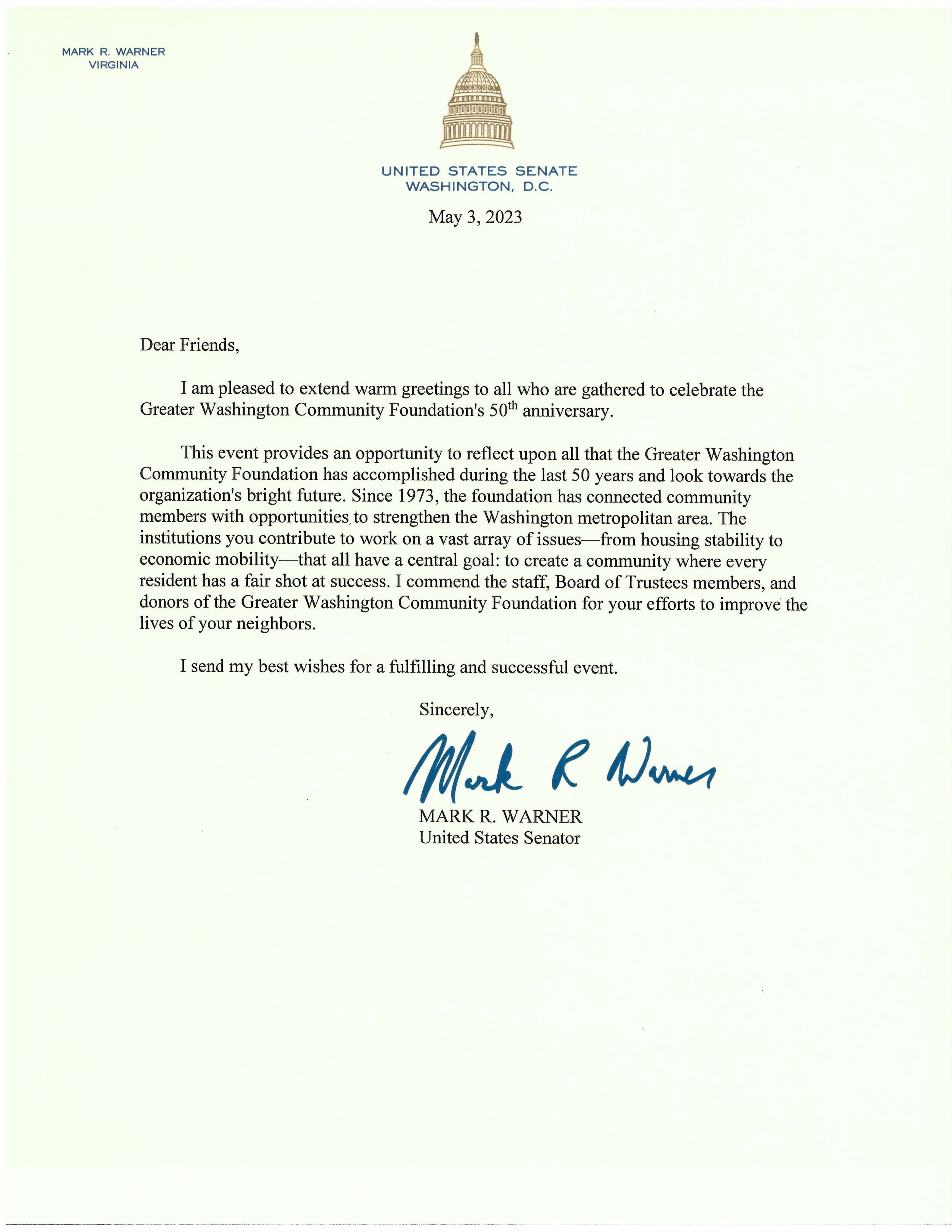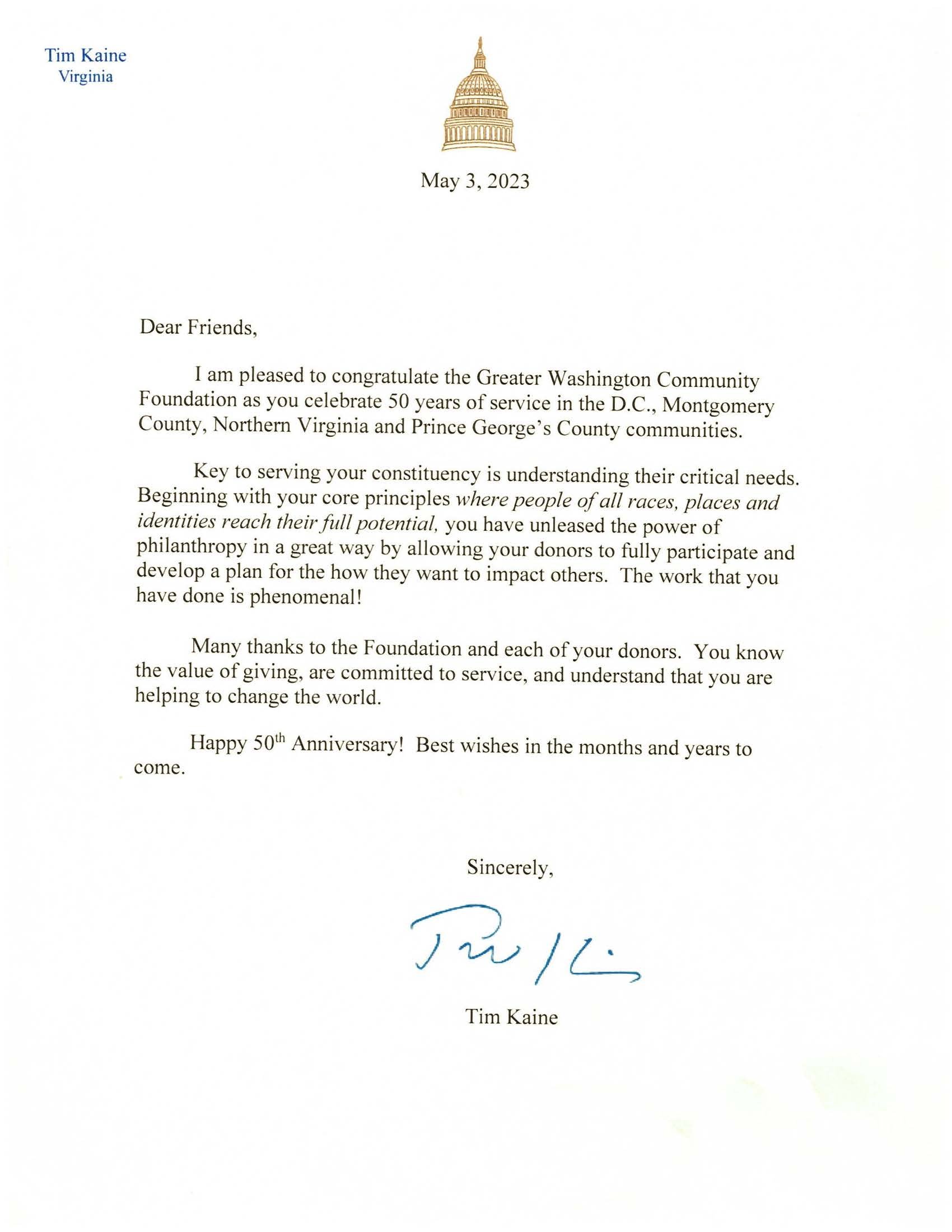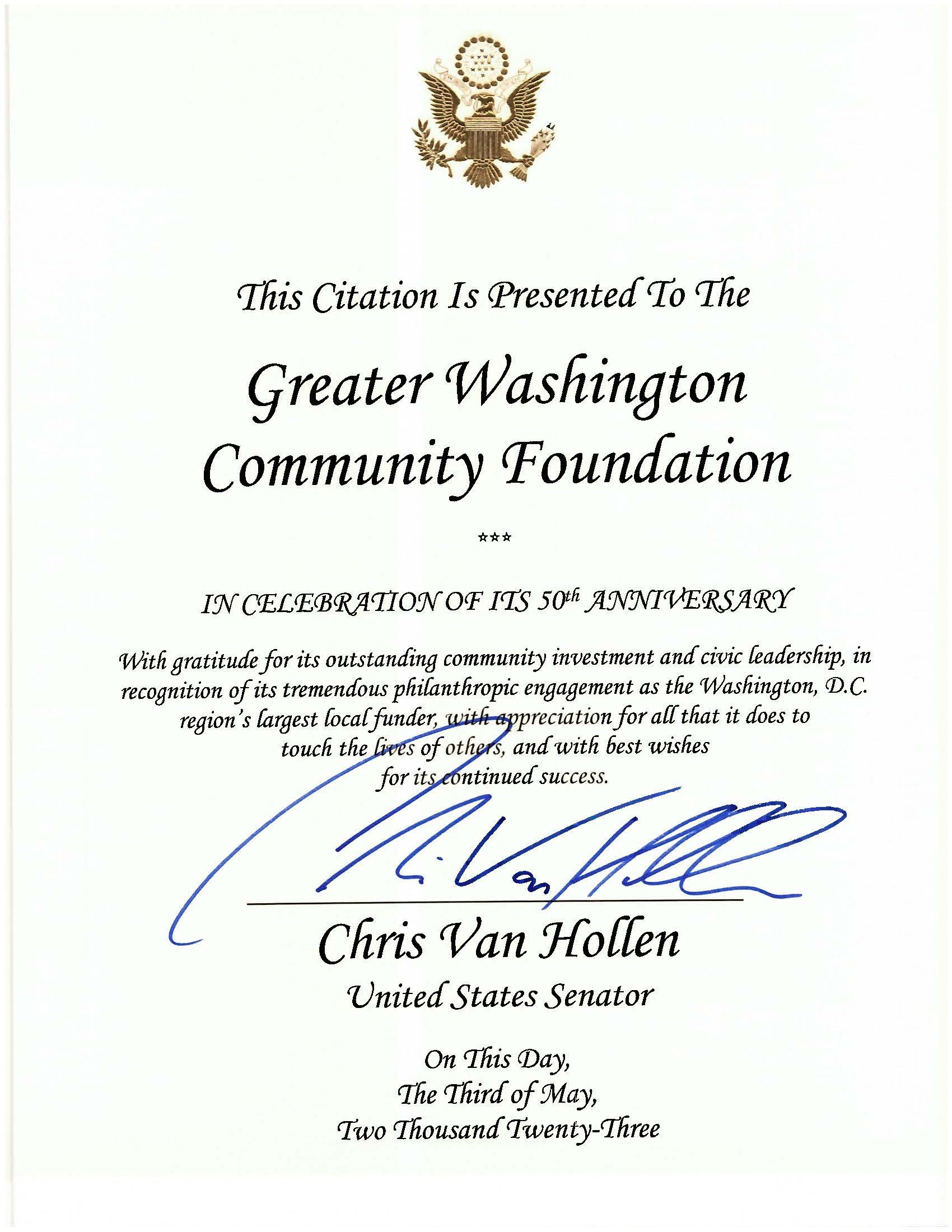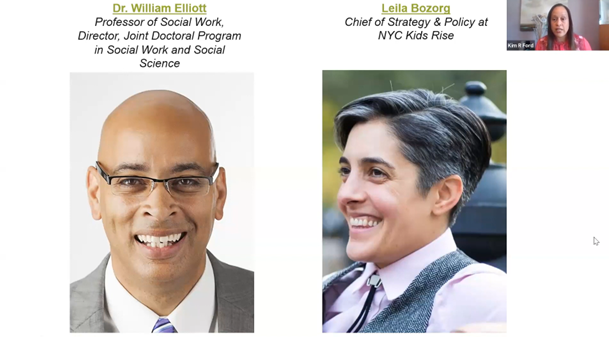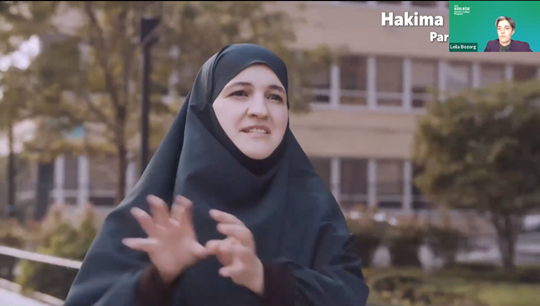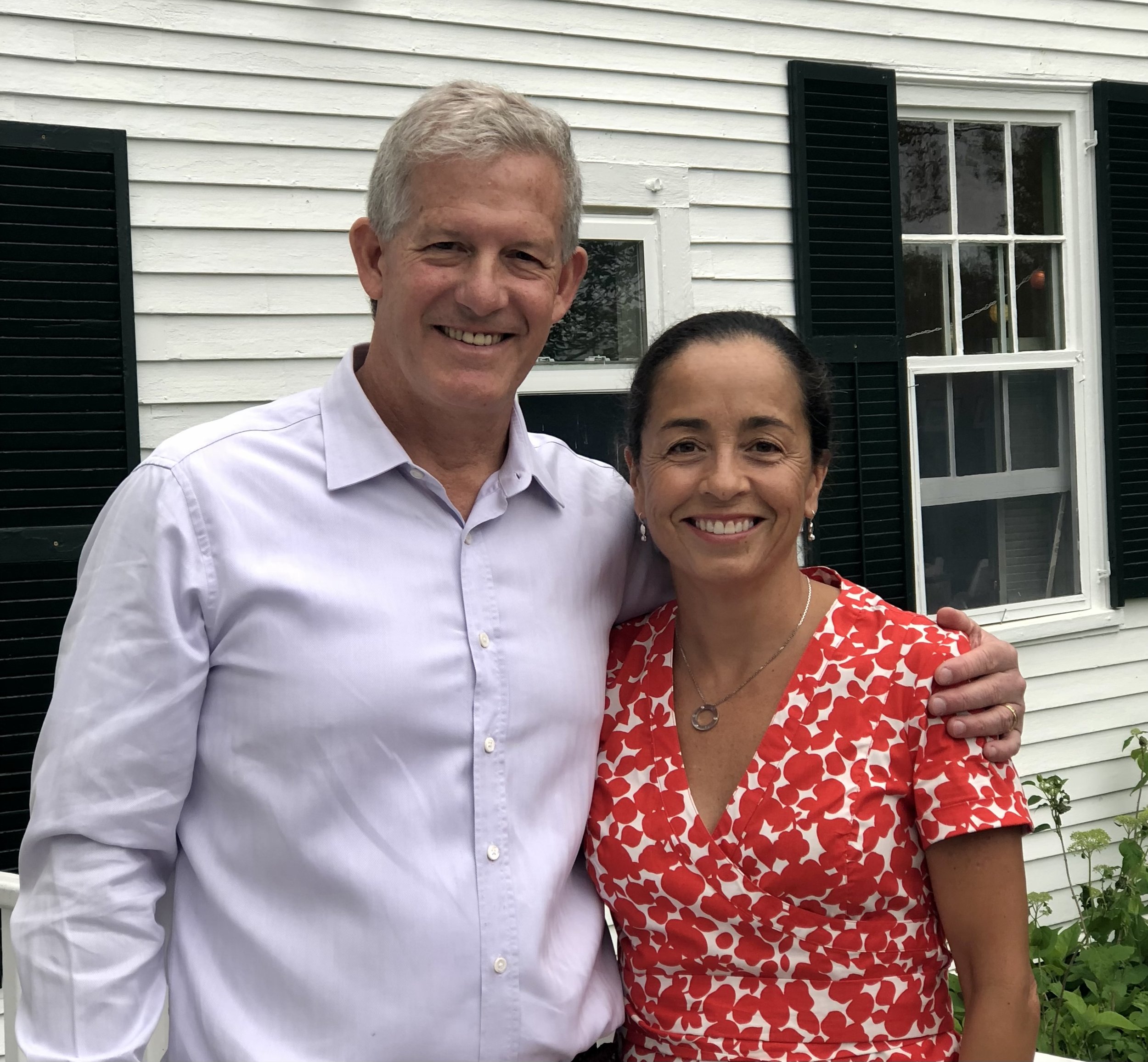In June, faith leaders from across the region gathered at Reid Temple AME Church in Glendale, MD for the 2nd Annual Faith & Philanthropy Forum. The event convened faith and philanthropic leaders for an intimate conversation about their work, economic mobility, and the importance of closing our region’s racial wealth gap.
The program was divided into two thought-provoking sessions. The morning session examined how The Community Foundation and faith leaders can better collaborate to advance economic mobility and close the racial wealth gap in the most economically challenged neighborhoods in Prince George’s County.
“As faith and philanthropy leaders, there are so many intersections in the work that we do,” Tonia Wellons, President & CEO of The Community Foundation shared. “That’s why it’s so important to meet together and talk about where we are.”
“We recognize that we have a stronger ability to make a deeper impact when Faith and Philanthropy are strategically aligned.”
“We have to look at the strengths of the church when it comes to economic mobility,” Rev. Mark Whitlock, Pastor of Reid Temple AME Church shared. “The church has potential for exponential impact – above and beyond its programmatic impact.”
Rev. Mark Whitlock, Pastor of Reid Temple AME Church
Rev. Whitlock and other faith leaders have long been heavily involved in economic mobility initiatives in the region – particularly in Prince George’s County - serving both as advocates and valuable community partners. The morning session offered them a chance to share ideas and insights into how to continue that work.
“As faith leaders, we have a valuable role – not only as leaders; but also as innovators and disruptors in social change,” Ronnie Galvin – an ordained minister and Senior Fellow at The Community Foundation shared, as he outlined some of The Community Foundation’s ongoing and upcoming initiatives for social change.
Faith leaders were then invited to formally submit their ideas for innovative partnerships that could create economic justice in the Prince George’s County. The Foundation will be receiving these proposals over the summer and will begin vetting them in Fall 2023.
“Think about the ministry and the work that you’re called to – where would you show up within this framework – and how can we work together to take it to the next level? And what would that look like?”
One aspect of that ‘next level’ revolves around a subject that has garnished a lot of local and national attention in recent months – that of reparations.
““Reparations is more than just fixing people’s problems. Reparations is about addressing the behaviors, habits, and systems that caused those problems in the first place.””
“This is an opportunity for us to reframe how people think about reparations,” Sara
Brenner, Executive Director of the Jewish Community Foundation shared in the afternoon session. “We know how important this work is. How can we change hearts and minds and systems to help make it happen?”
Co-hosted by the Jewish Community Foundation, the afternoon session convened Christian and Jewish faith leaders from across the region to help set a baseline understanding of reparative justice through the lens of faith traditions. Professor Anthony Cook, Professor of Law at Georgetown Law and the founder of the Coalition for Racial and Democratic Economy was the keynote speaker.
“Reparations is more than just fixing people’s problems,” Professor Cook explained. “Reparations is about addressing the behaviors, habits, and systems that caused those problems in the first place.”
Professor Cook explained that part of getting to the heart of the issue of reparations requires understanding the difference between restorative justice and reparative justice.
“Restorative justice focuses on restoring something to an earlier or pre-existing condition through compensation and acknowledgement of harm,” Professor Cook said. “Reparative Justice acknowledges that that is just one element in a larger spectrum.”
“We need to ask deeper questions about the system that is producing these results.”
Faith leaders listen as Professor Anthony Cook addresses the Faith & Philanthropy Forum via Zoom.
Professor Cook pointed out that “the charity service model” that has been embraced by faith and philanthropy leaders in decades past has “done Black and Brown communities a great disservice” by falling short of offering them meaningful, system-changing solutions to the issues they face.
He encouraged faith and philanthropy leaders to reexamine their efforts to ensure that “charity approaches to change are short-term, not long-term” and instead invest in bold systemic solutions that build community wealth.
Afterwards, Galvin asked faith leaders to share their thoughts on the discussion and the ways it resonates with the congregations they represent. The responses were overwhelmingly positive.
One pastor explained how they had already mobilized support for H.R. 40 – a bill on national reparations that was re-introduced in Congress in January. Another rabbi outlined how Holocaust survivors in his synagogue had received reparations from Germany, prompting discussions amongst the congregation about how parishioners could mobilize to help their neighbors in the African American community.
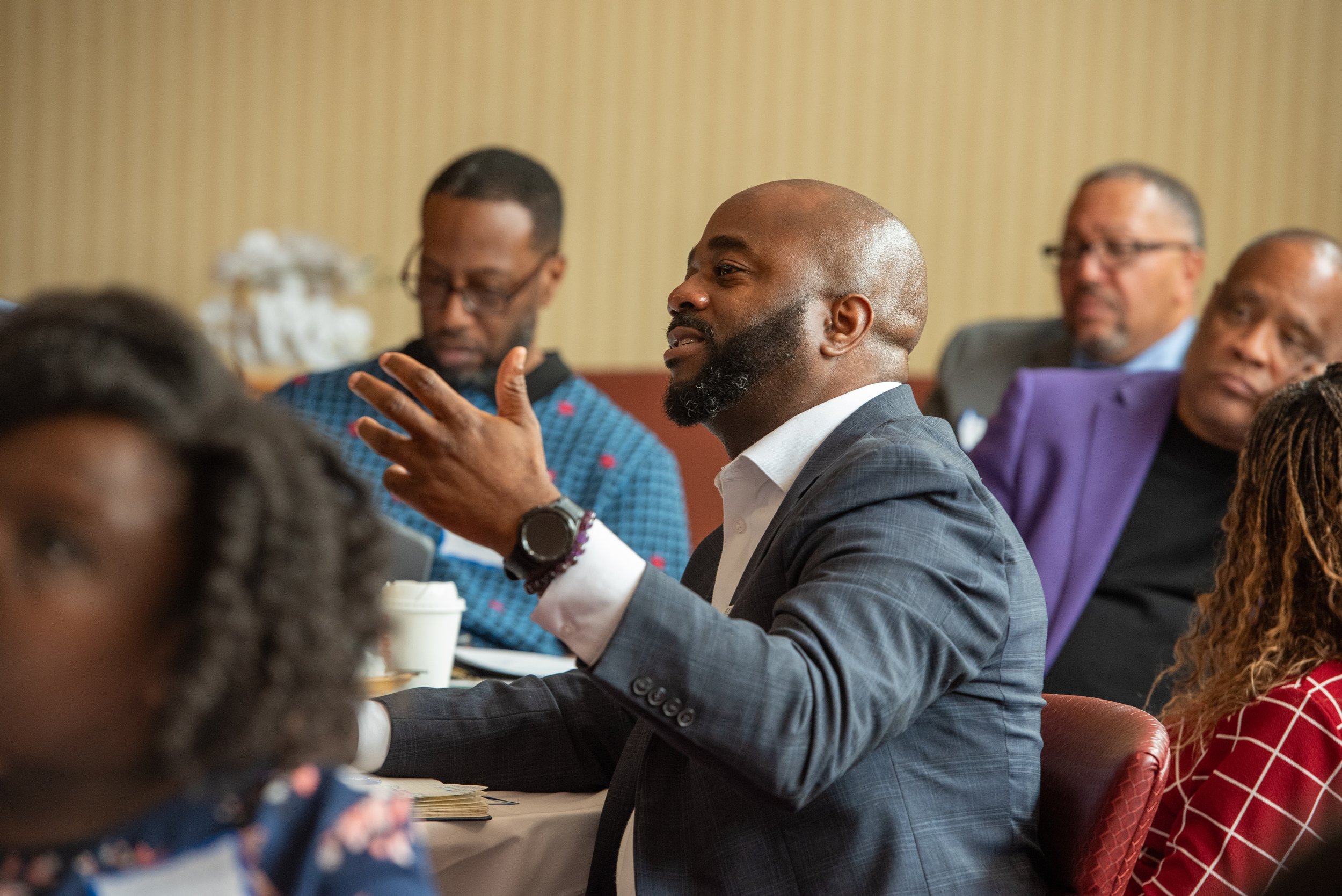
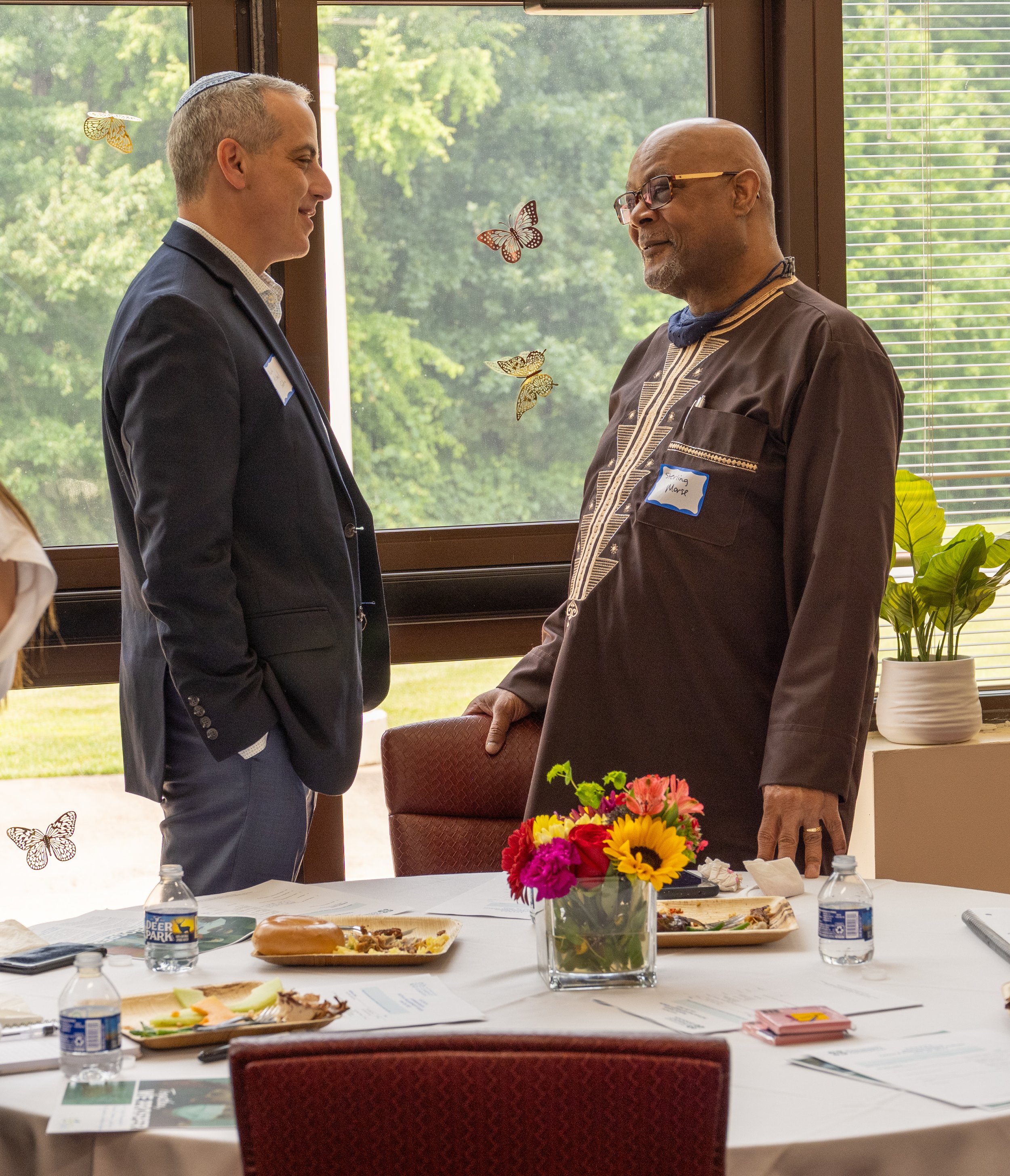
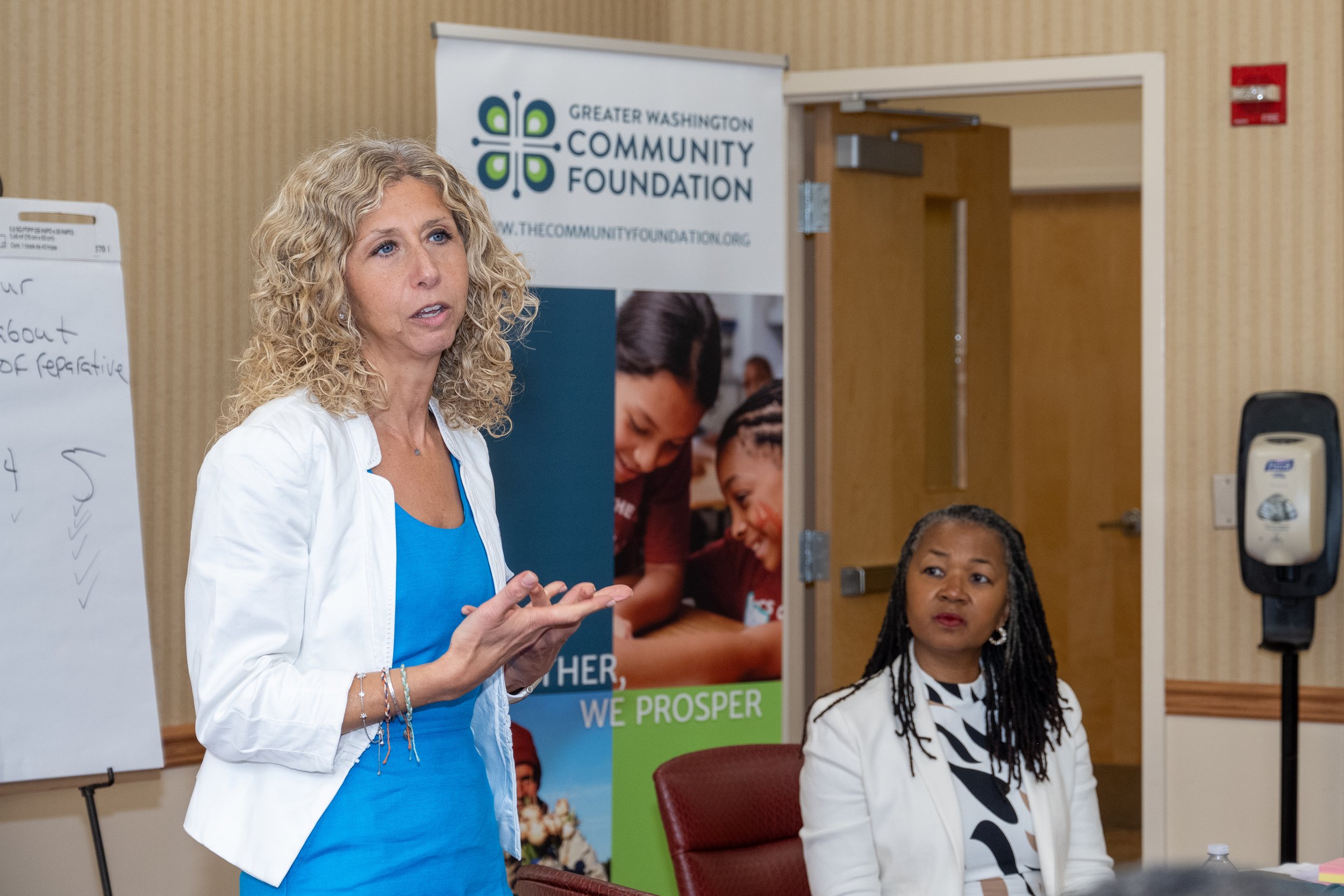
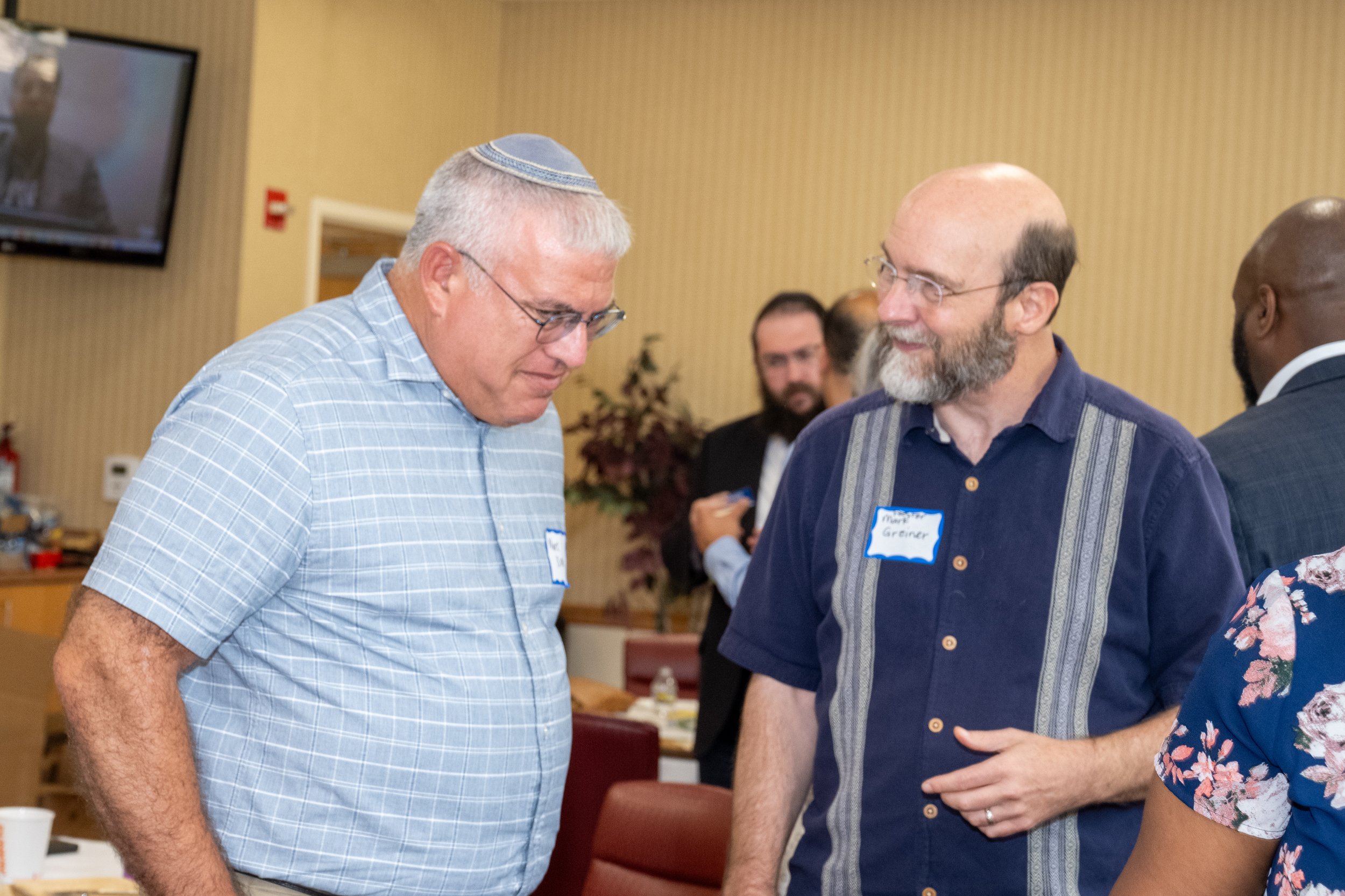
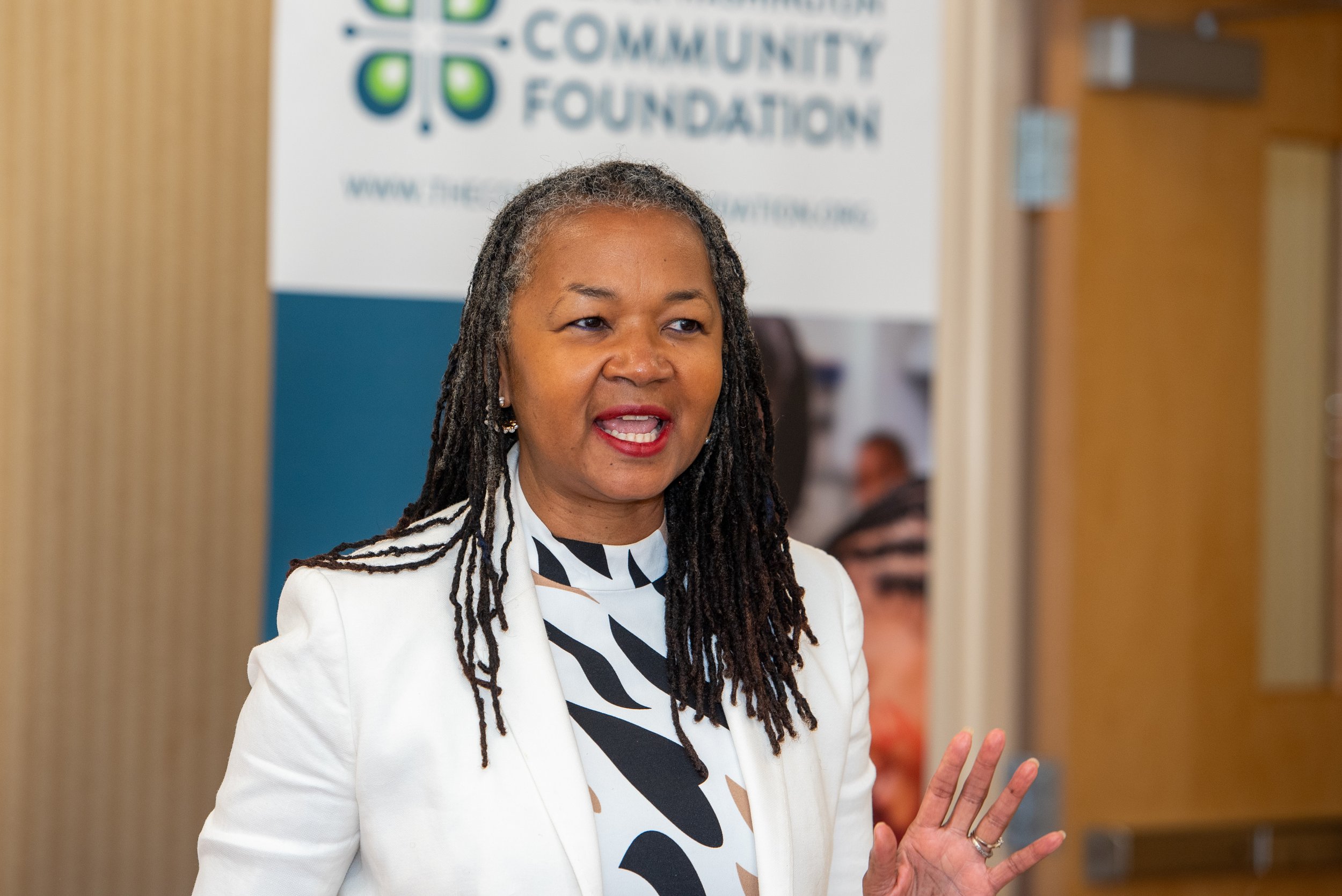
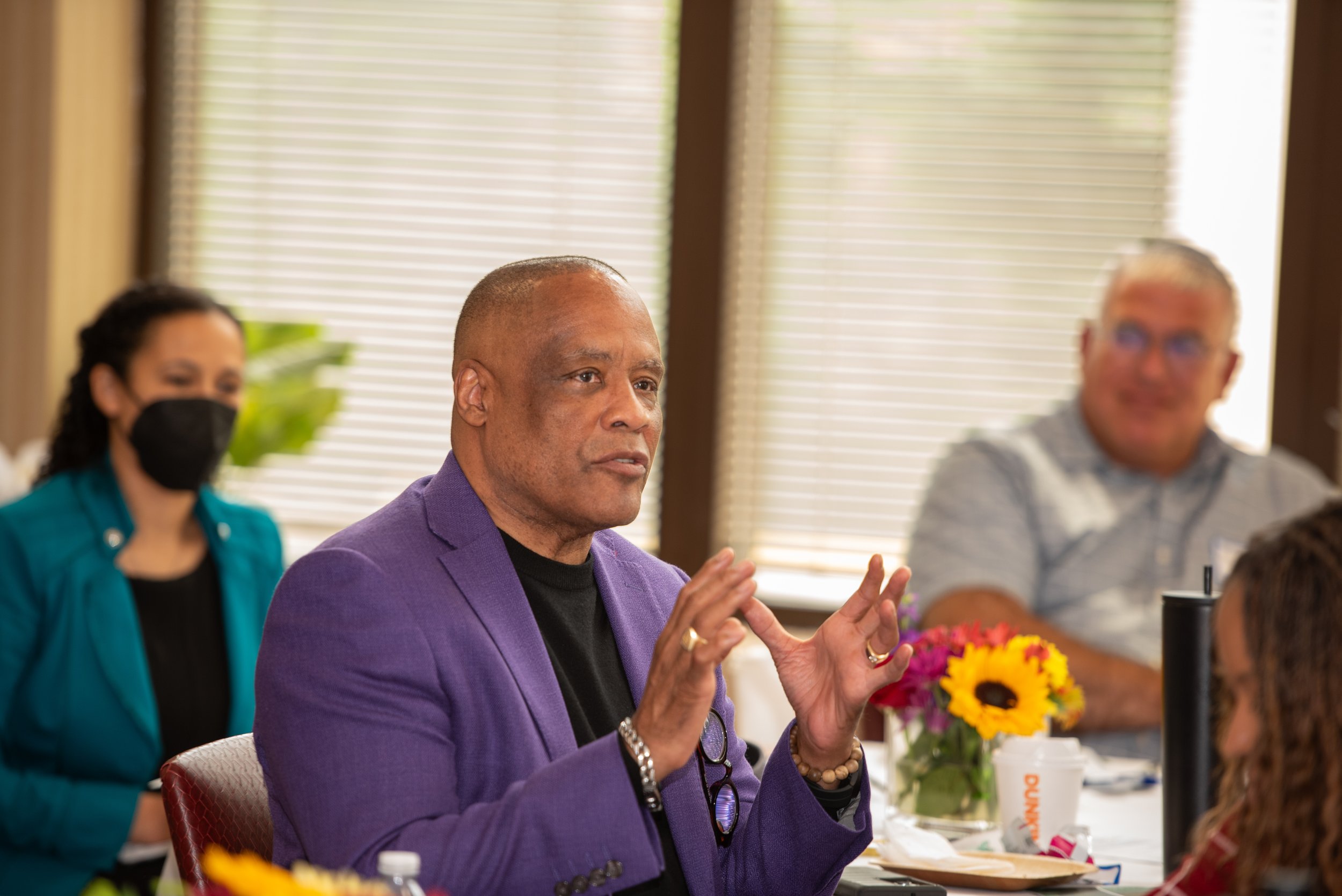
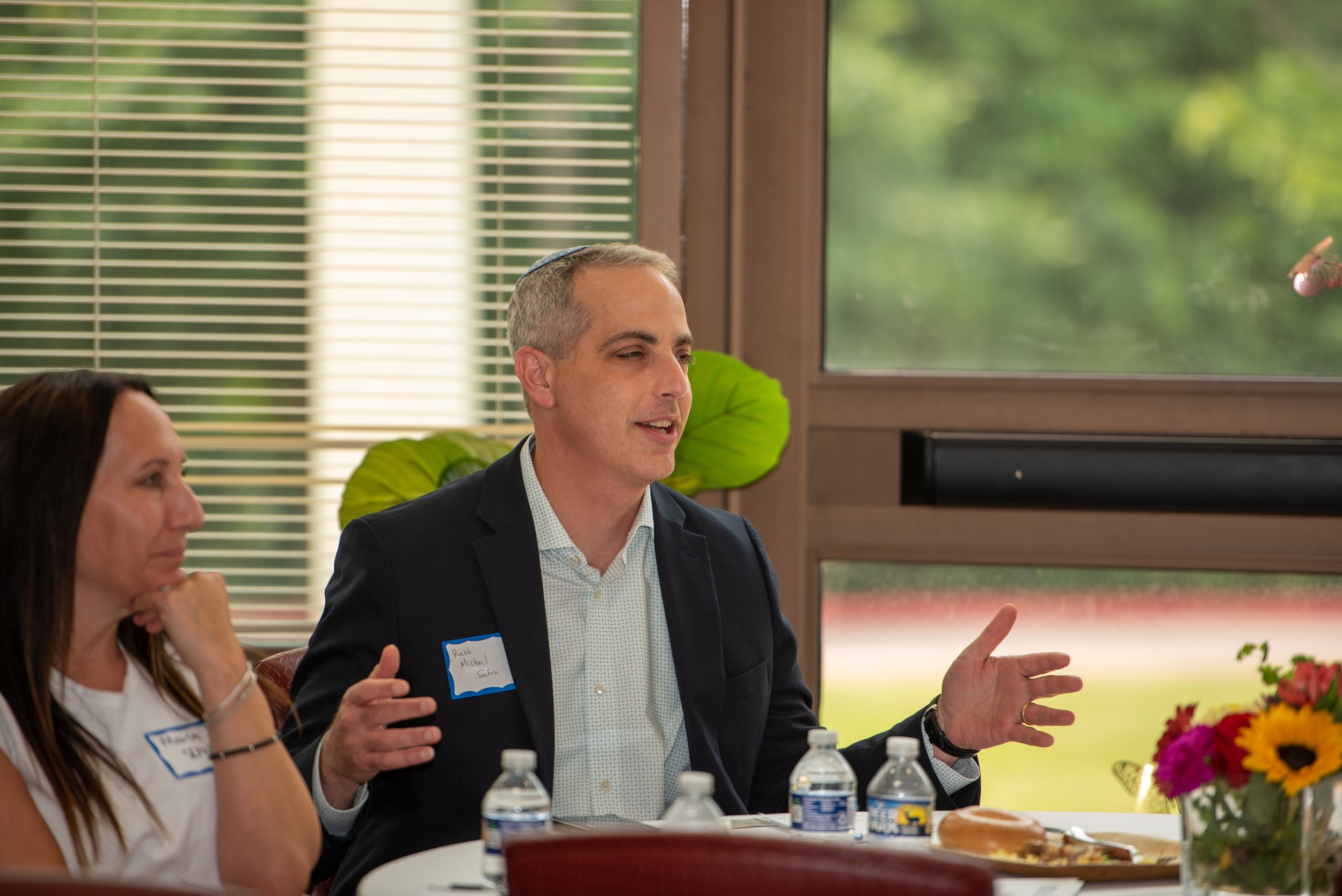
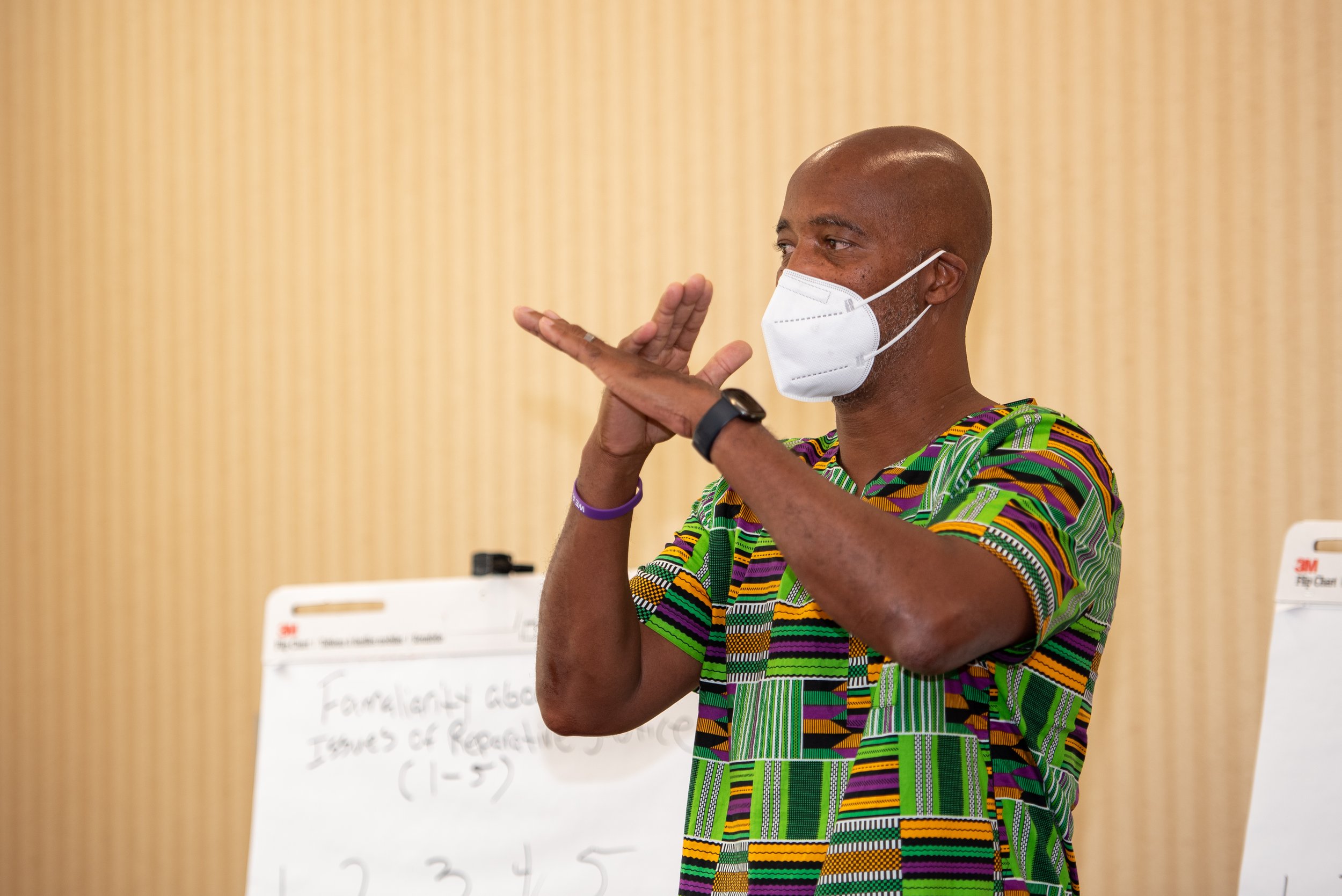
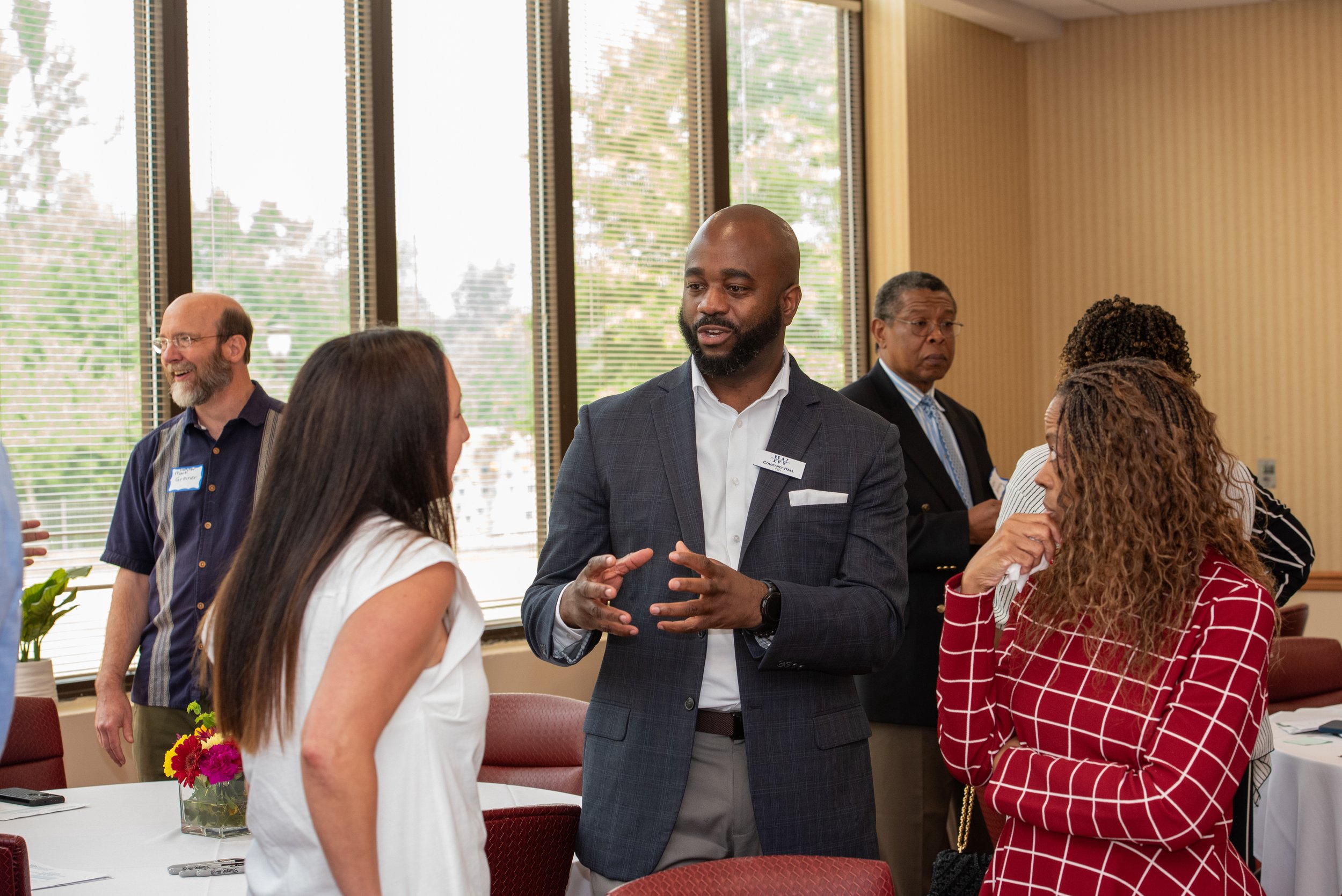
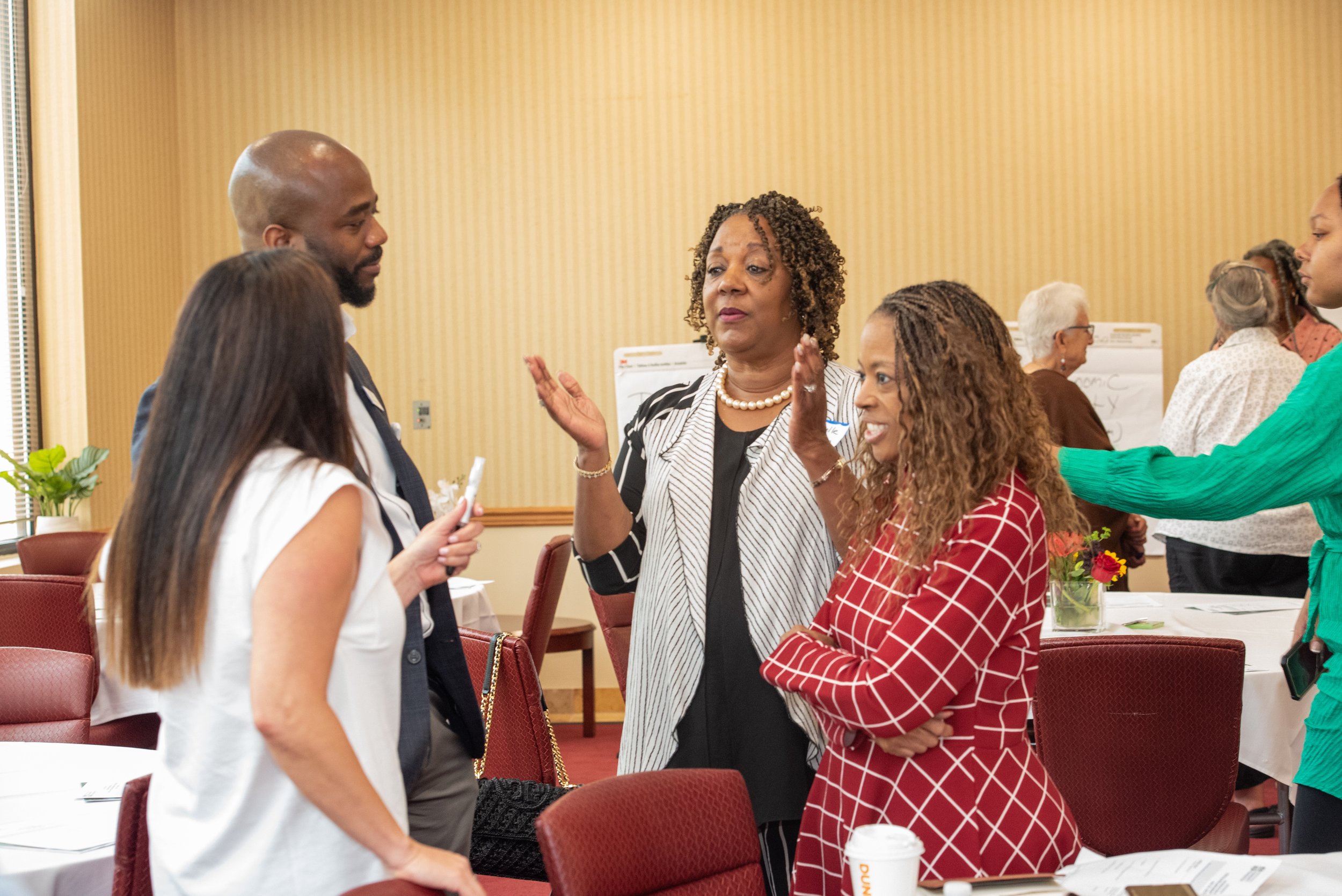
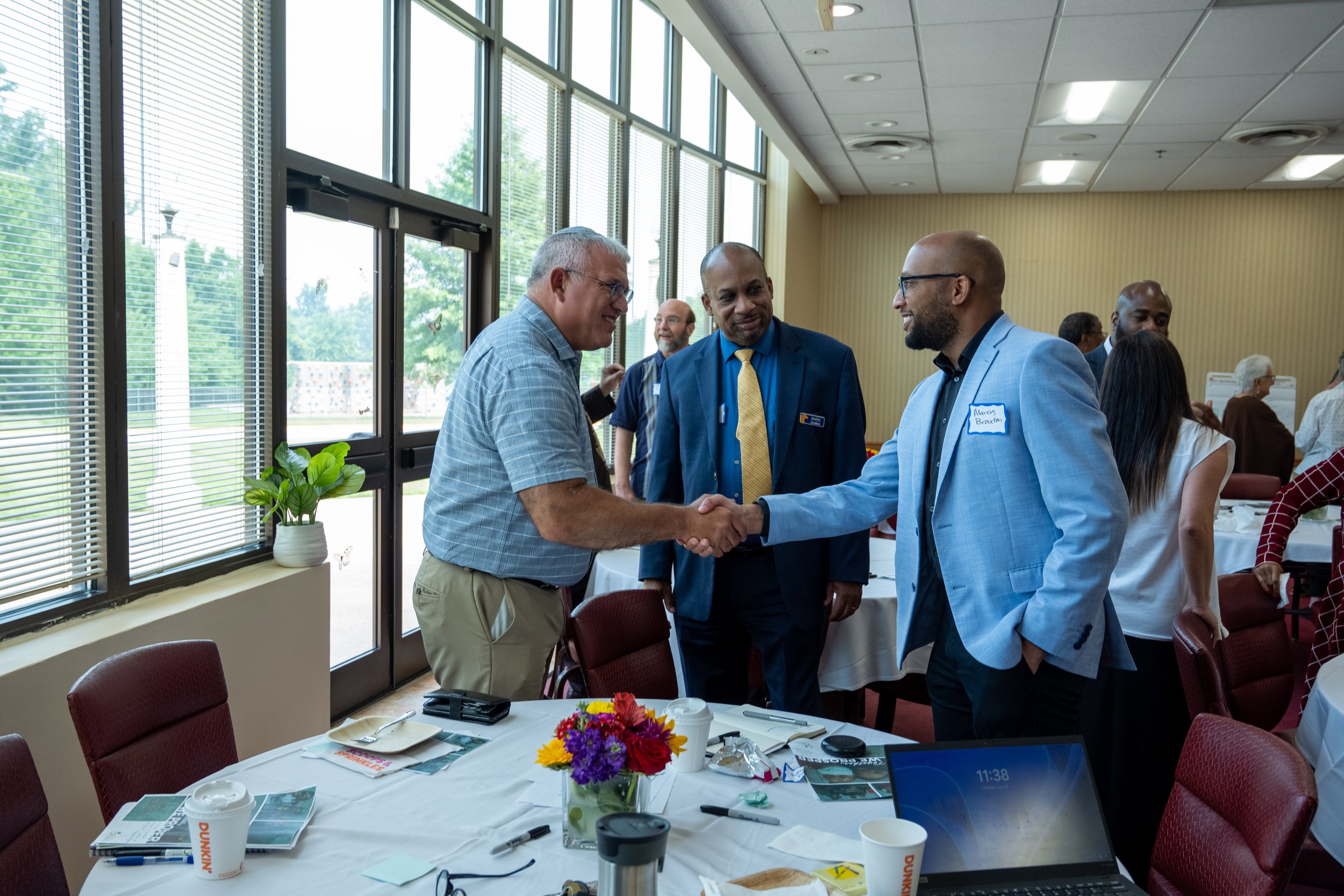
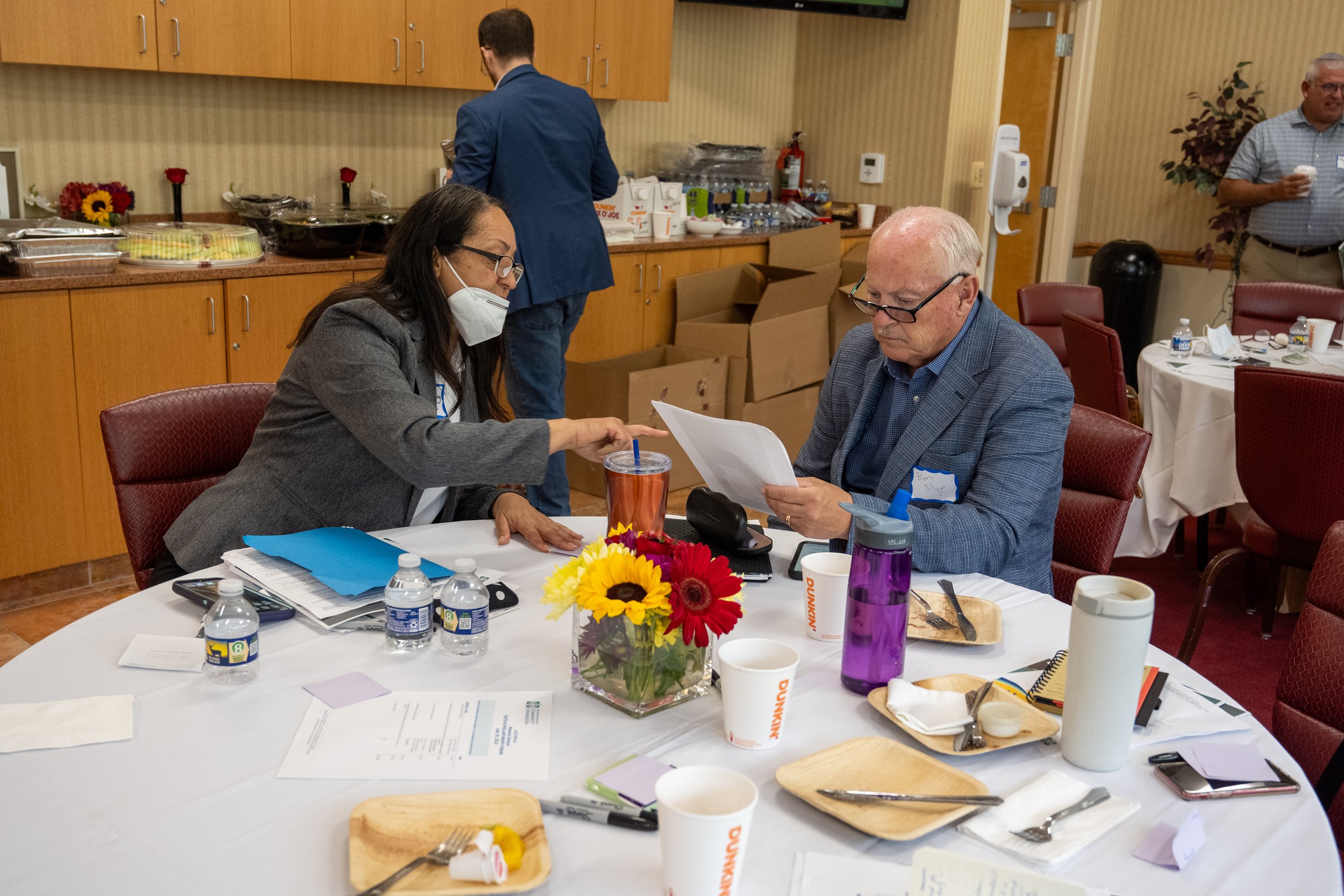
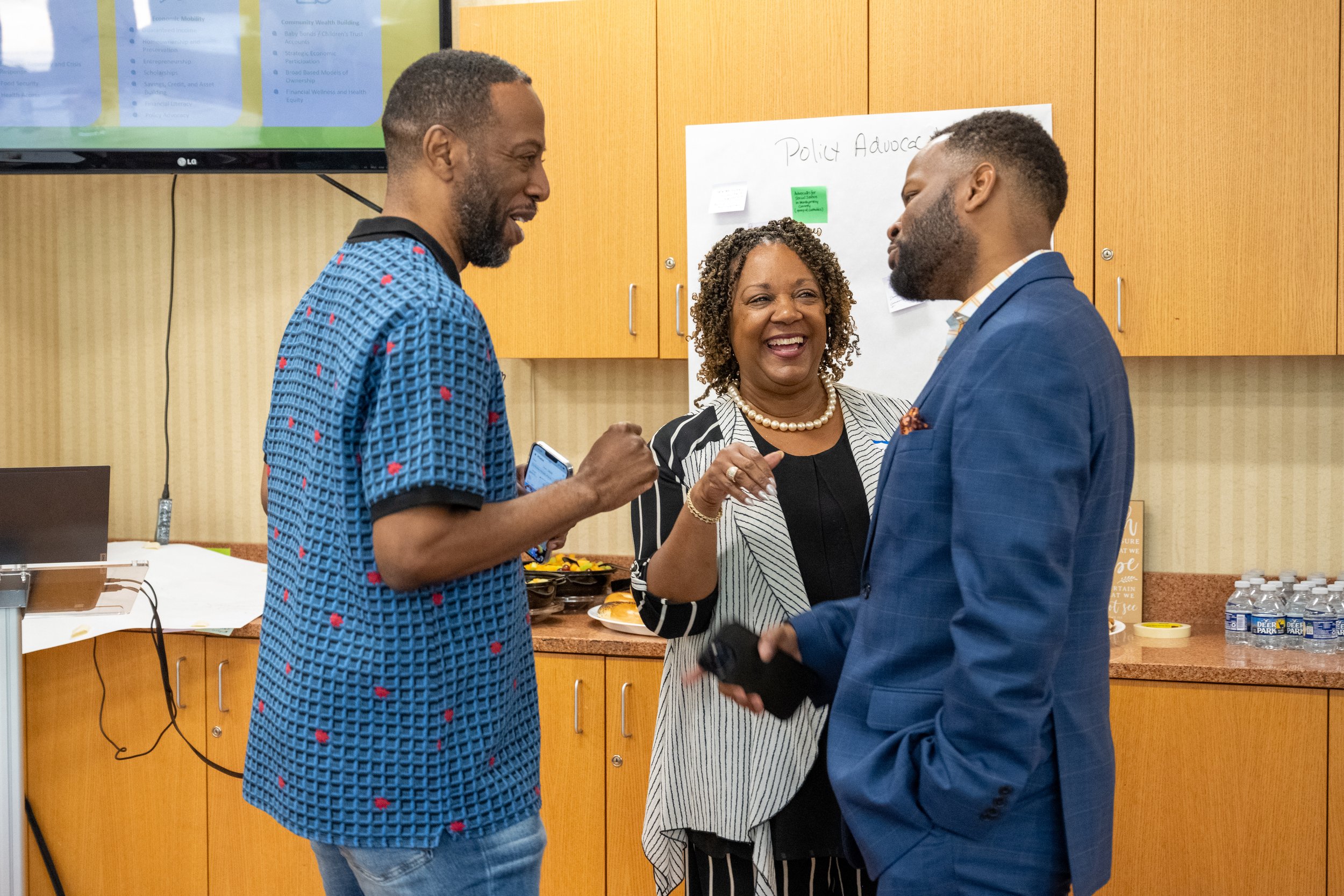
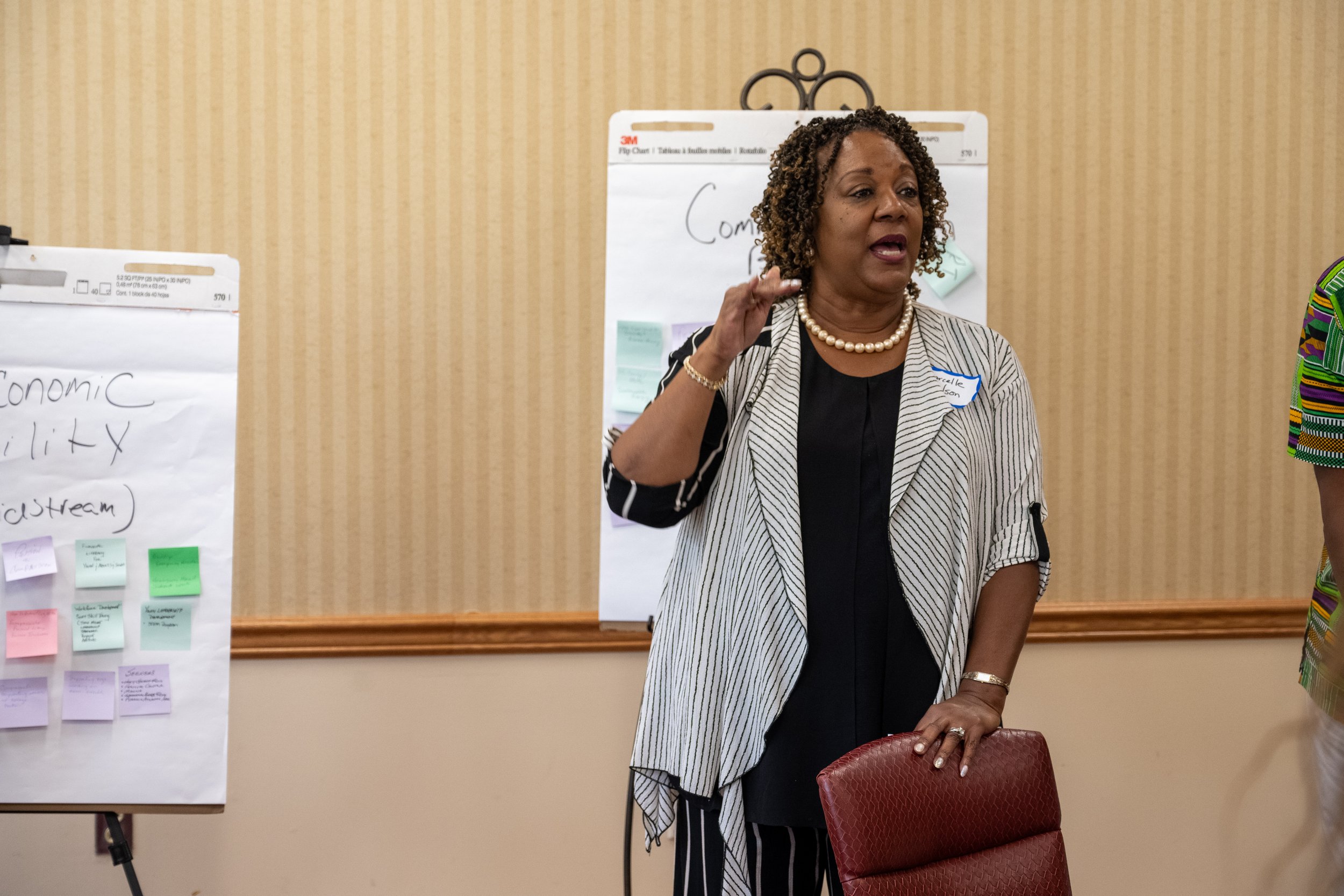
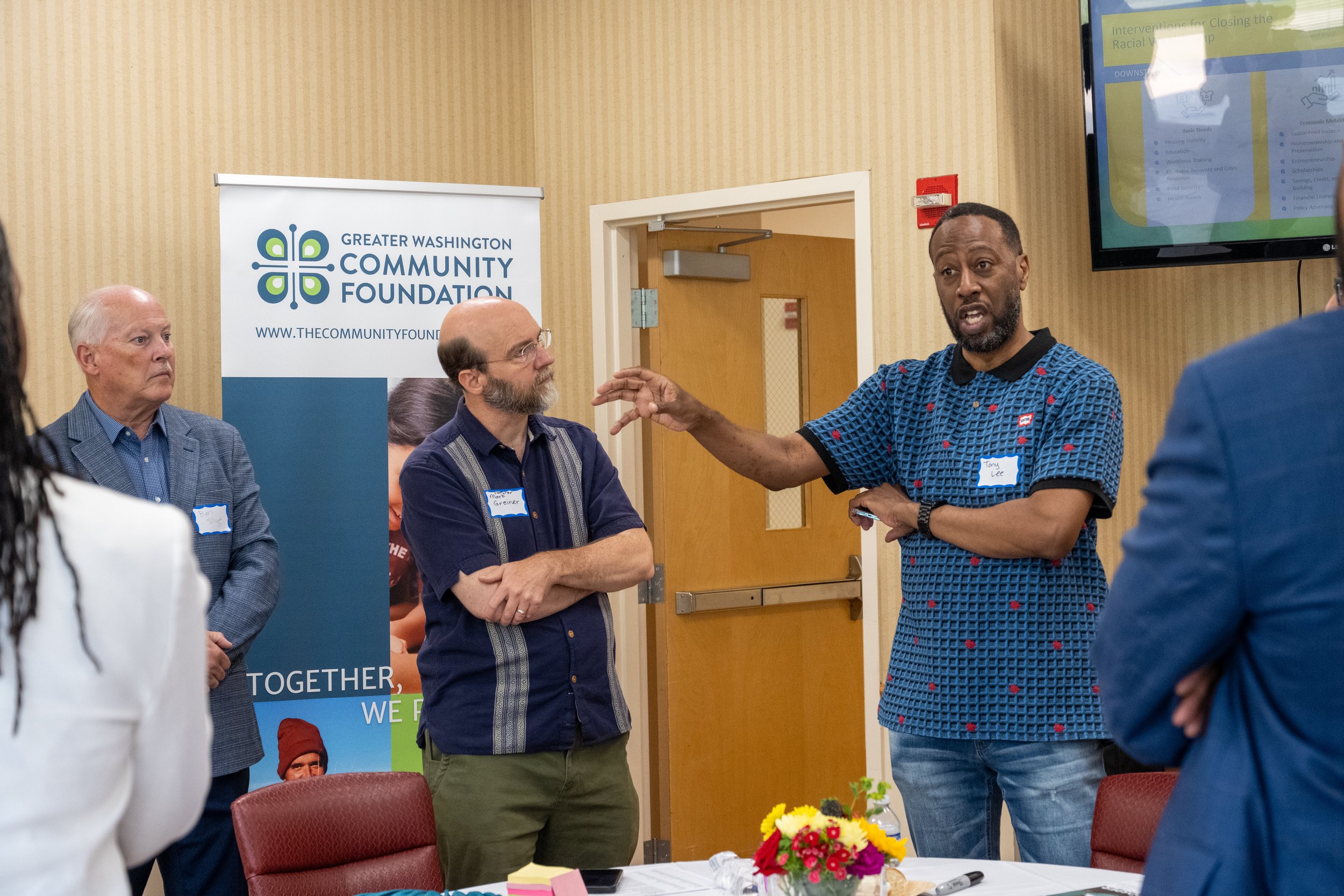
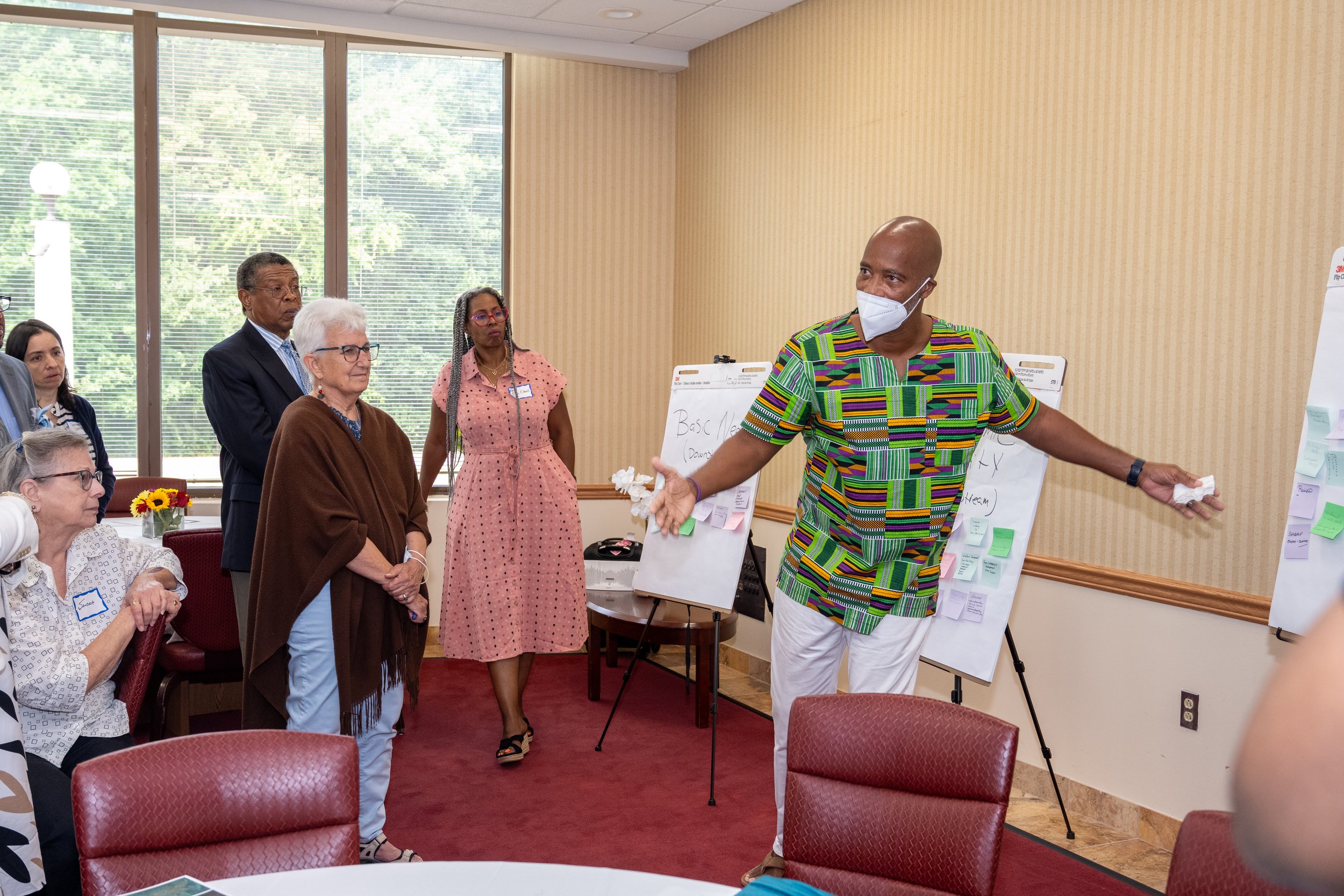
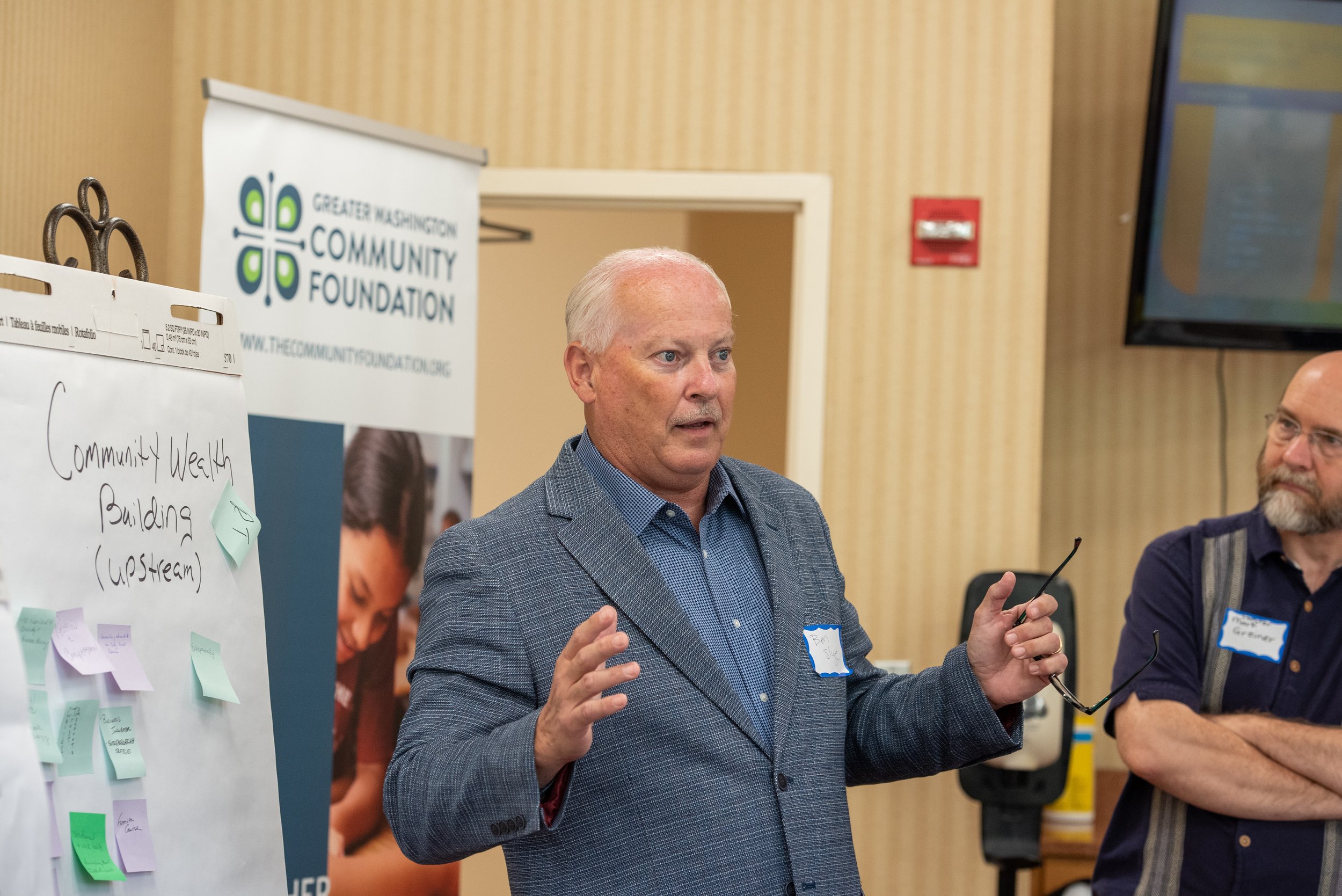
“Healing and repair are important aspects of the faith community,” Brenner shared. “For a long time those concepts have been separate from philanthropy.”
“That’s why it’s so important to create this forum where faith and philanthropy can align.”
To conclude the forum, Galvin shared a call to action in the form of a thought-provoking quote from the Civil Rights legend John Lewis, who paraphrased a prominent Jewish leader when he said:
“If not us, then who?”
“If not now, then when?”
Click here to see photos from the 2nd Annual Faith & Philanthropy Forum!








